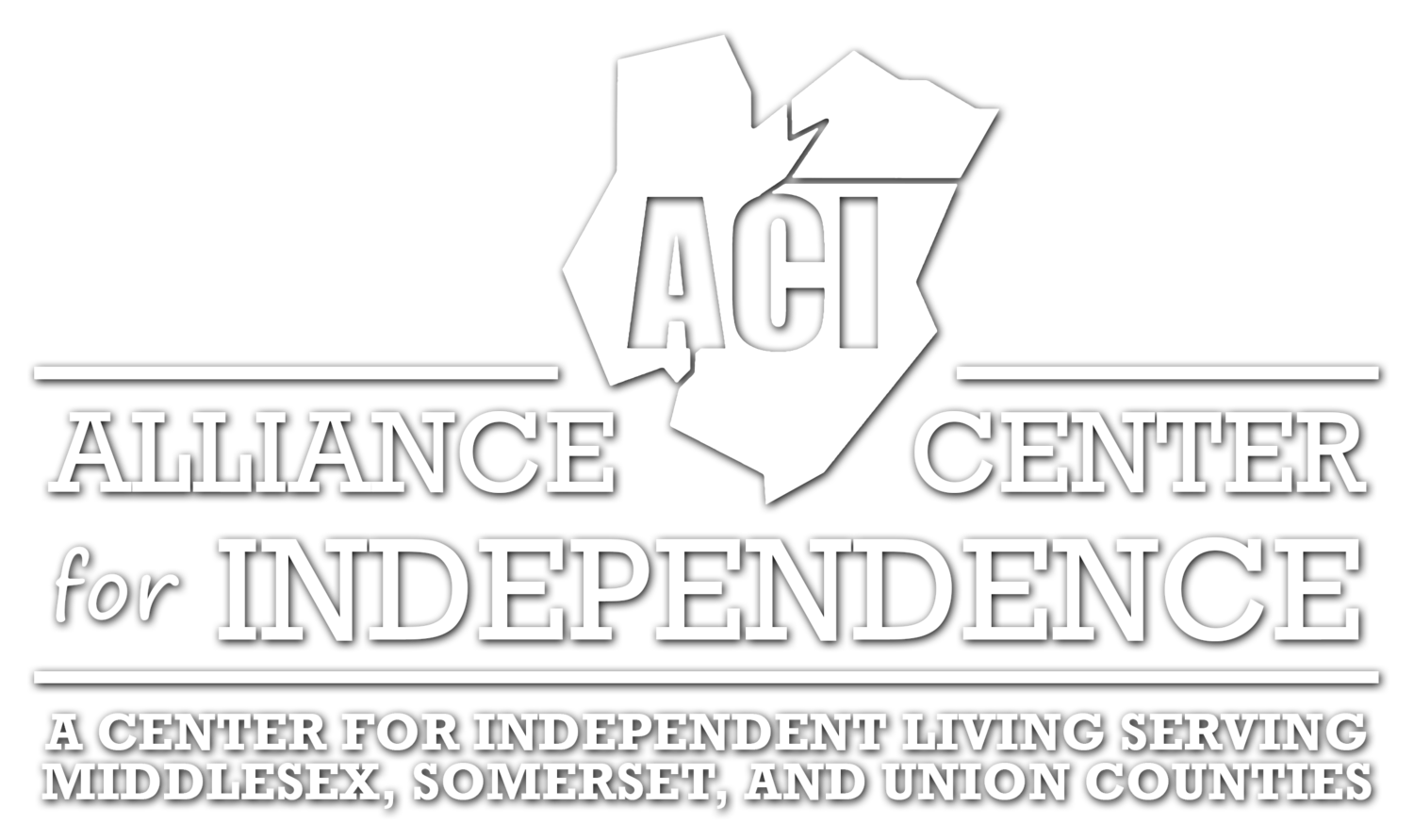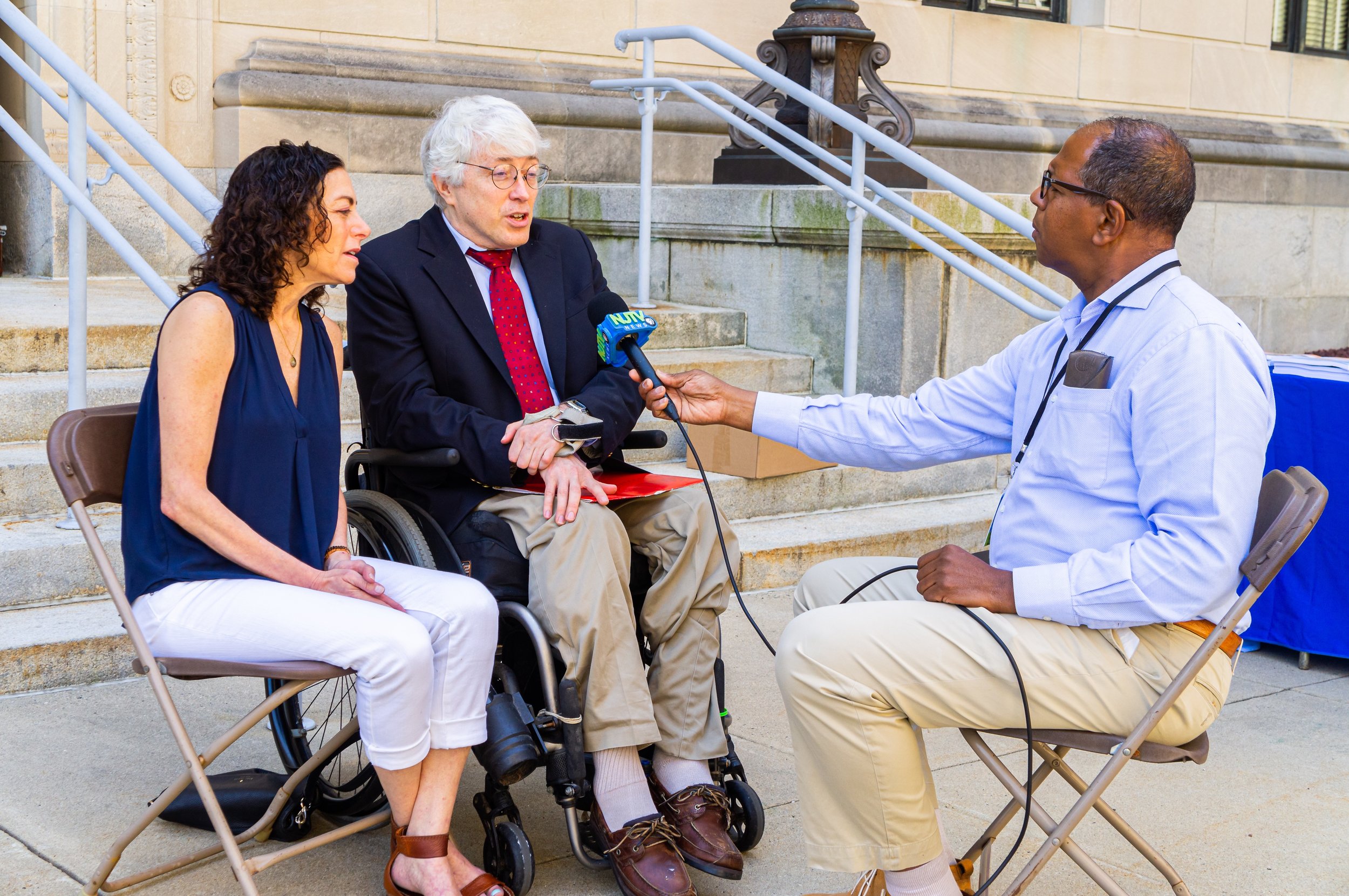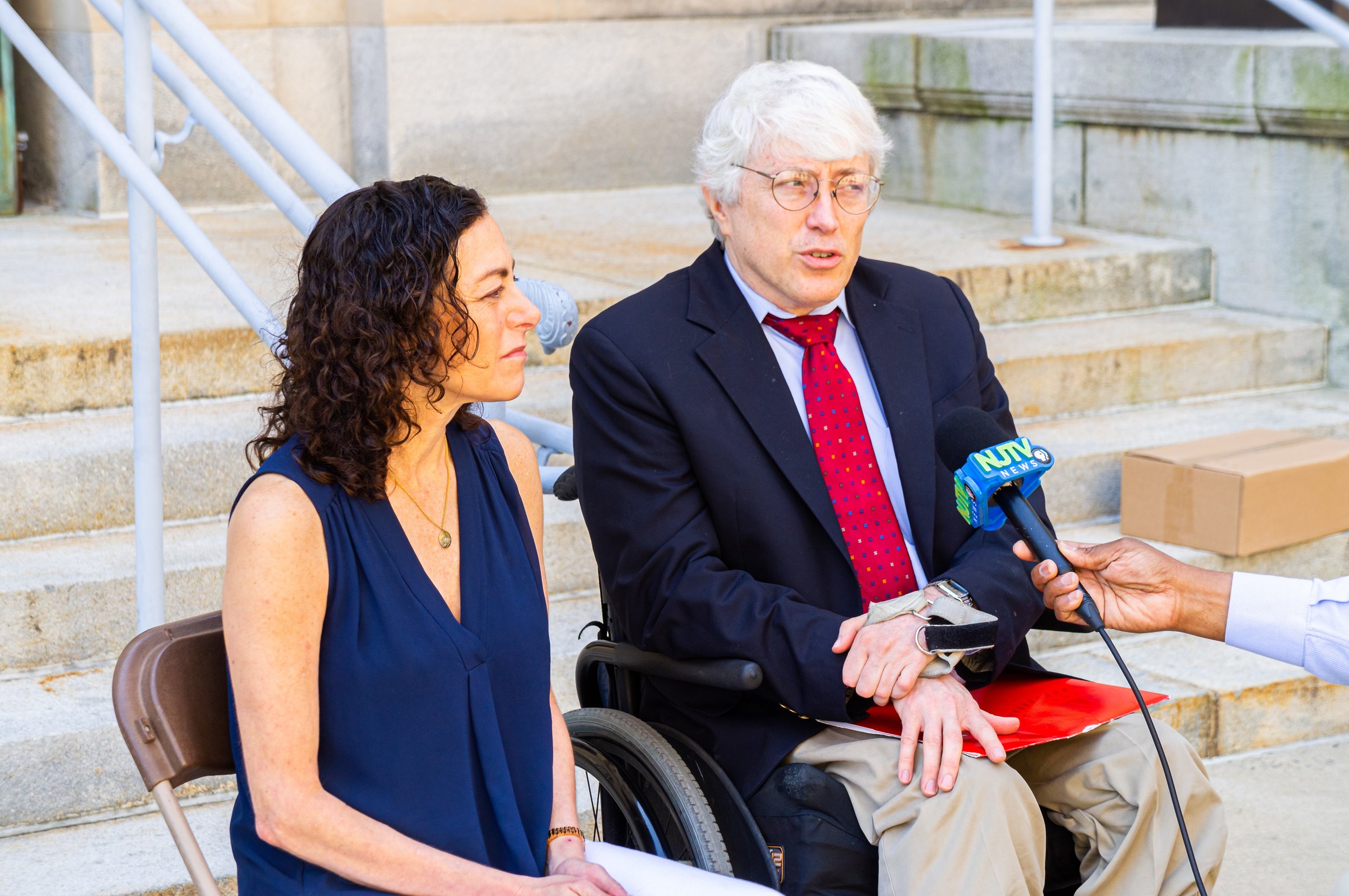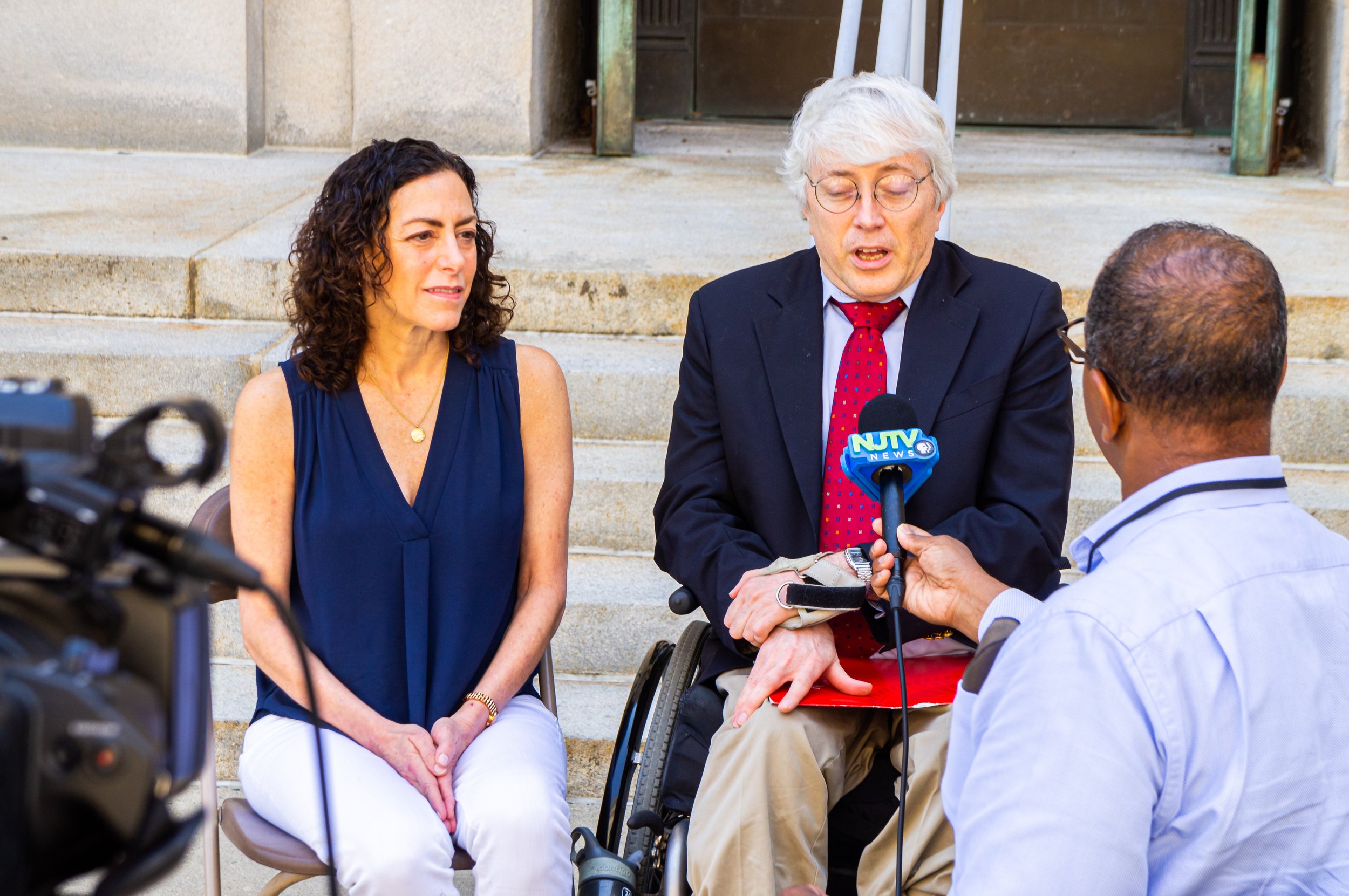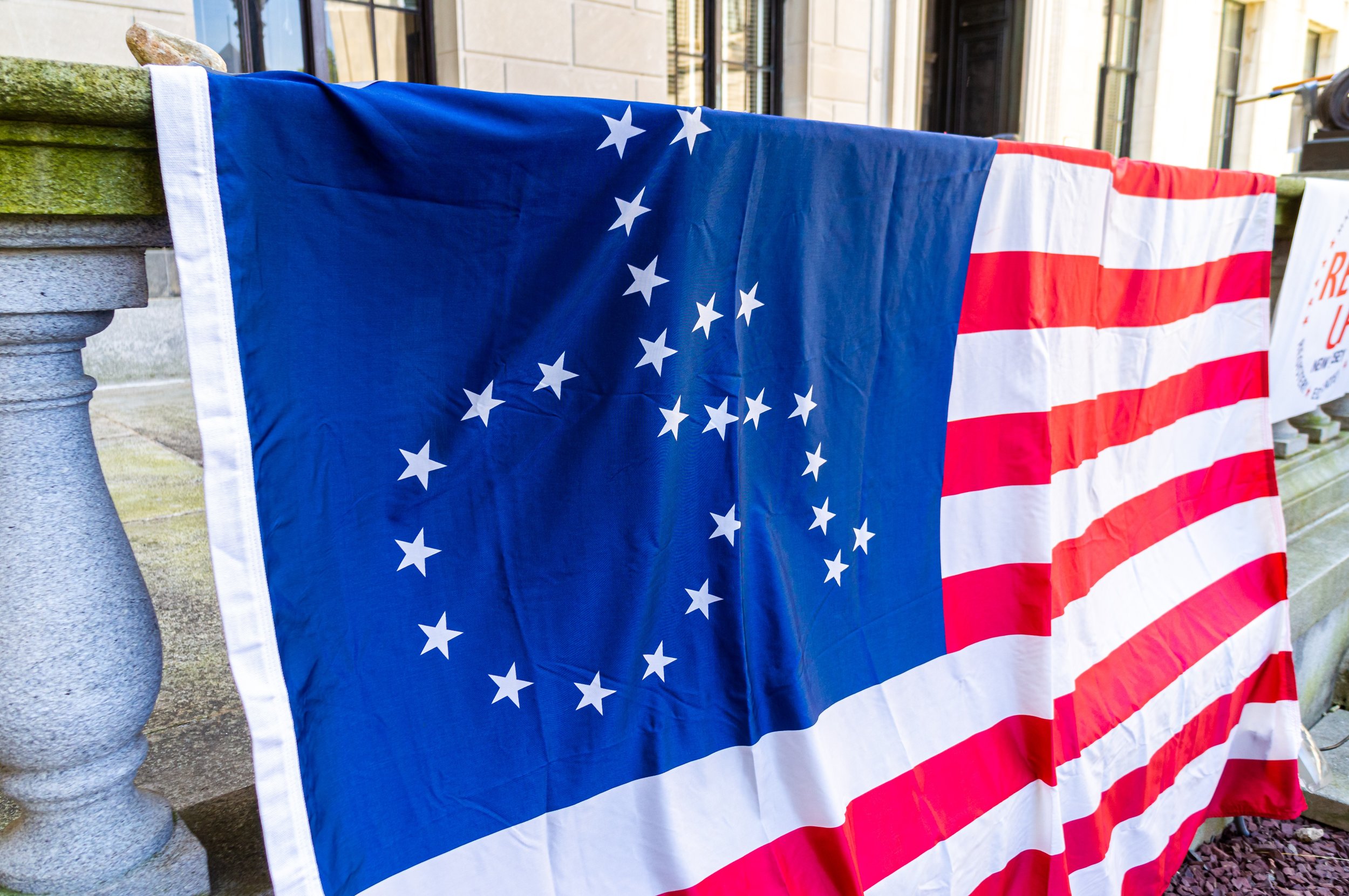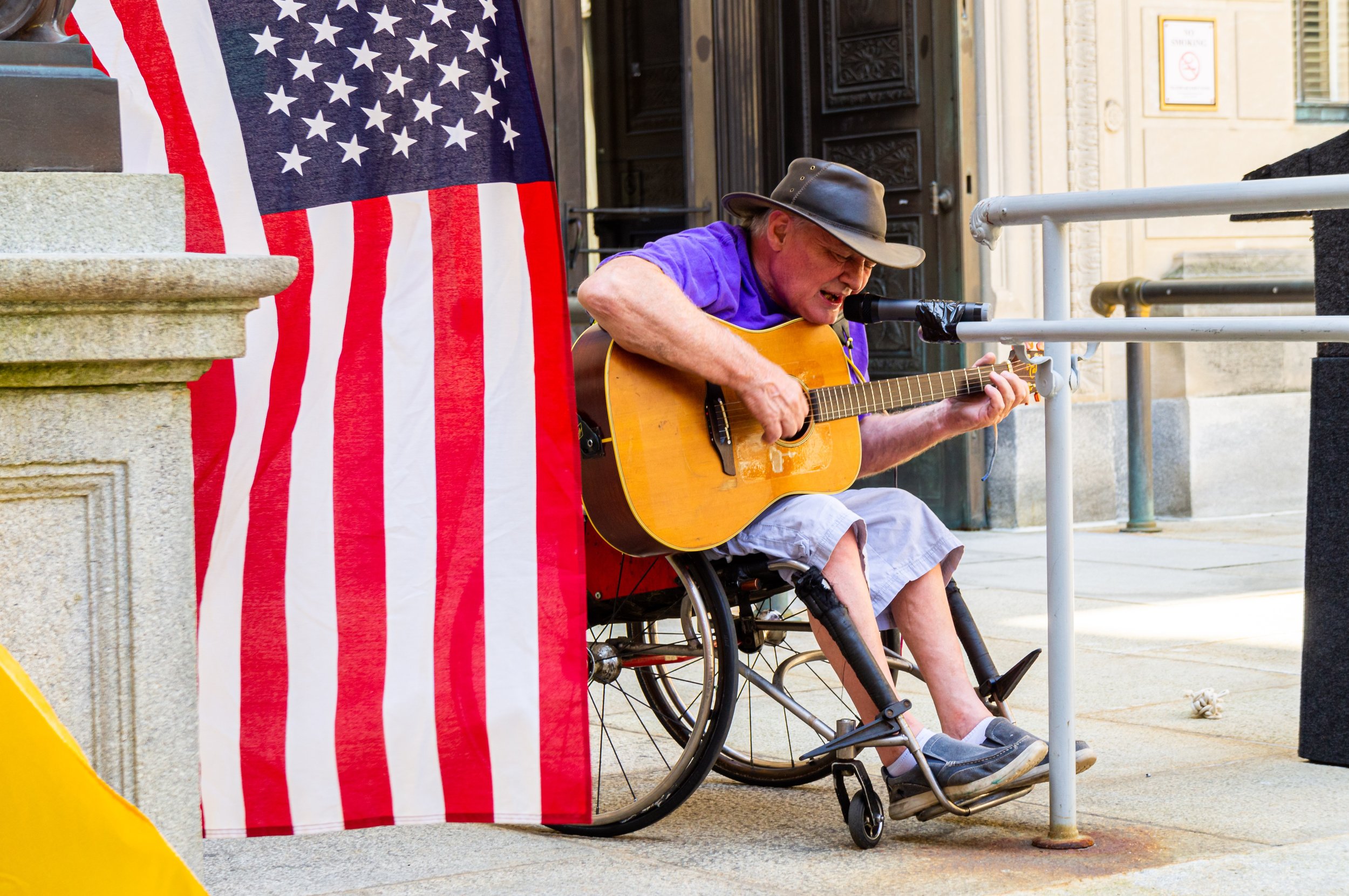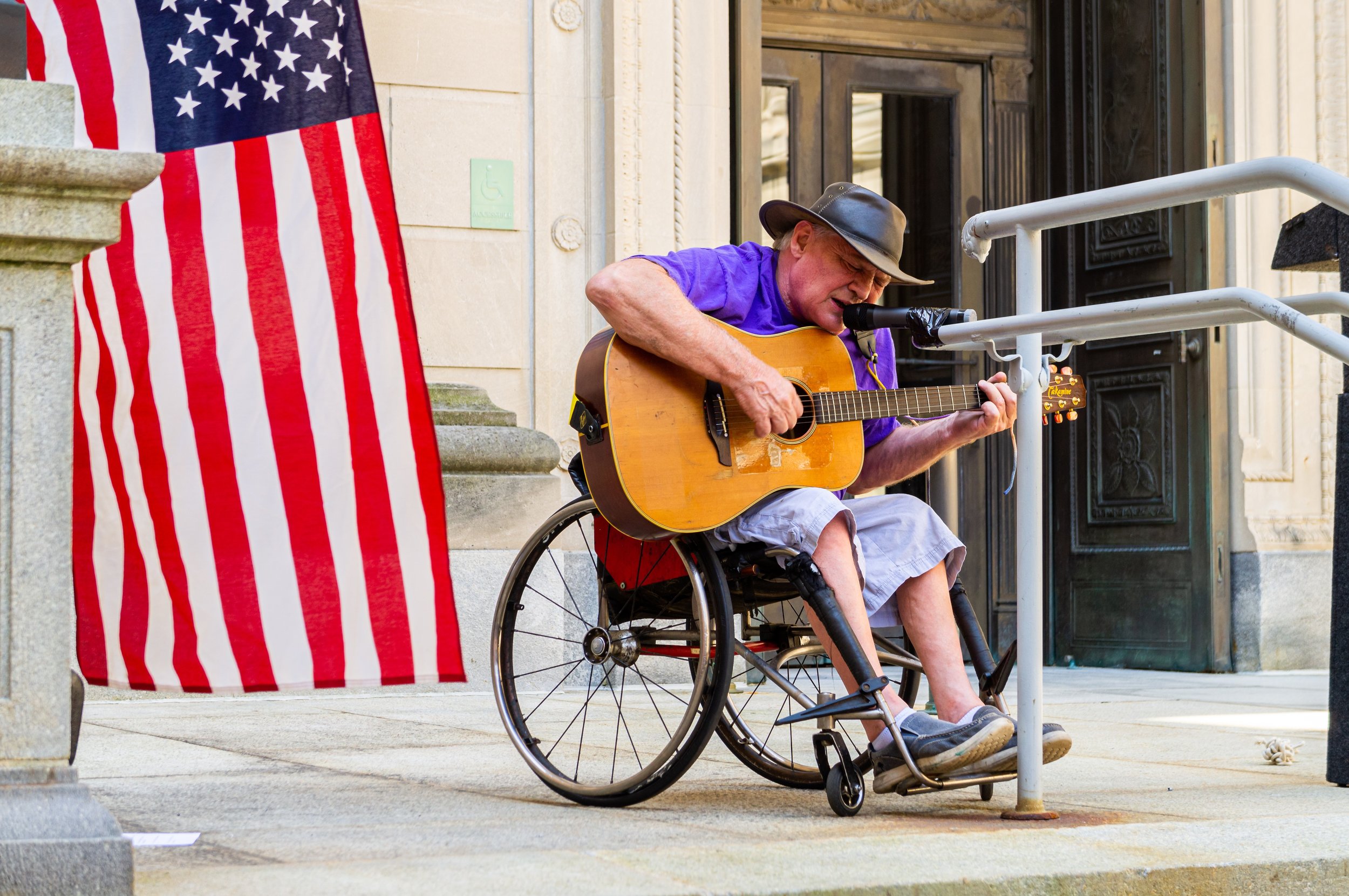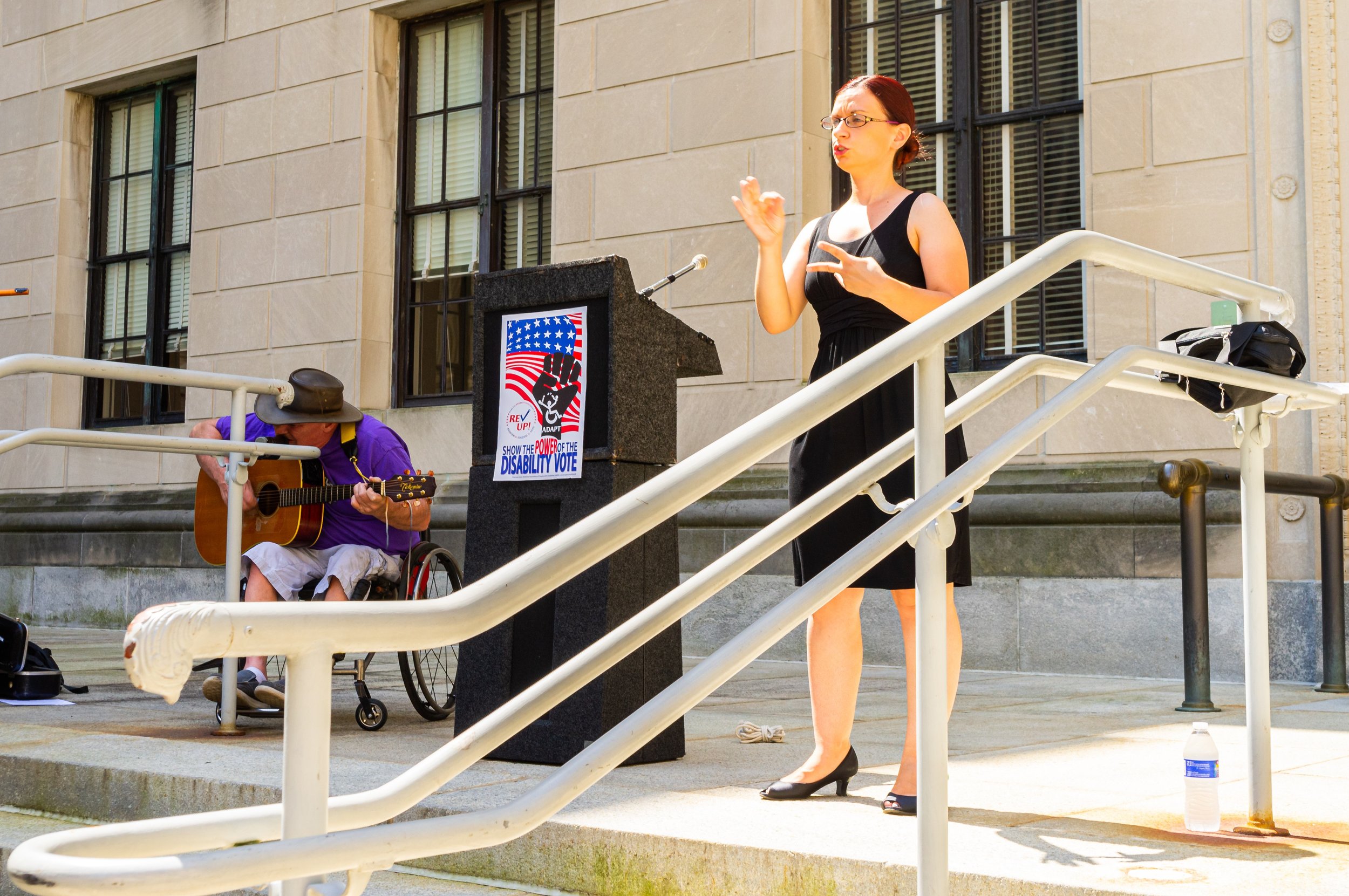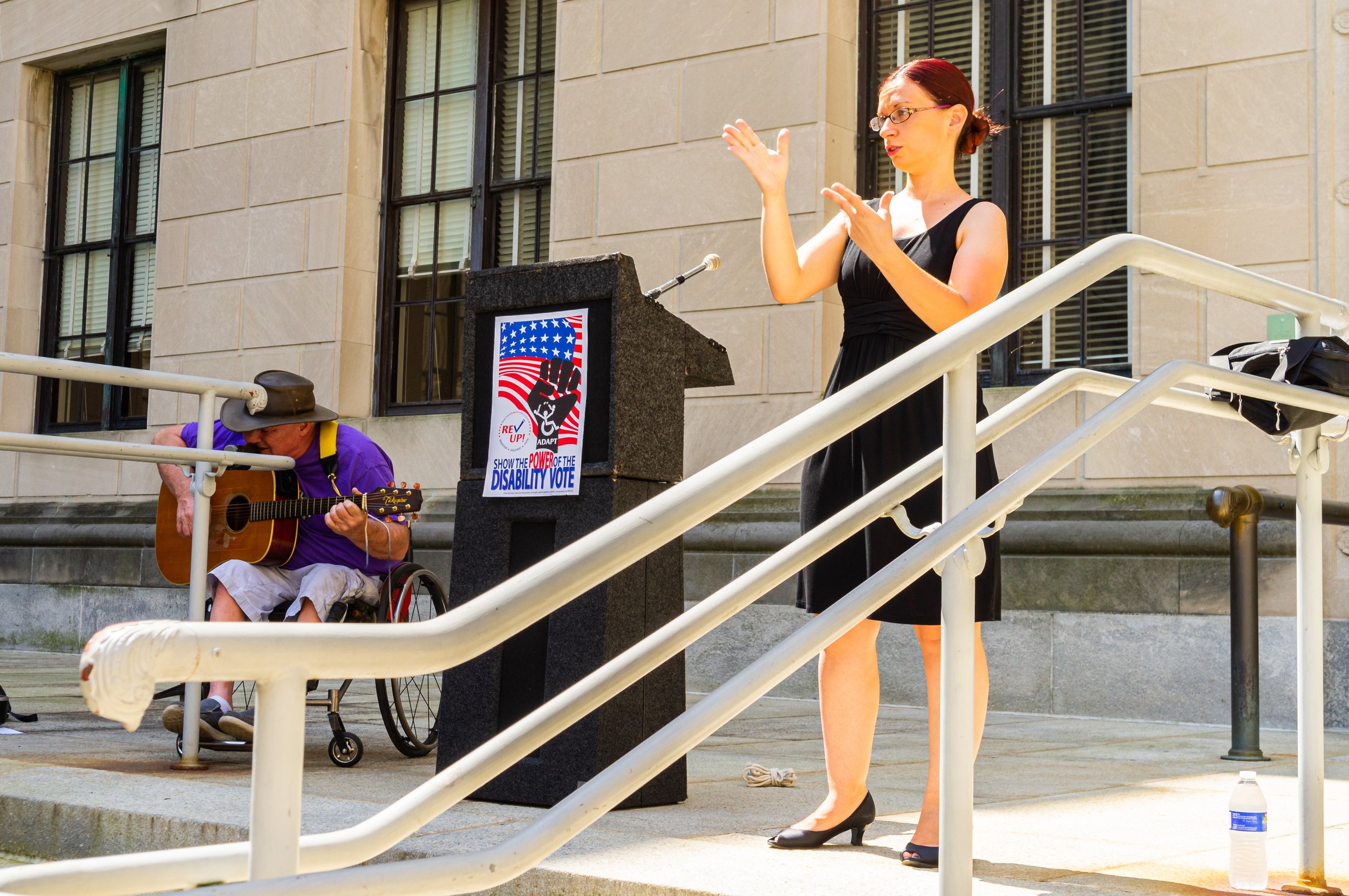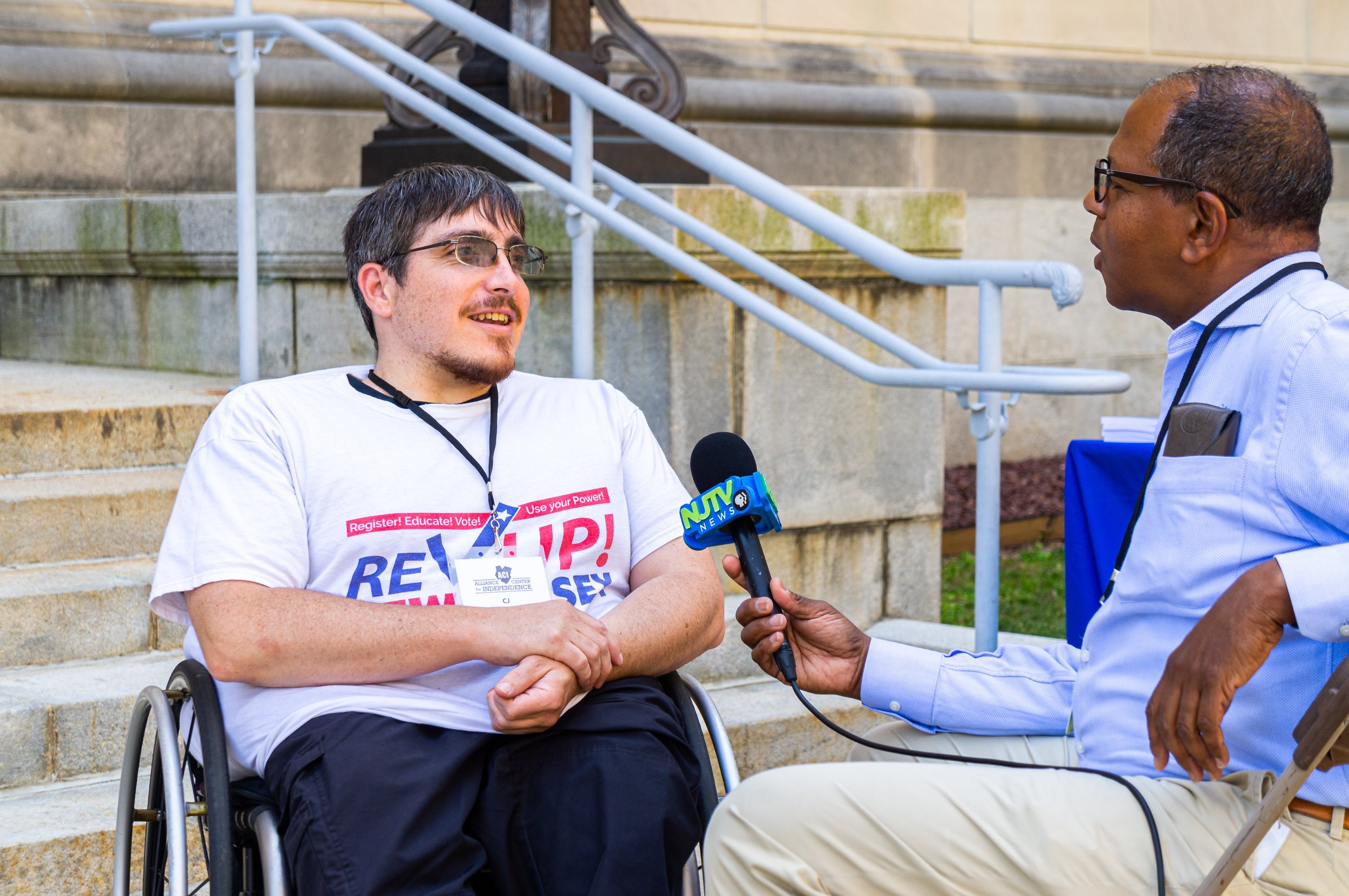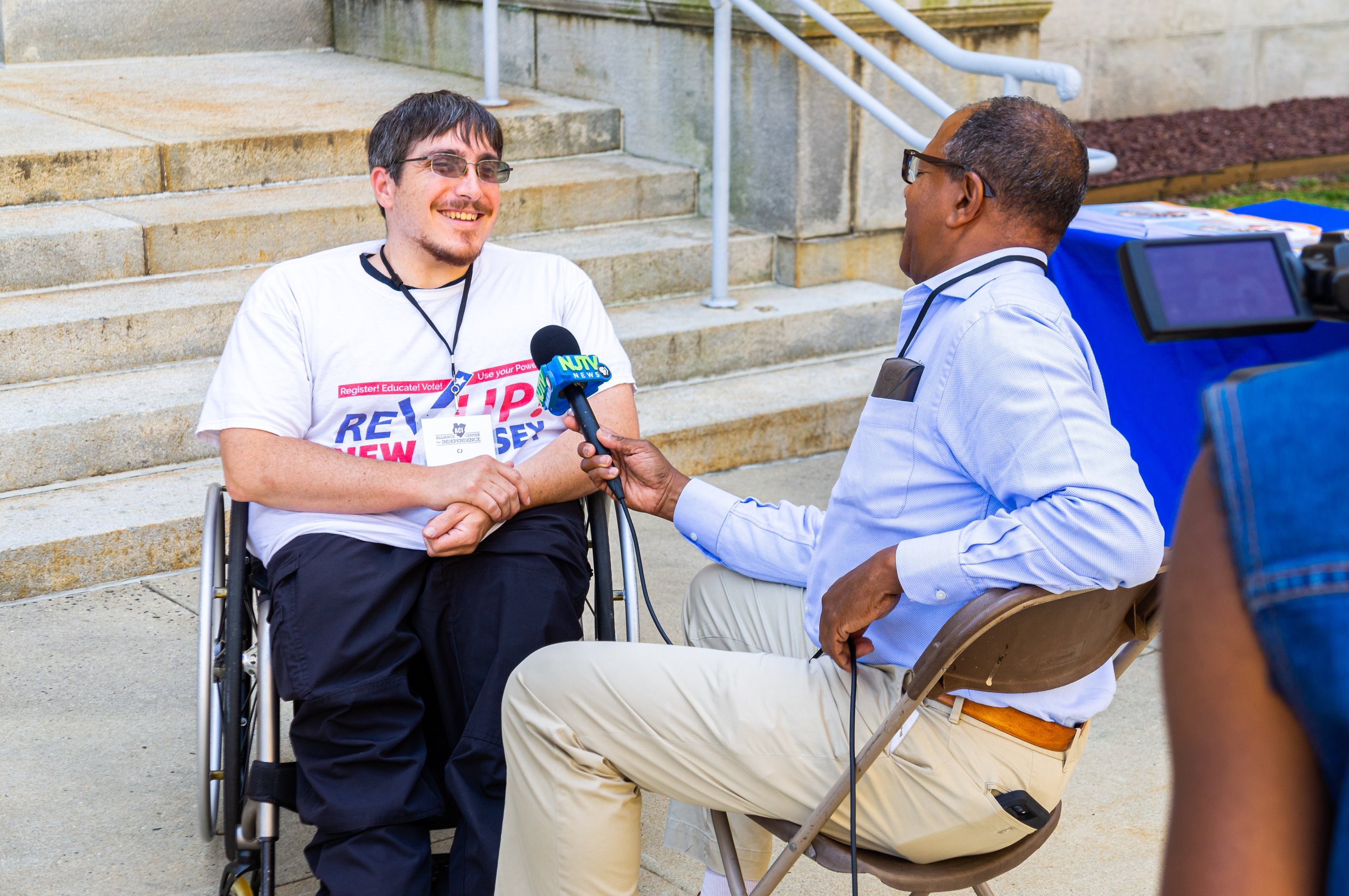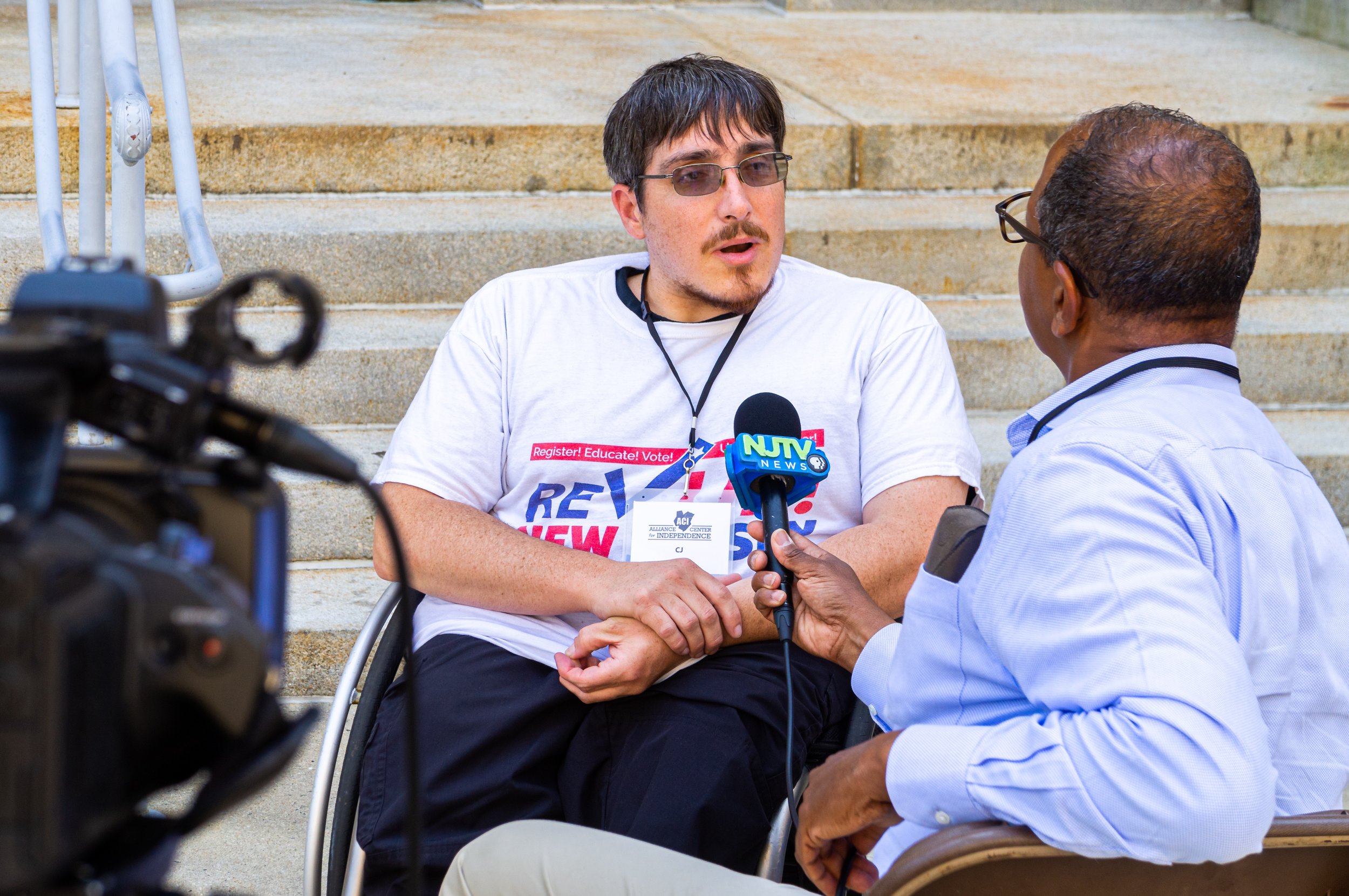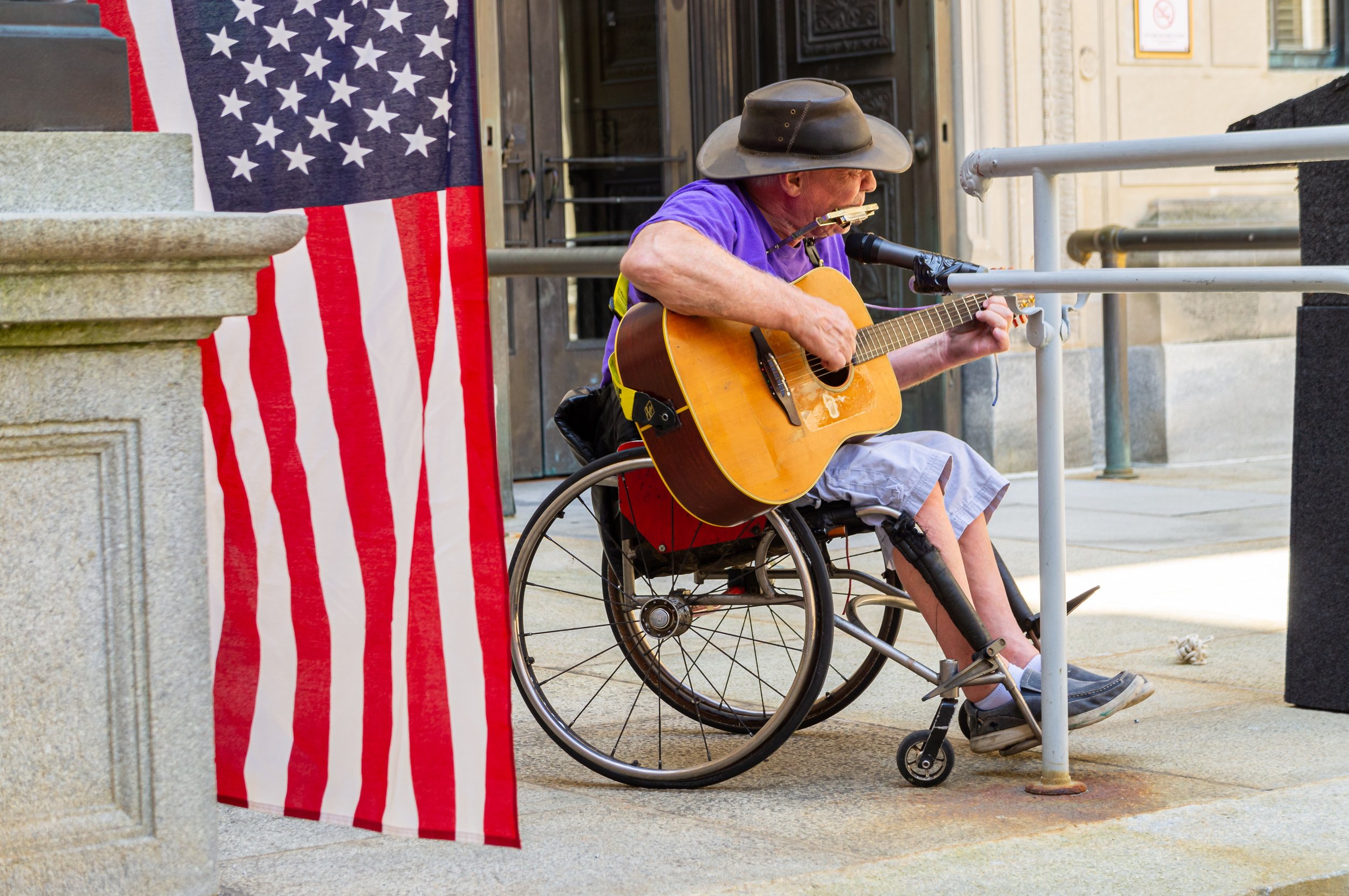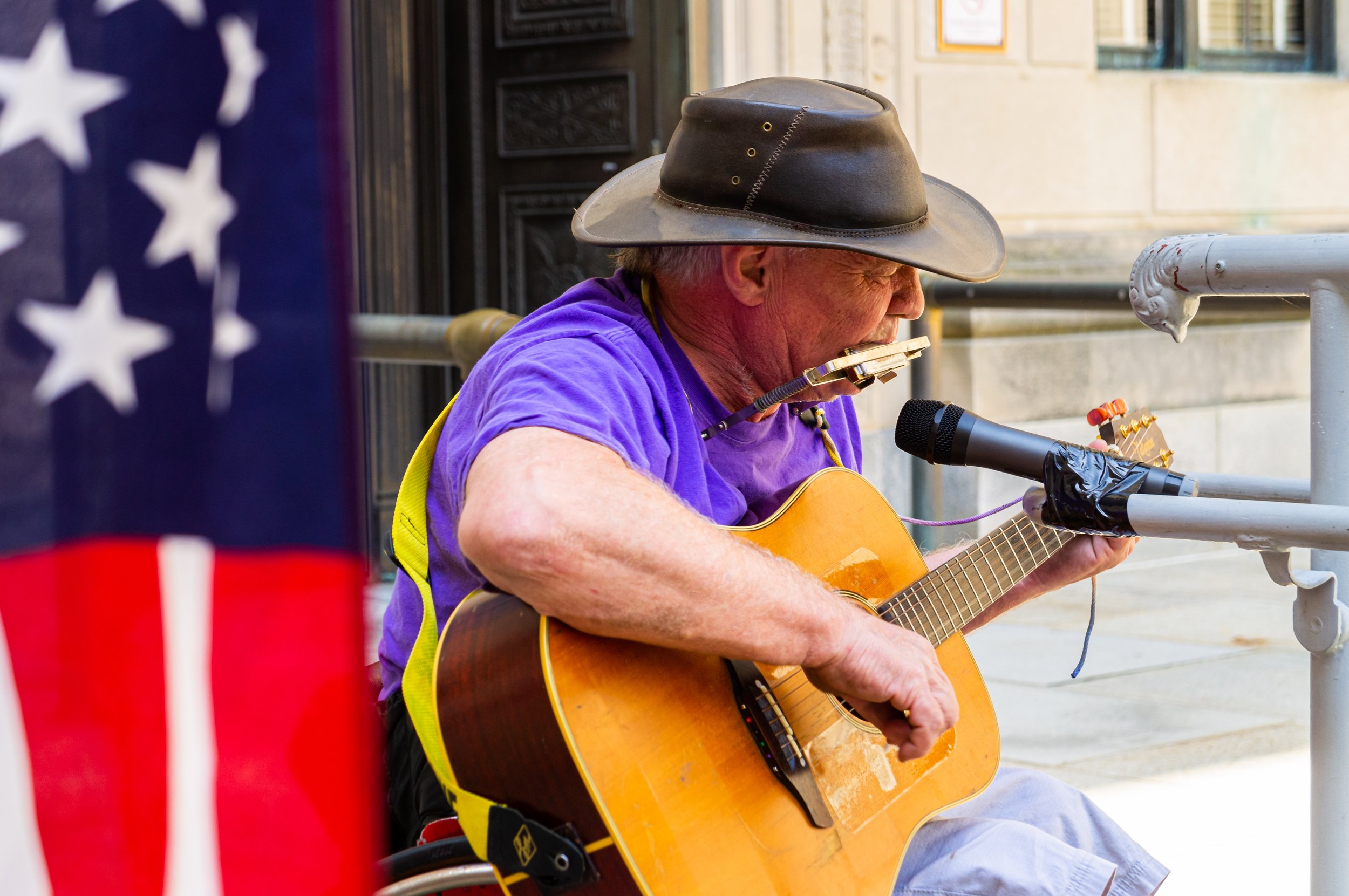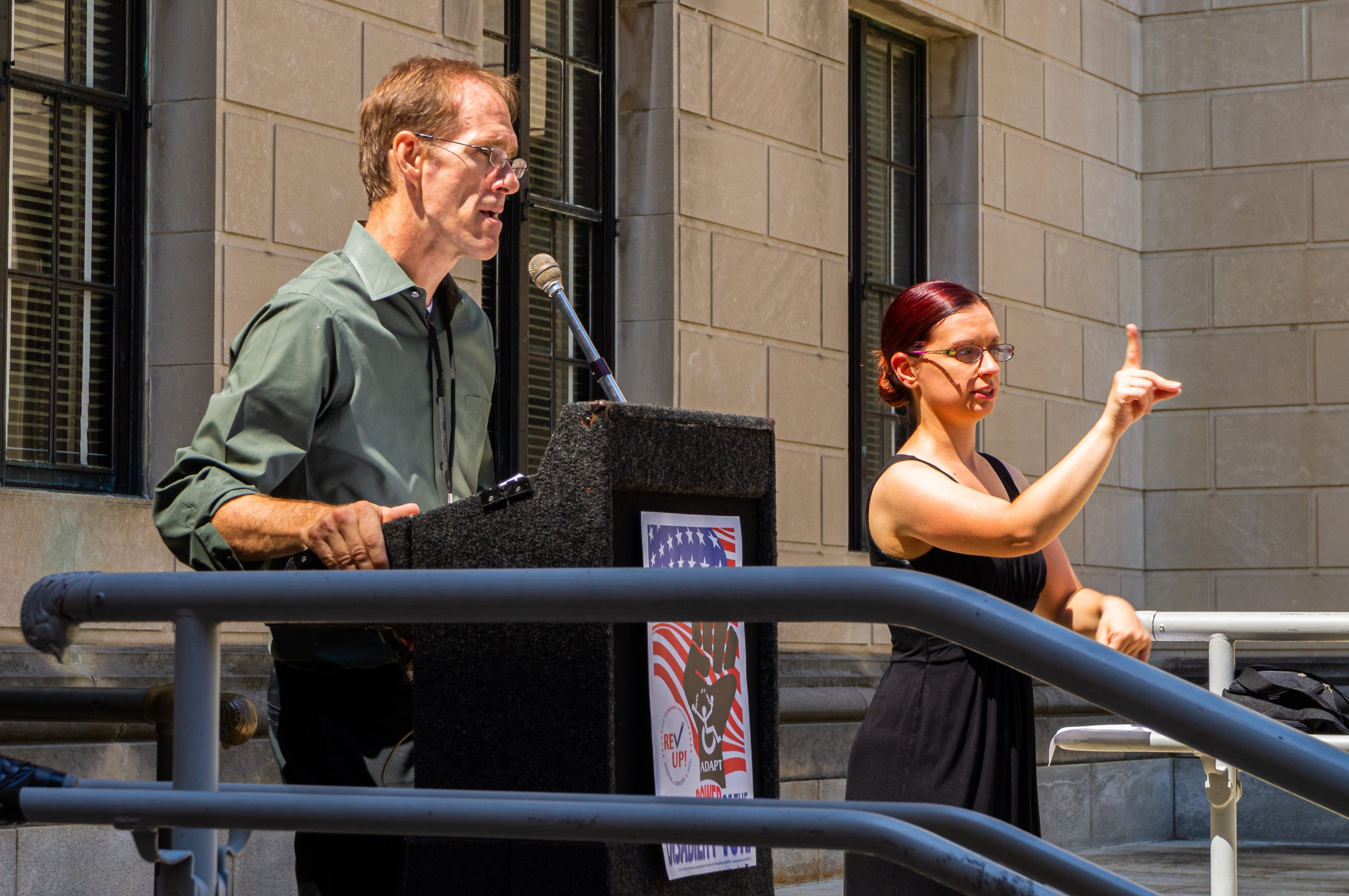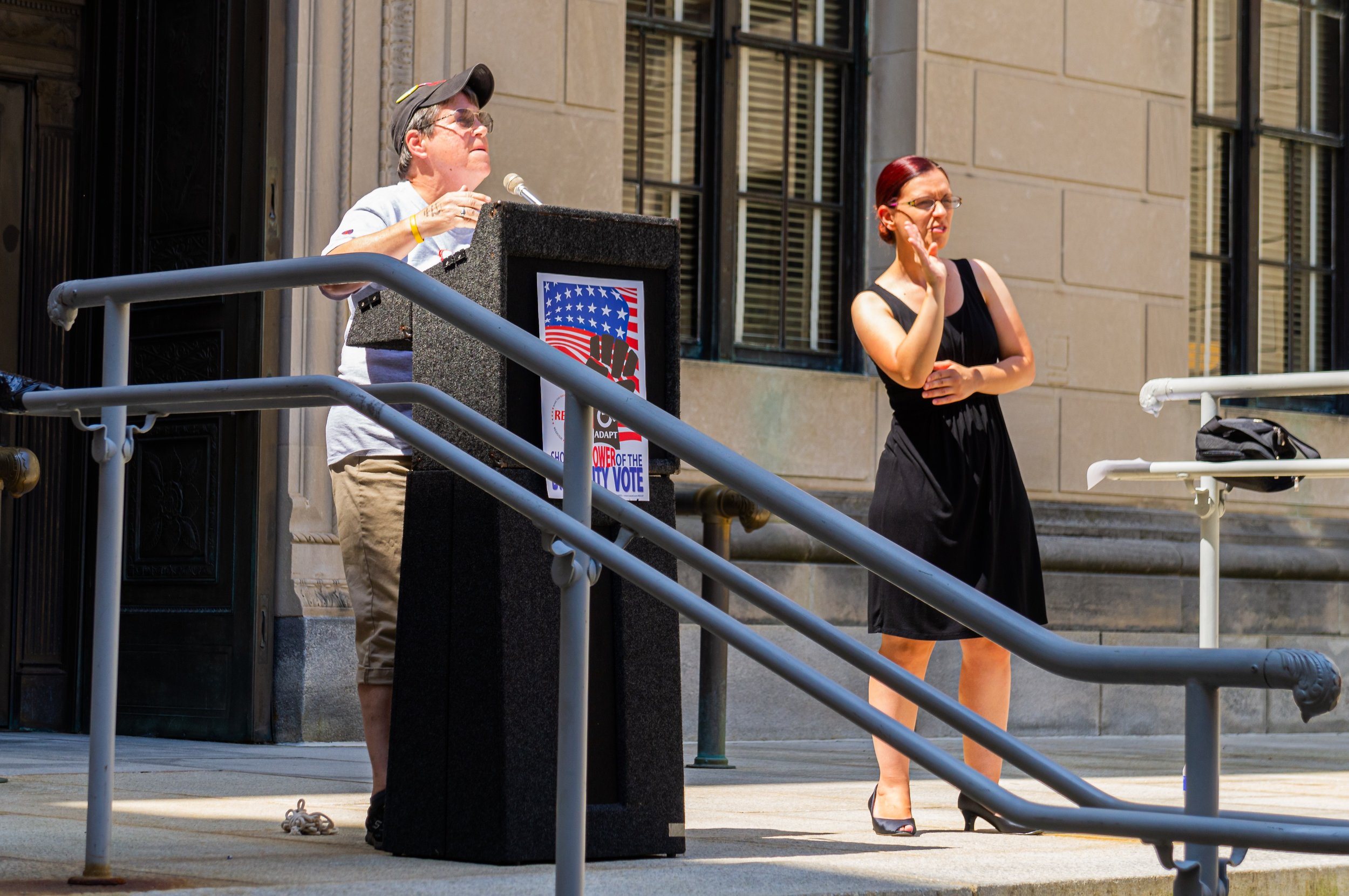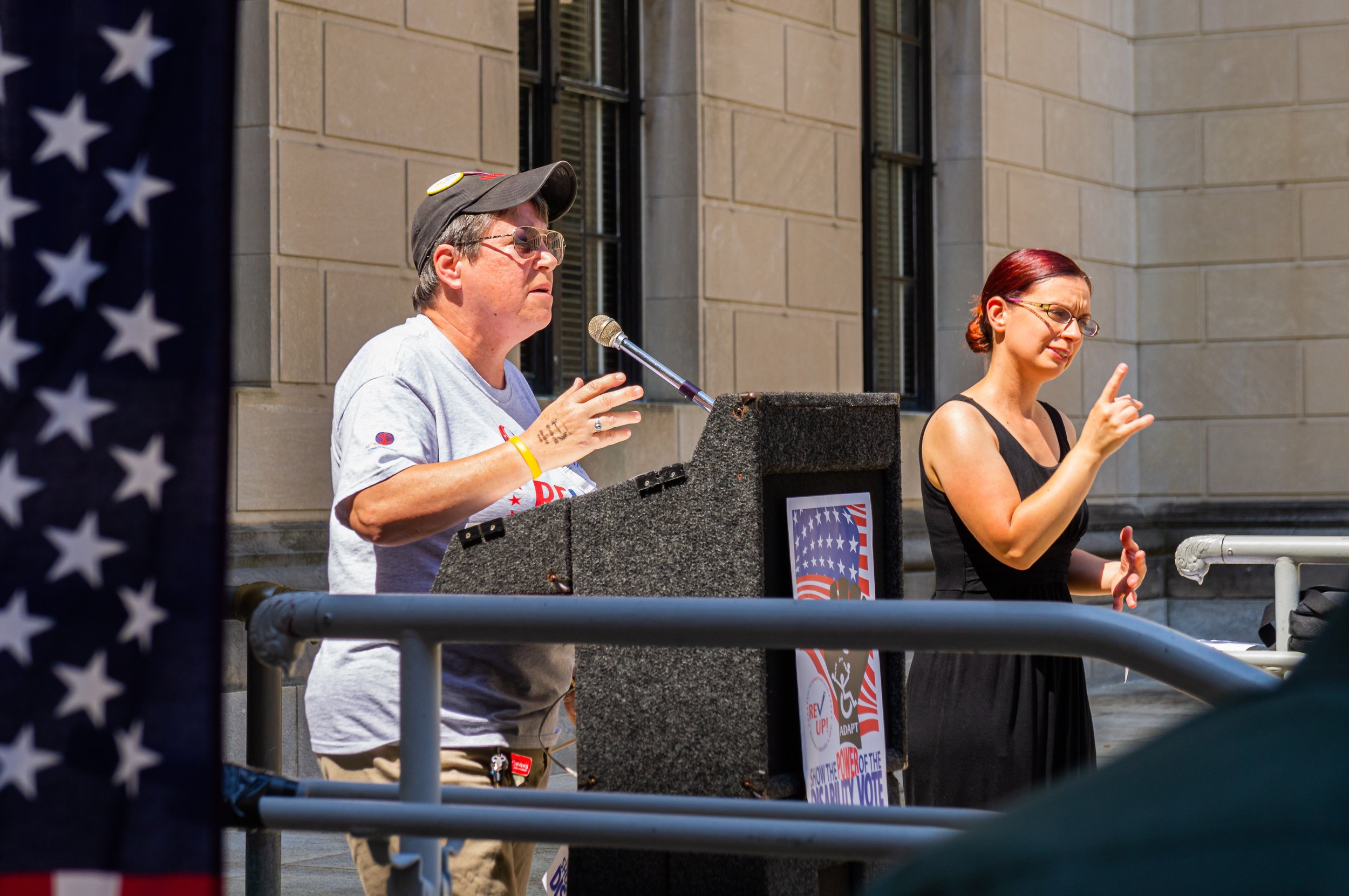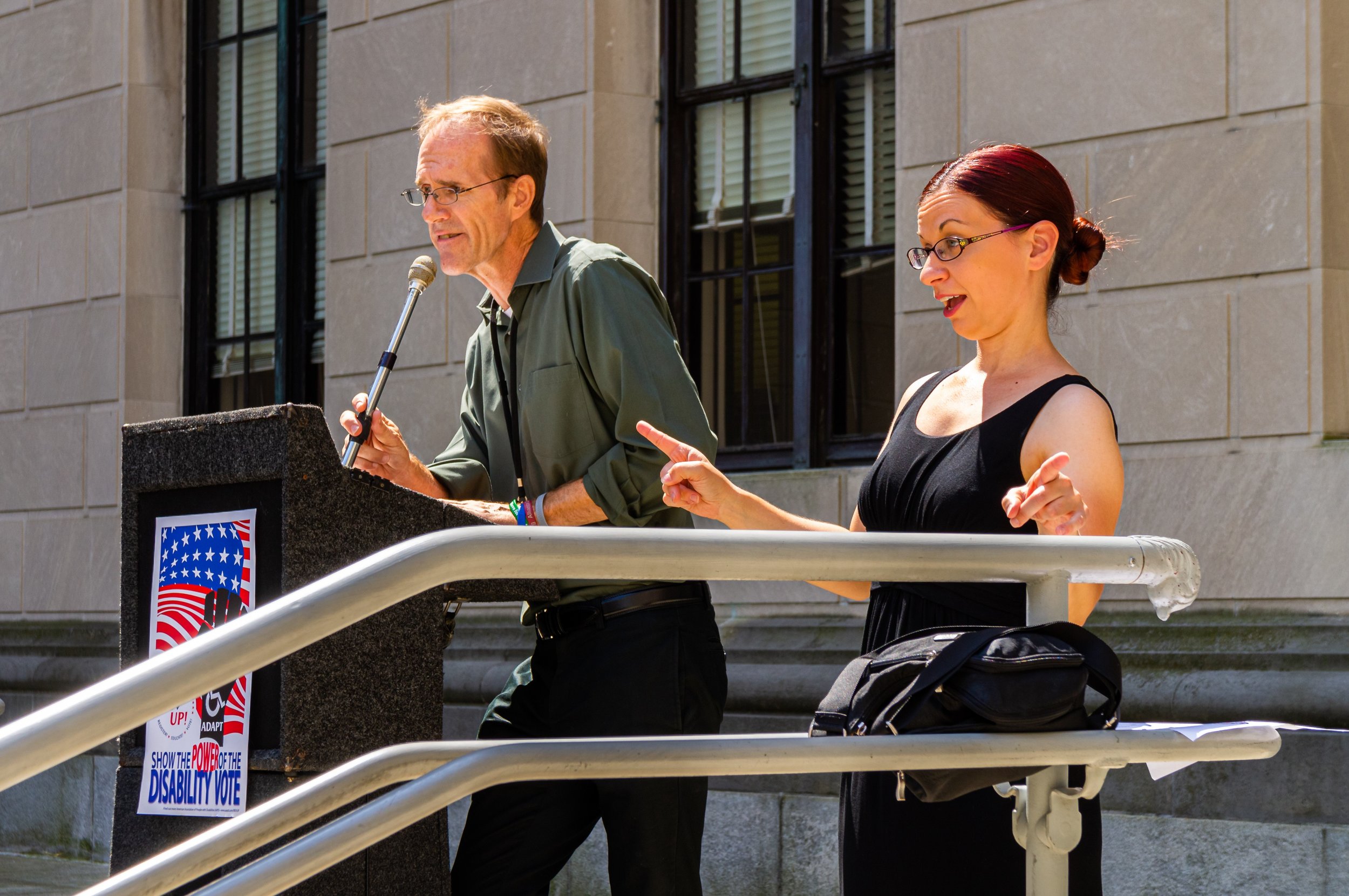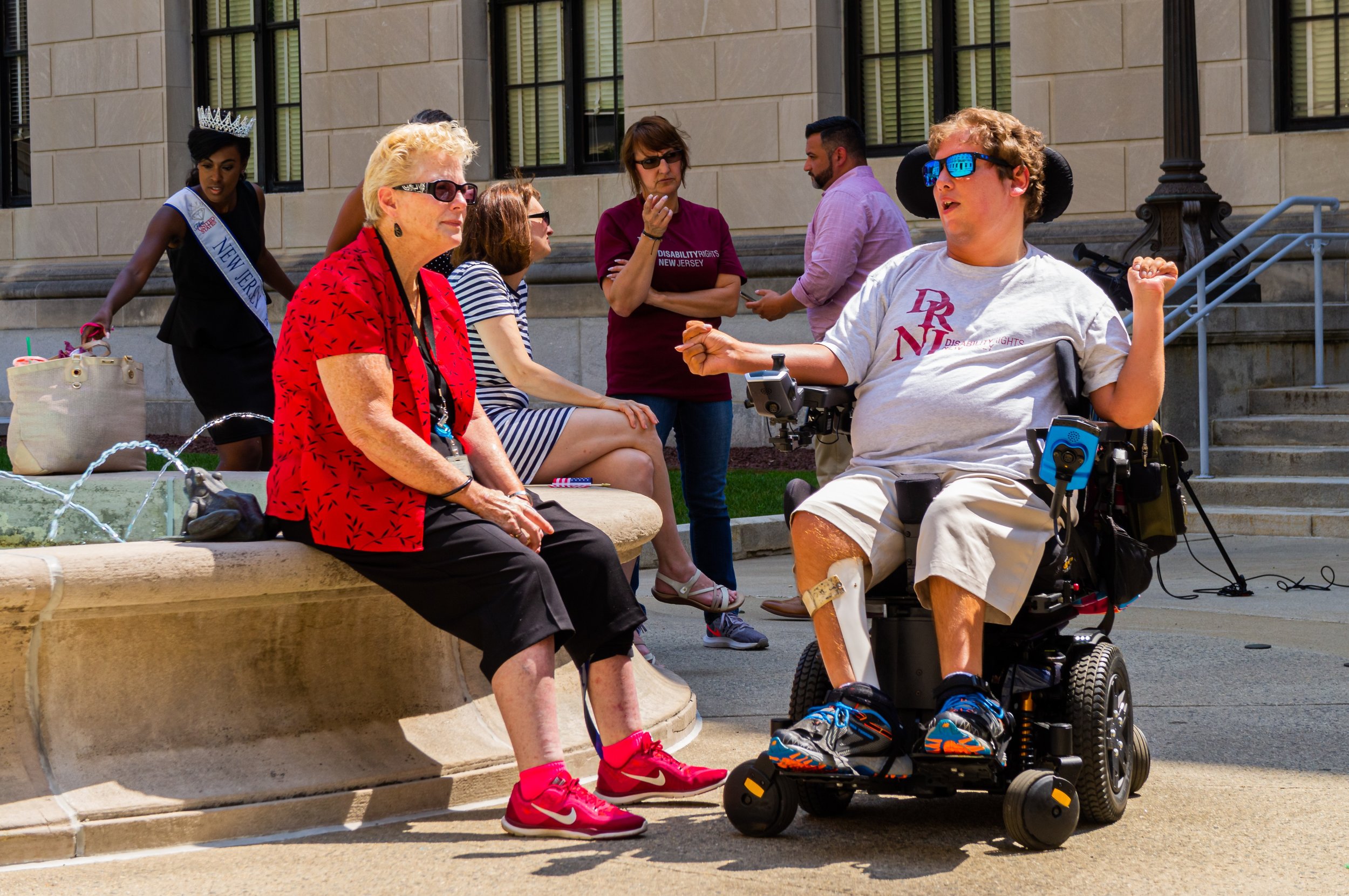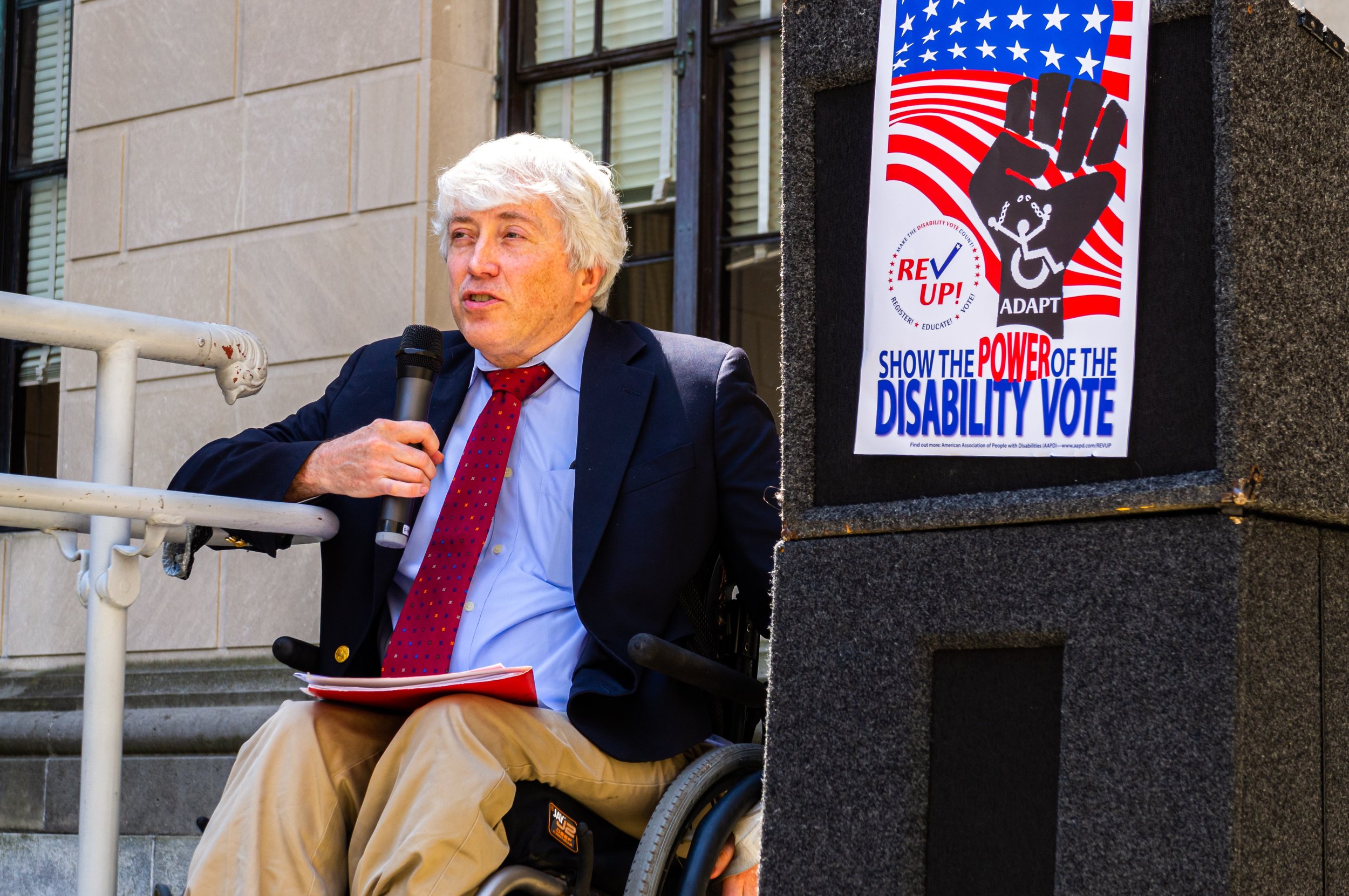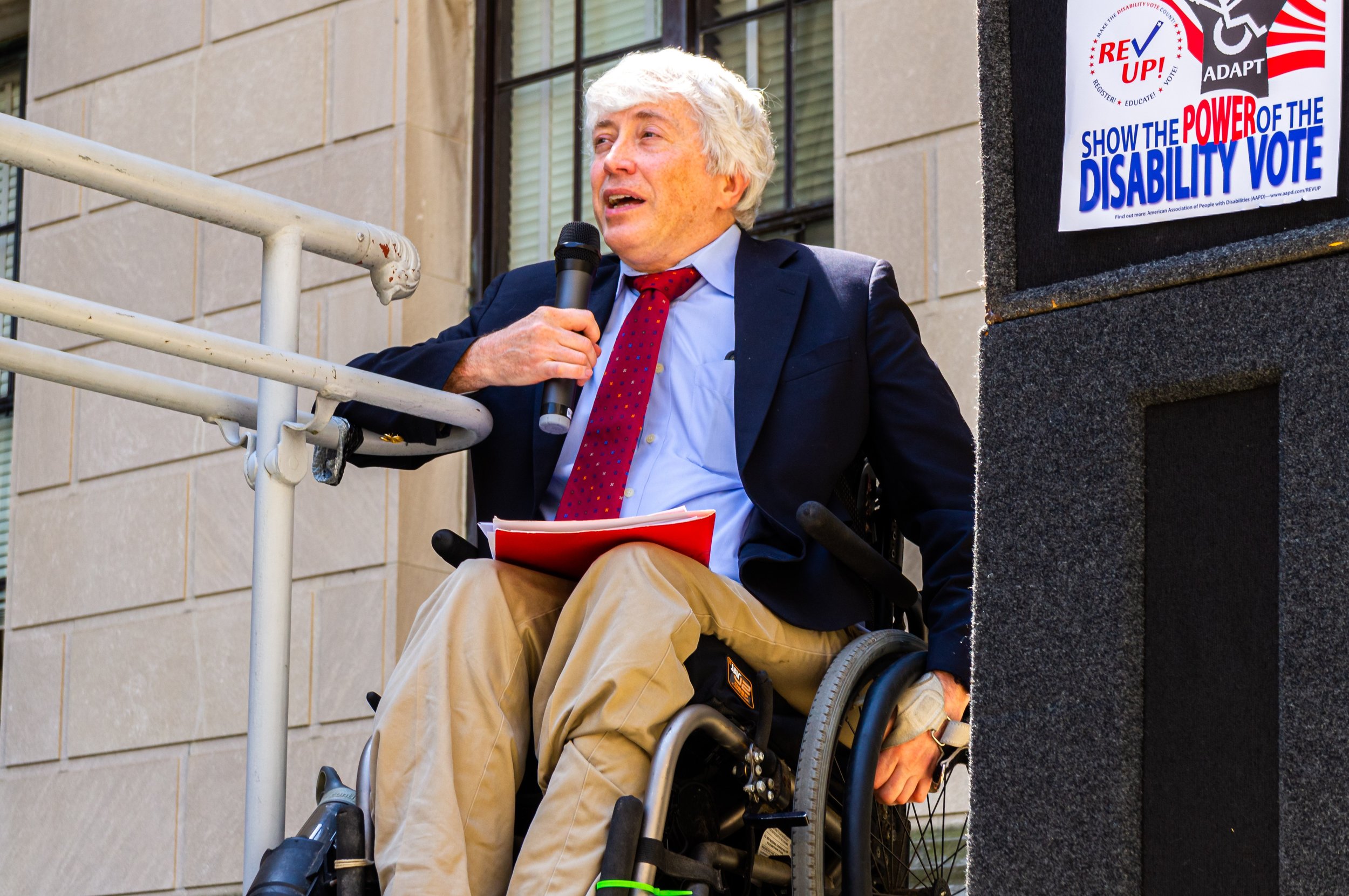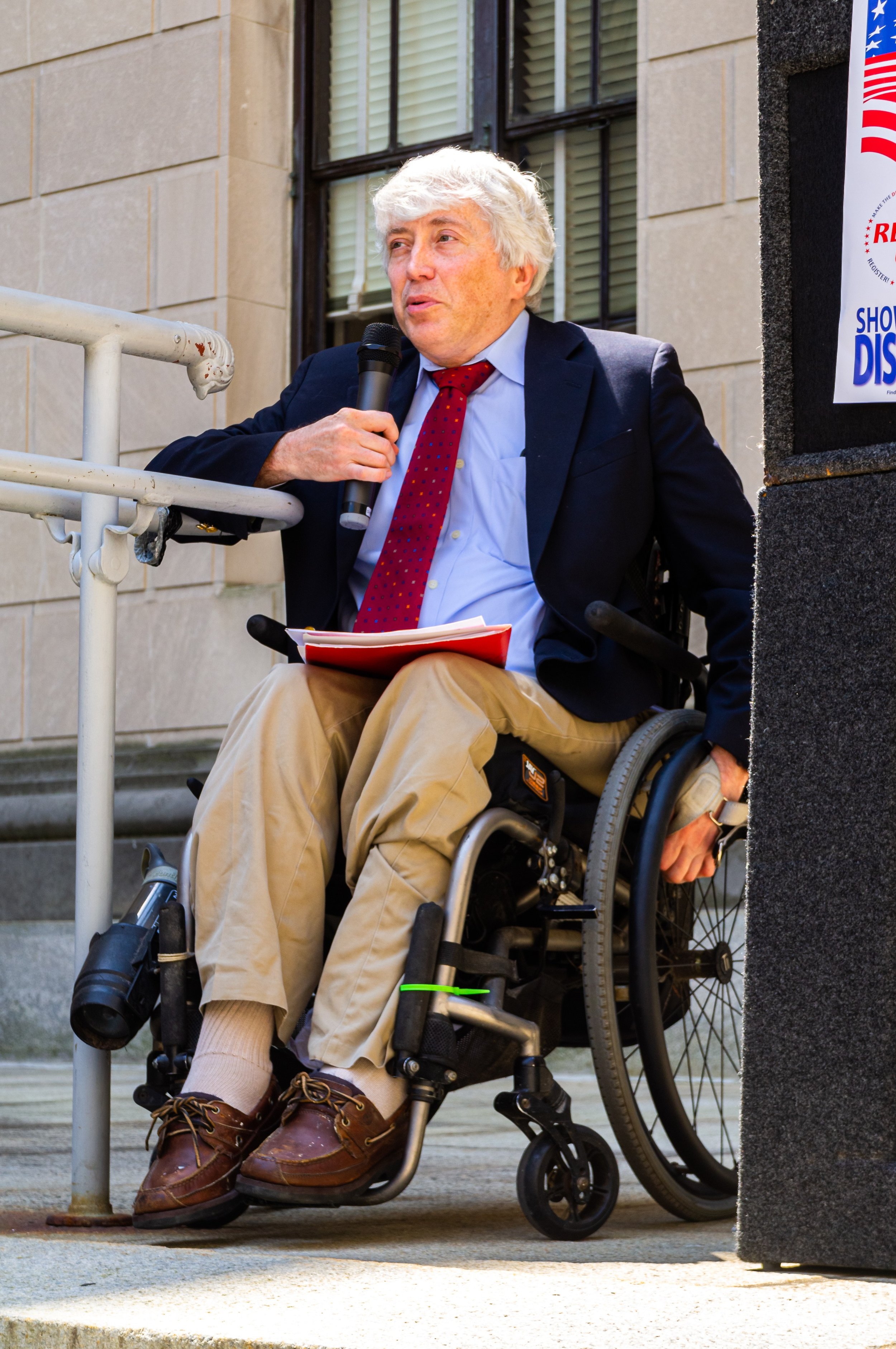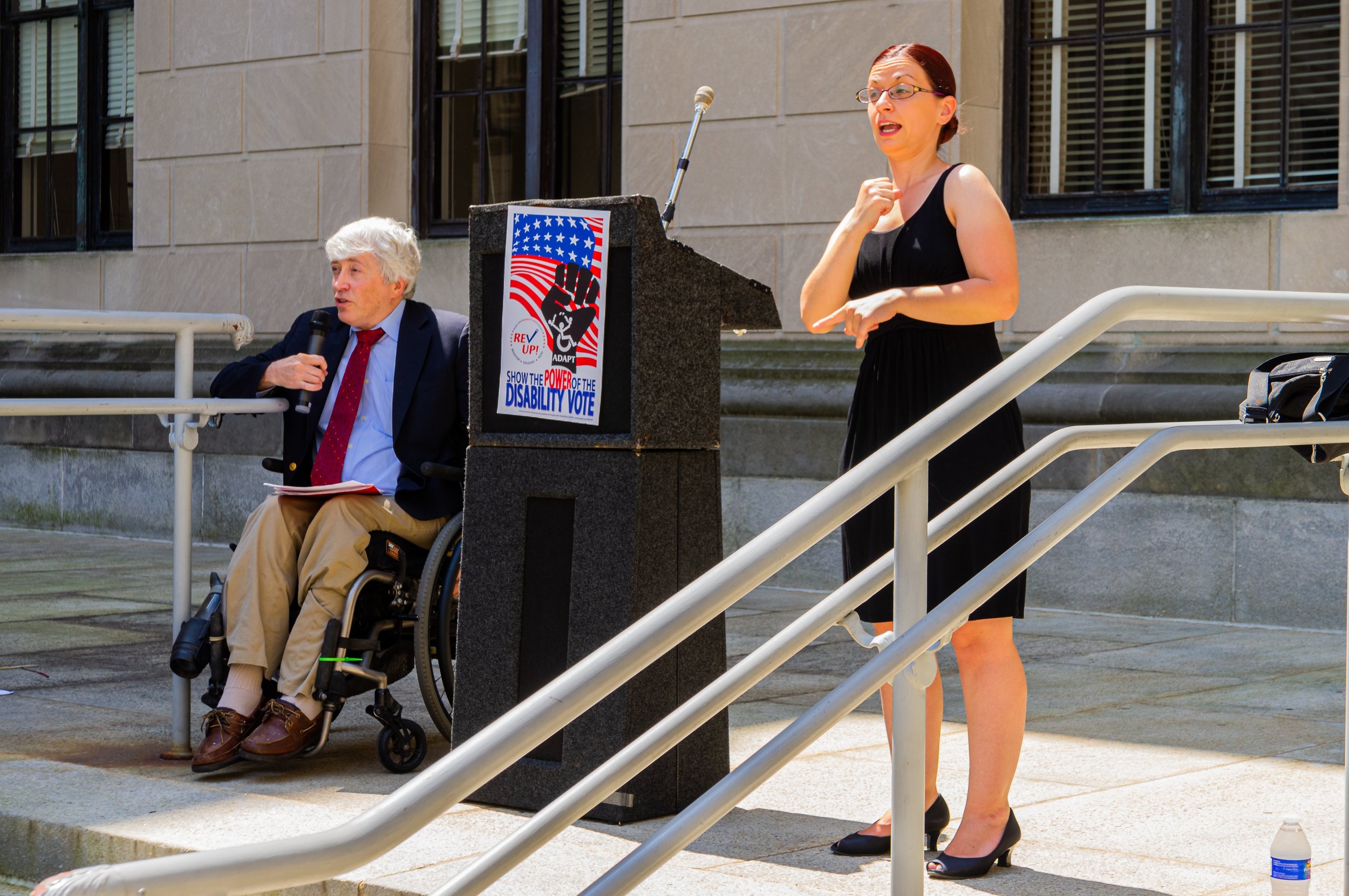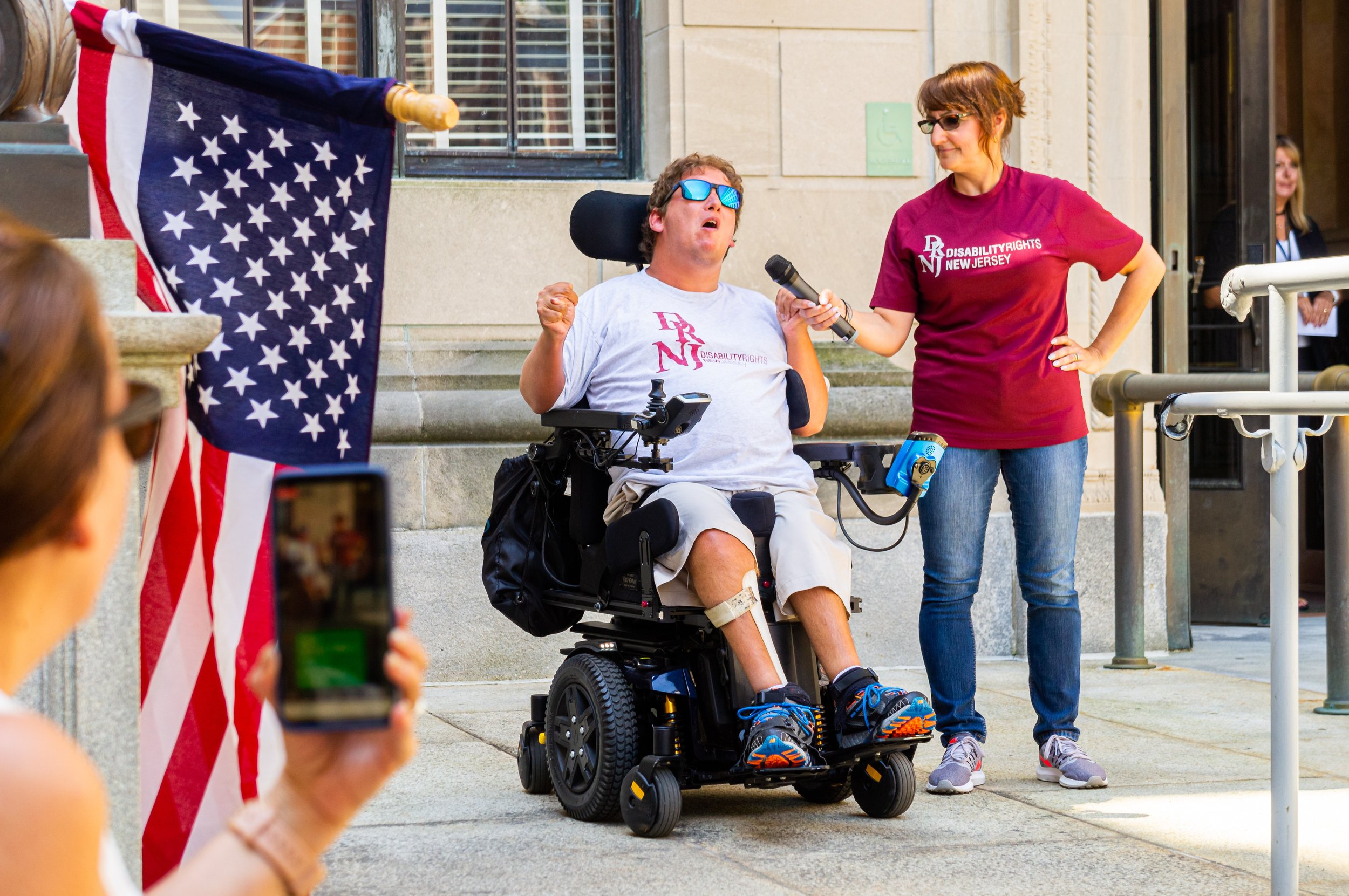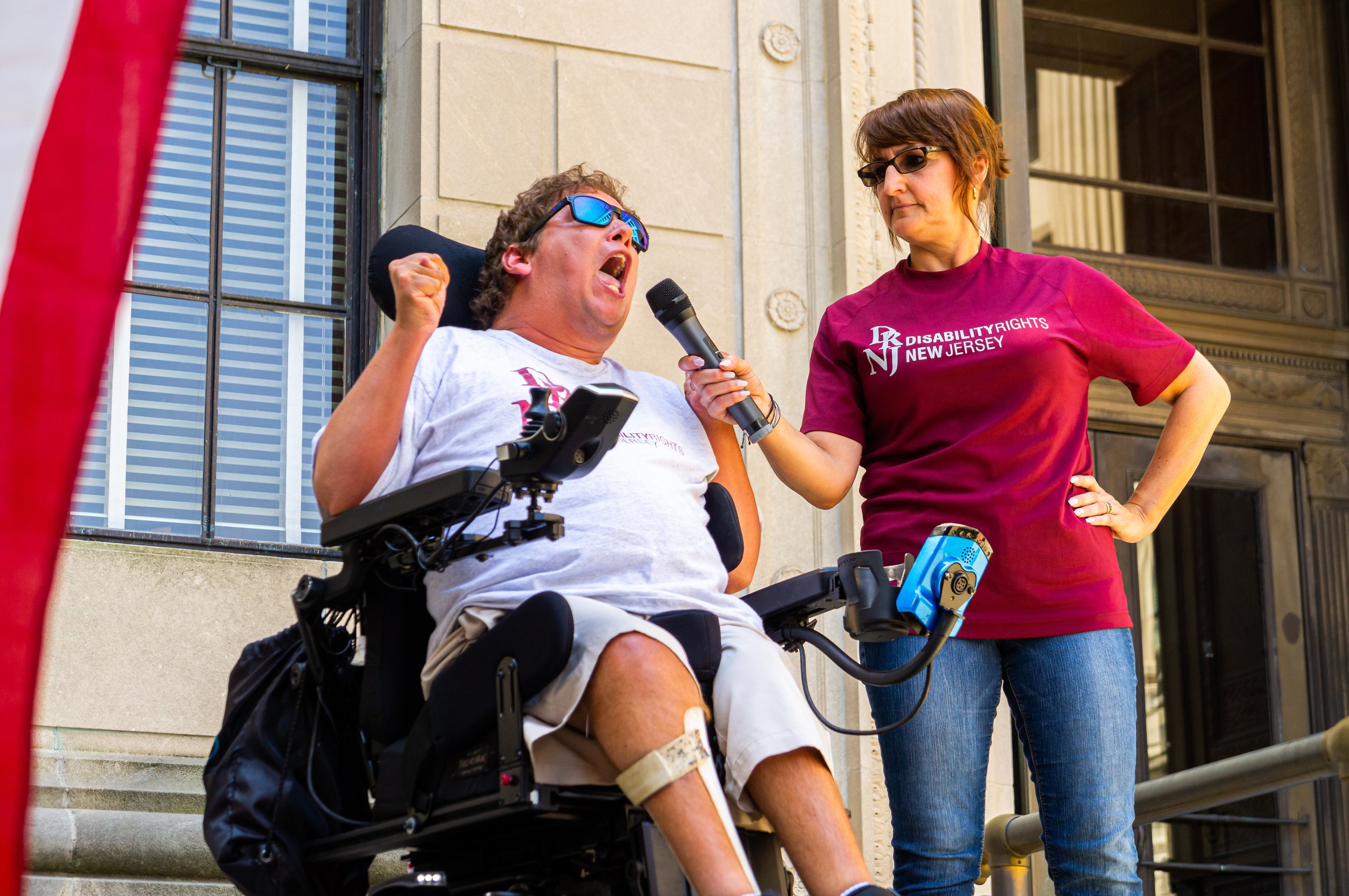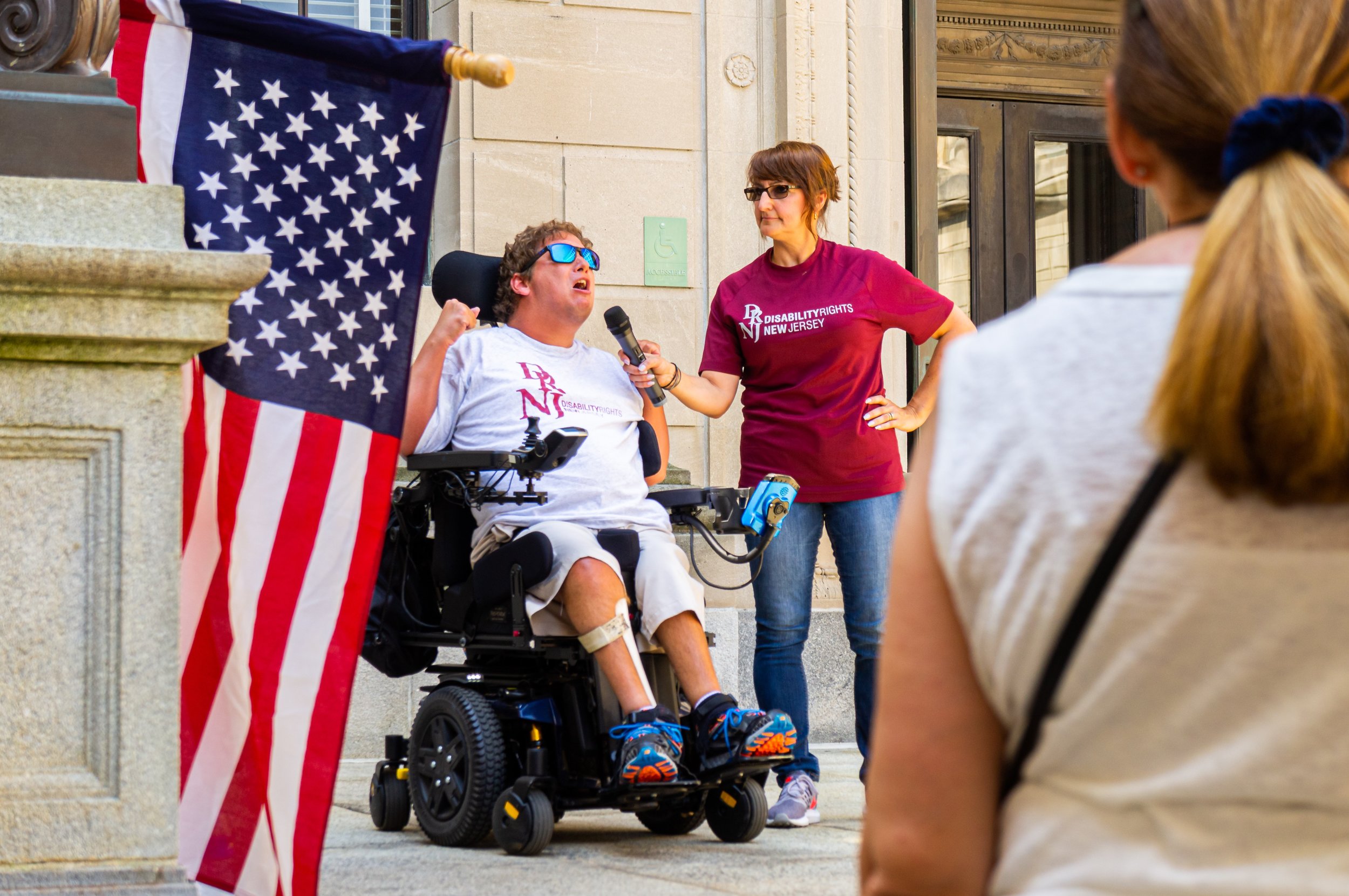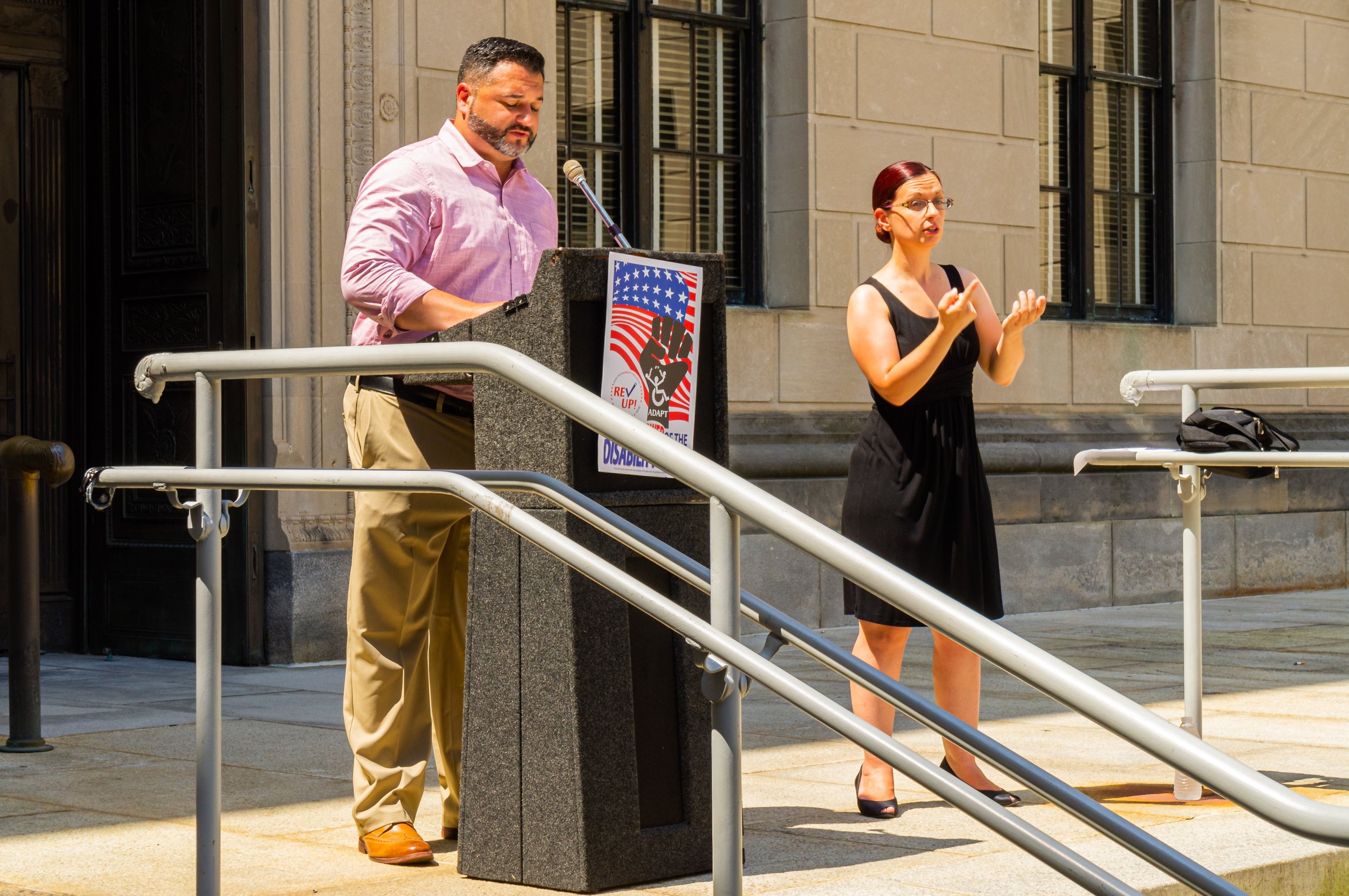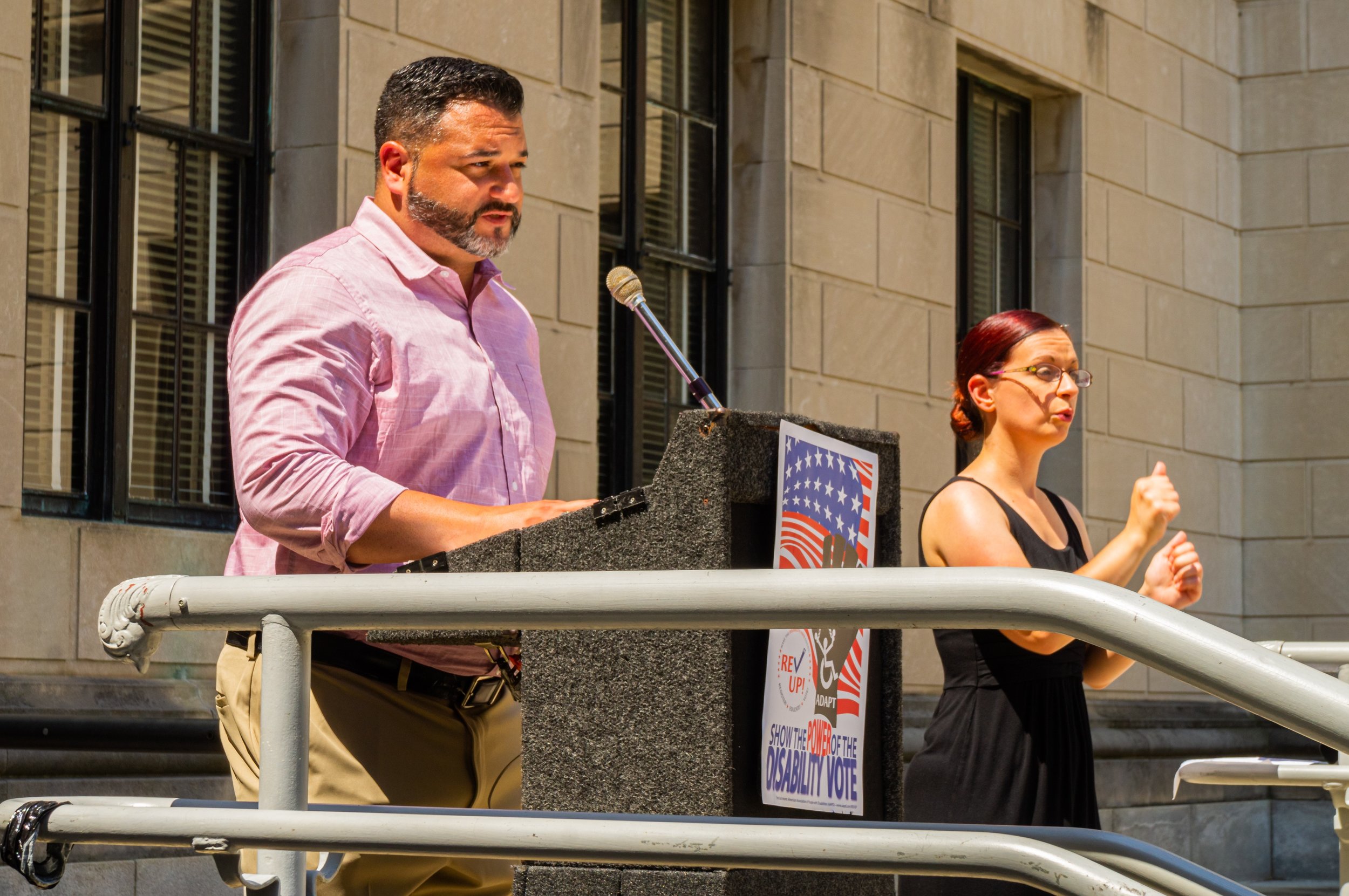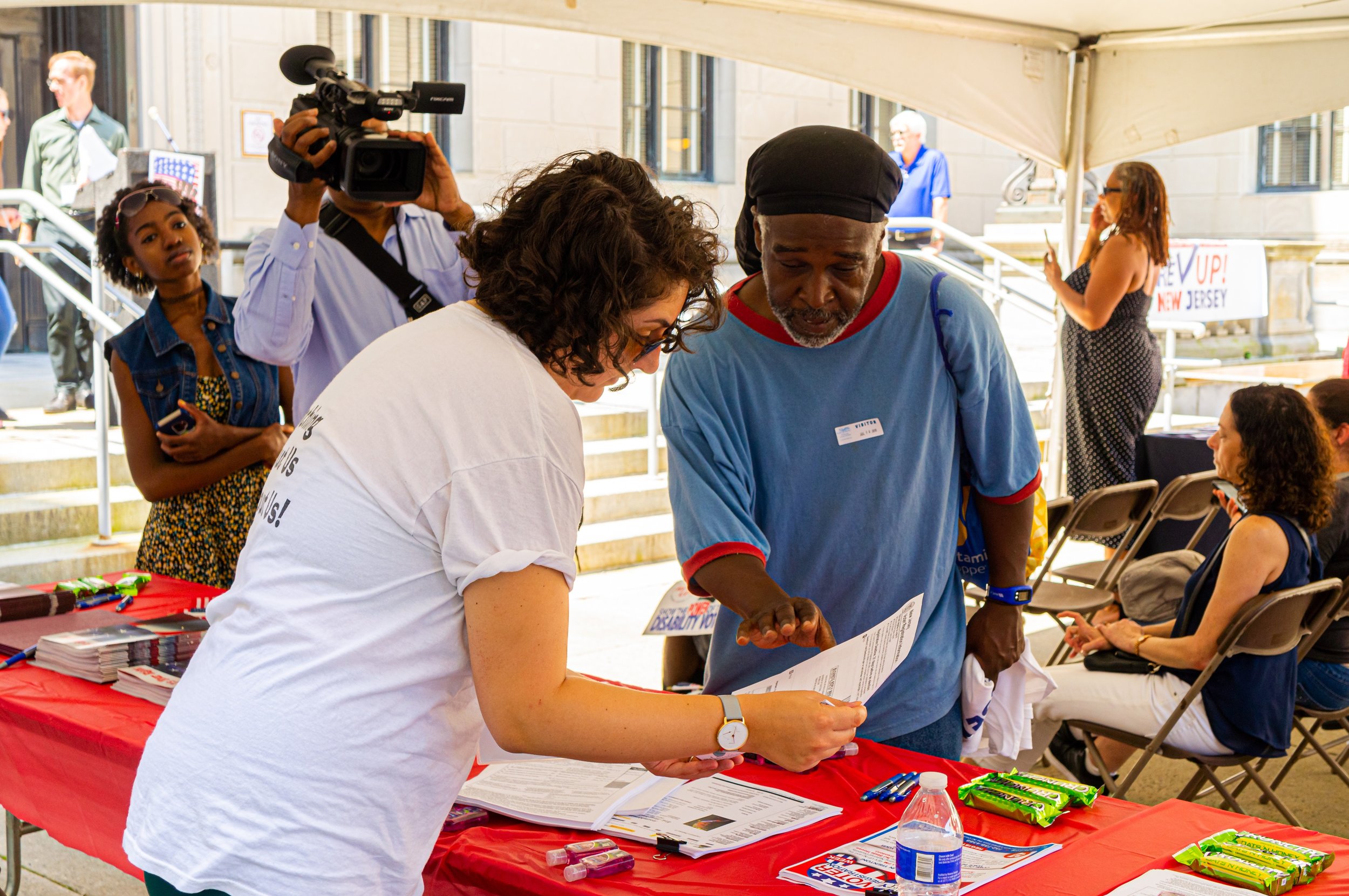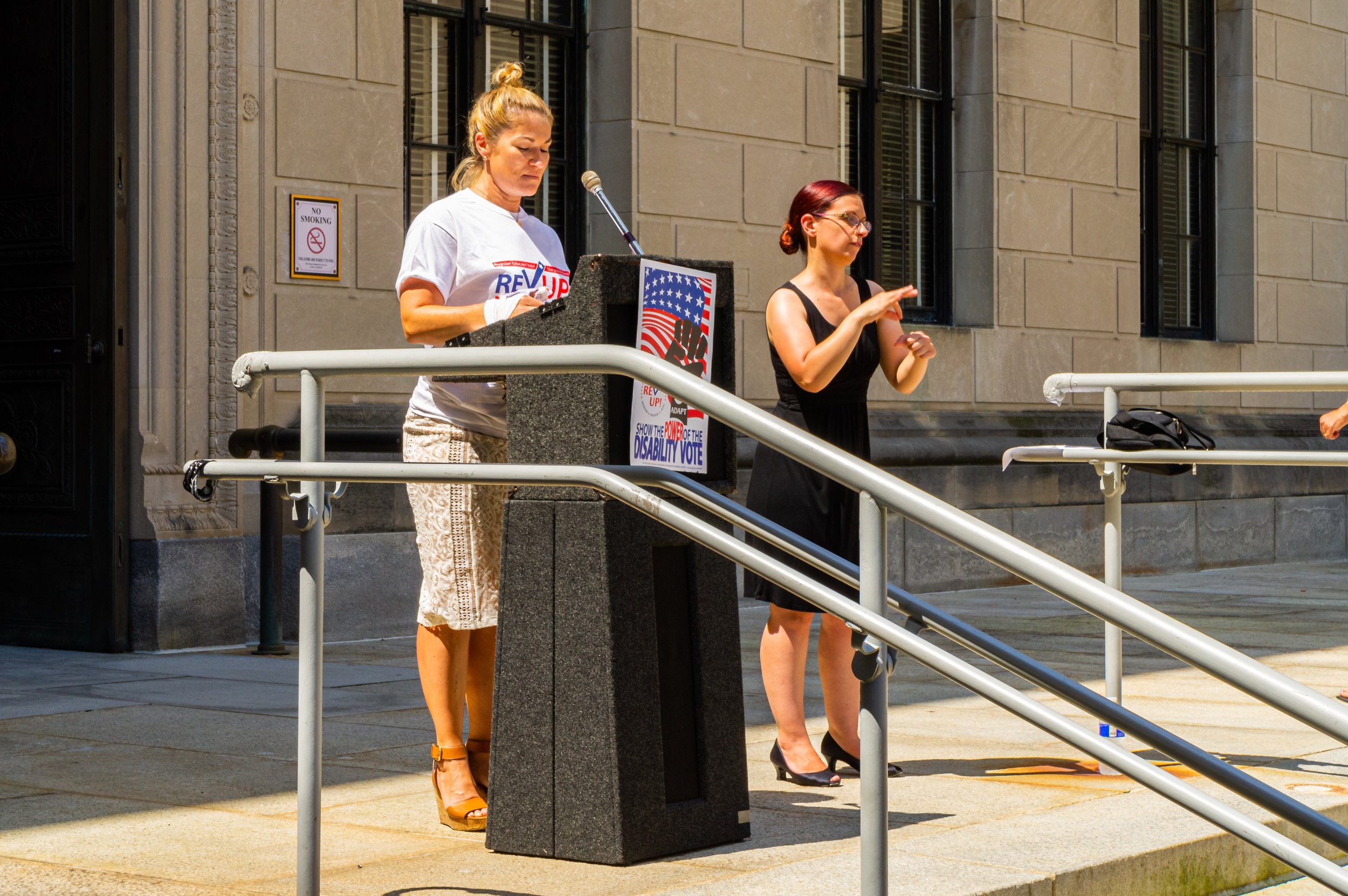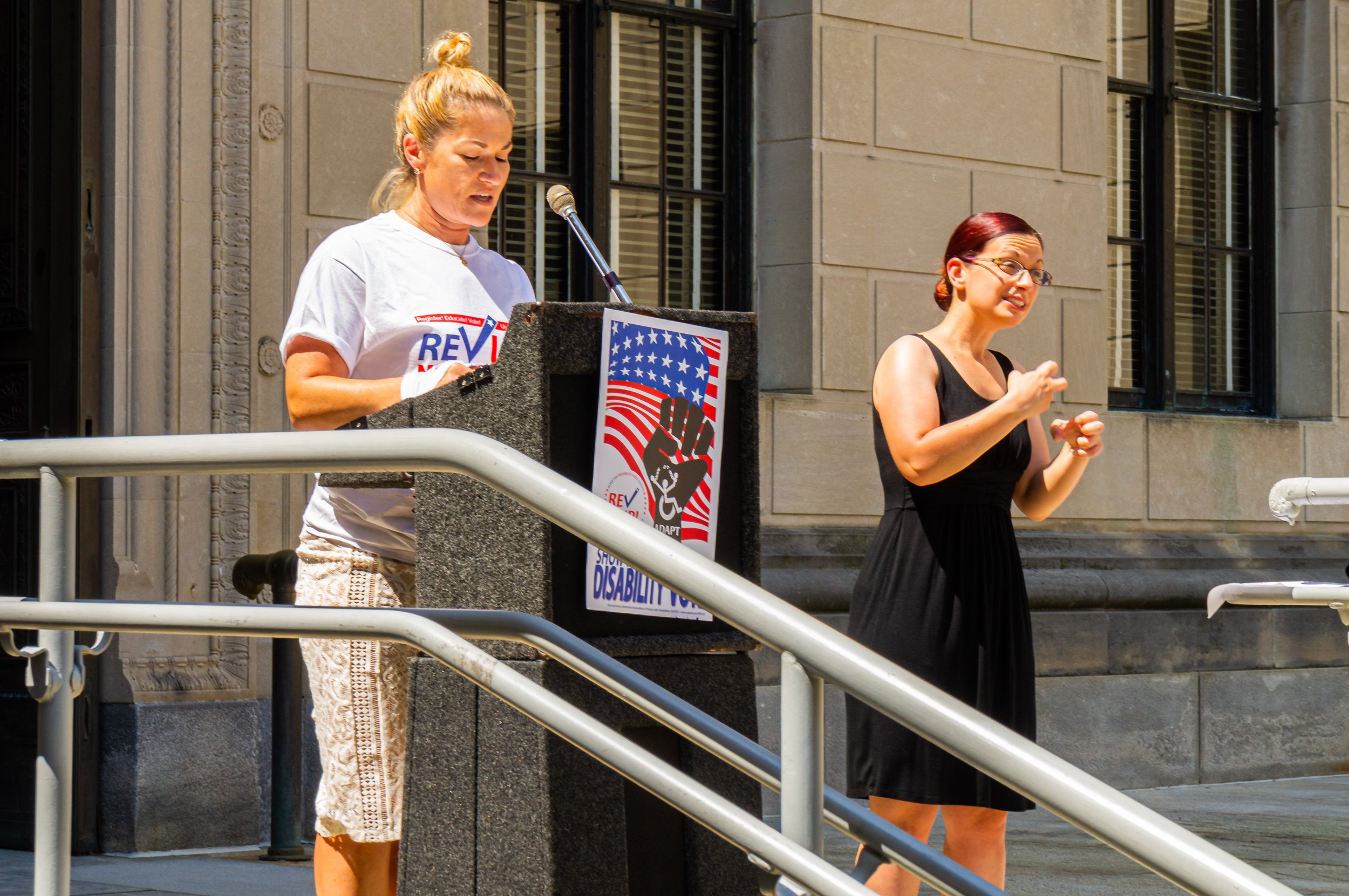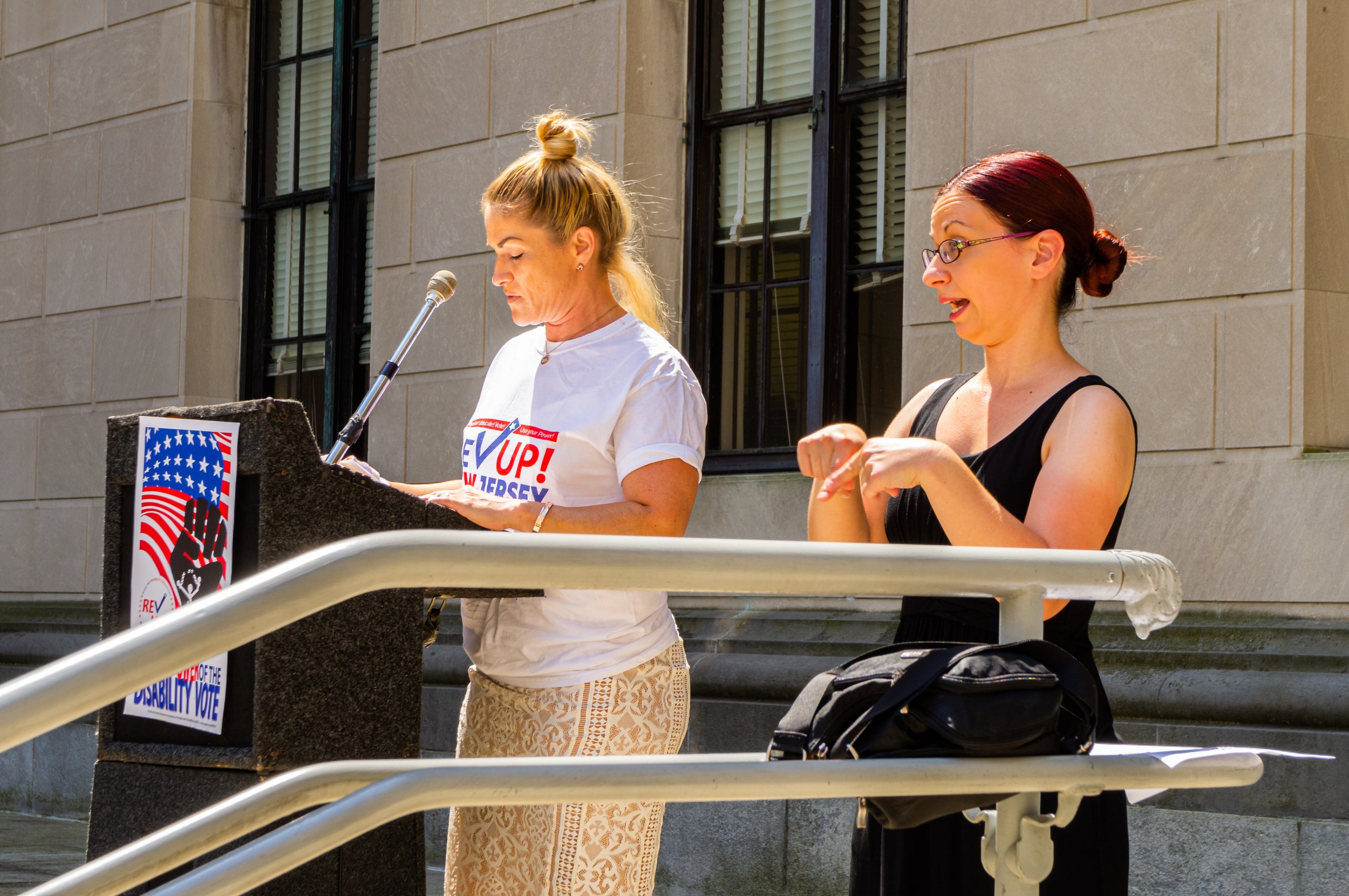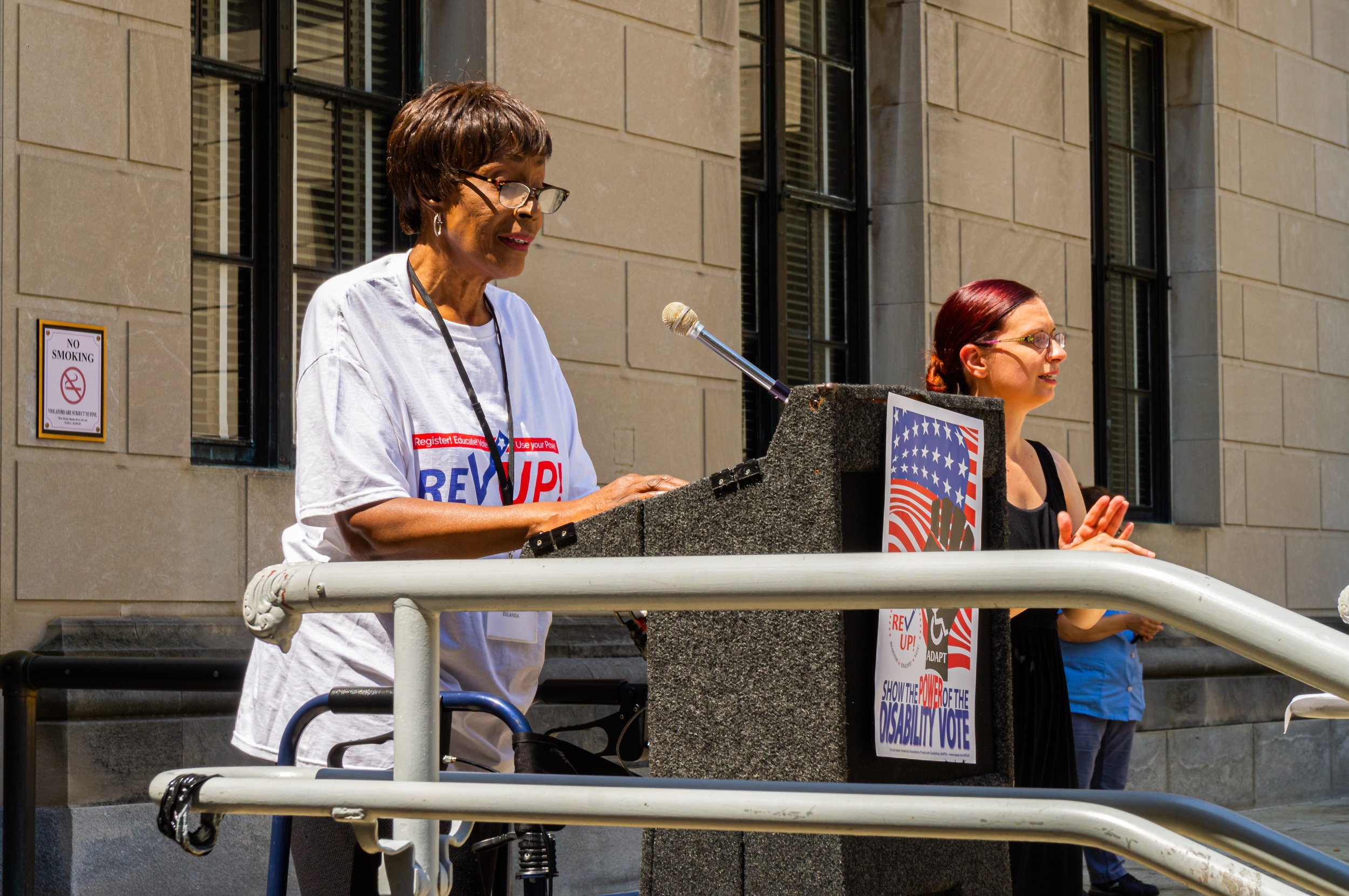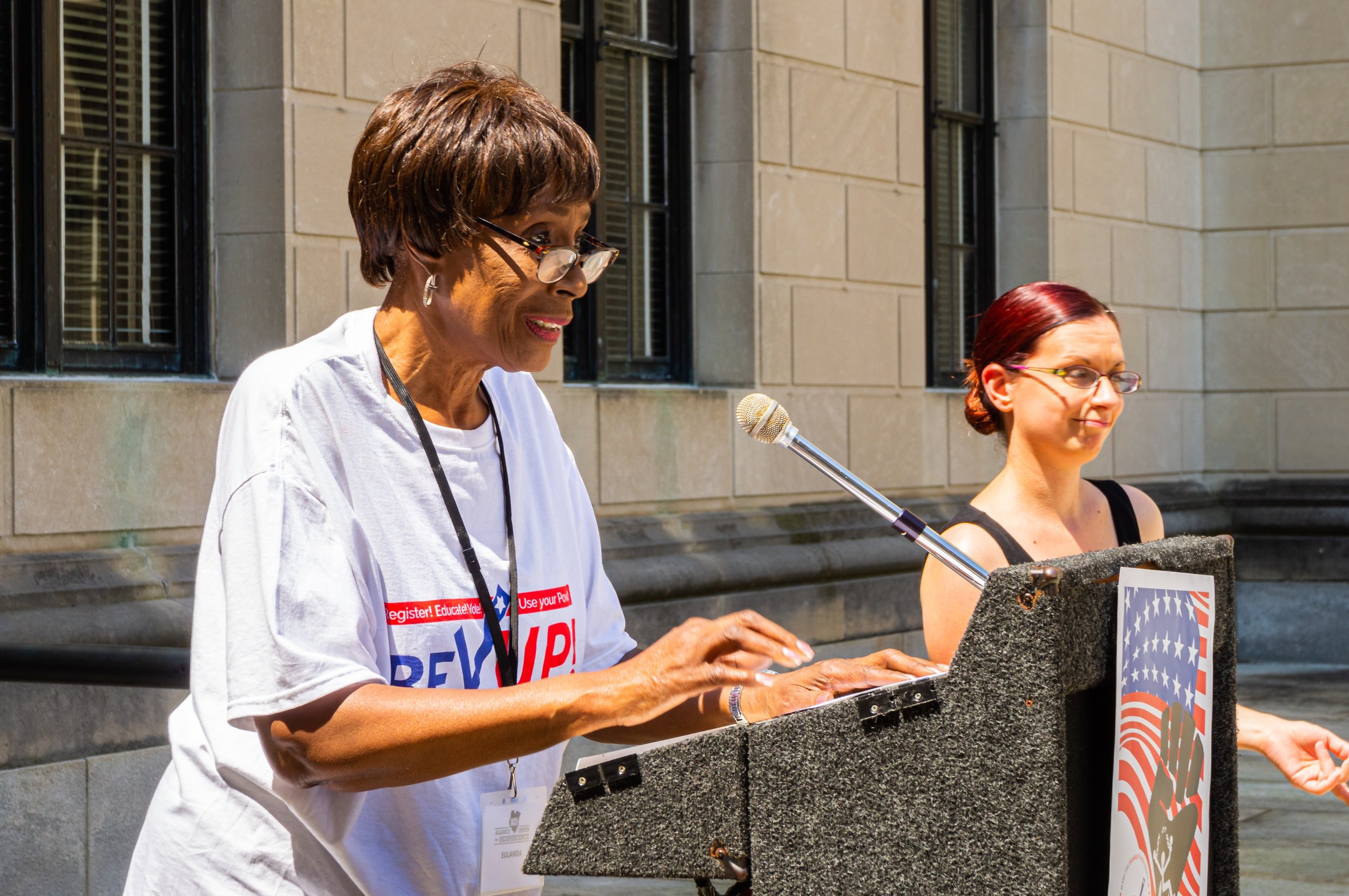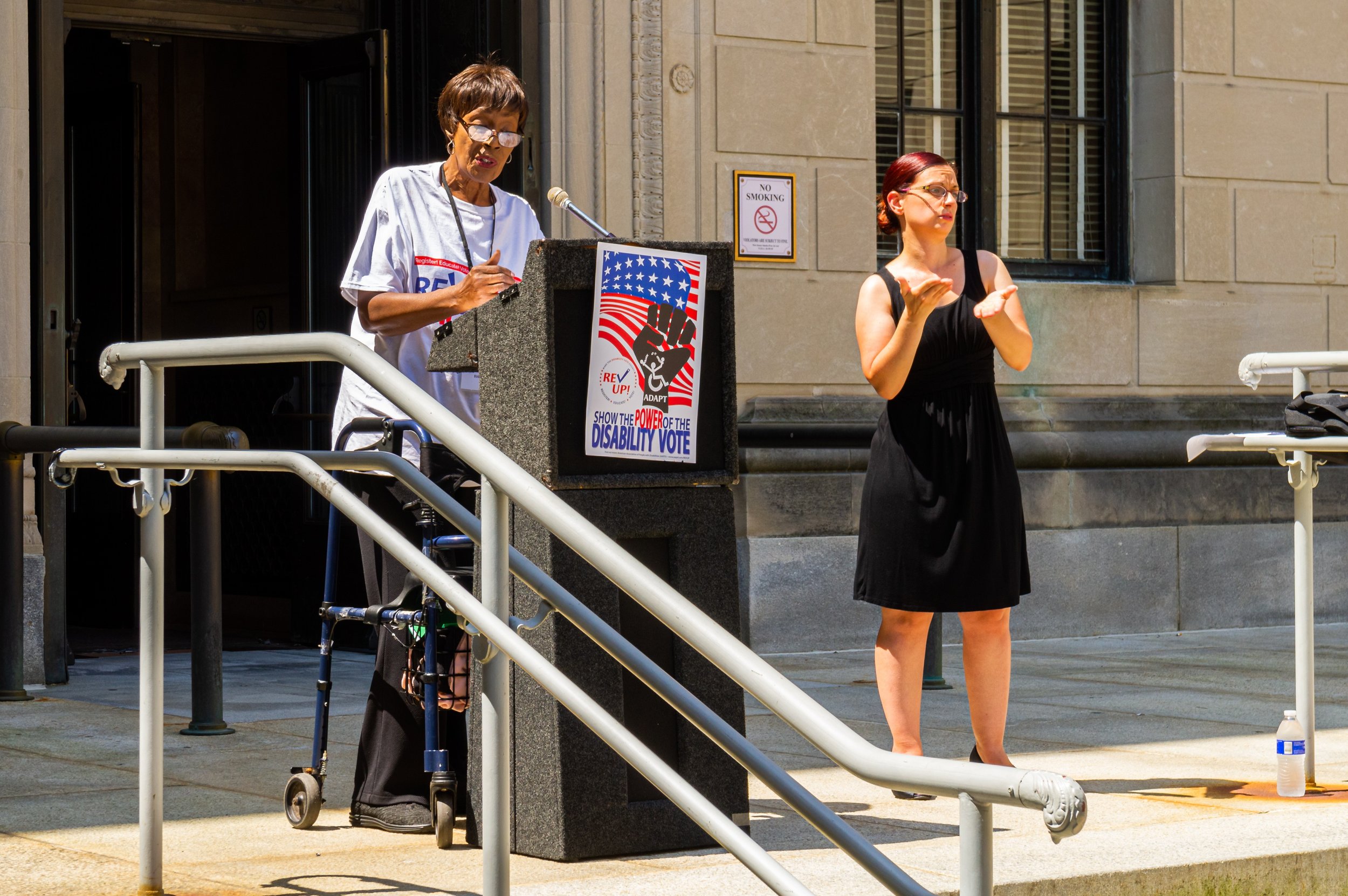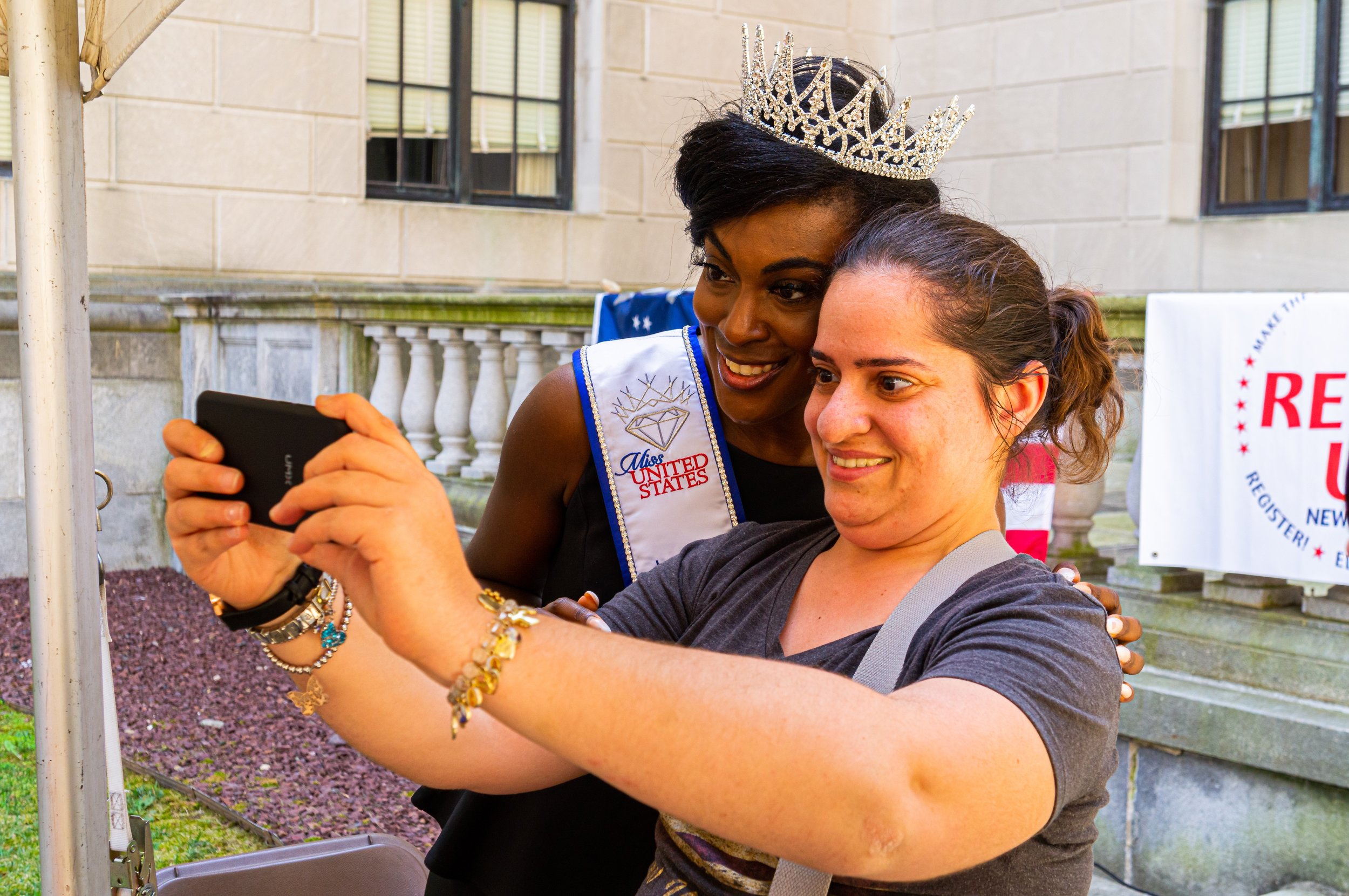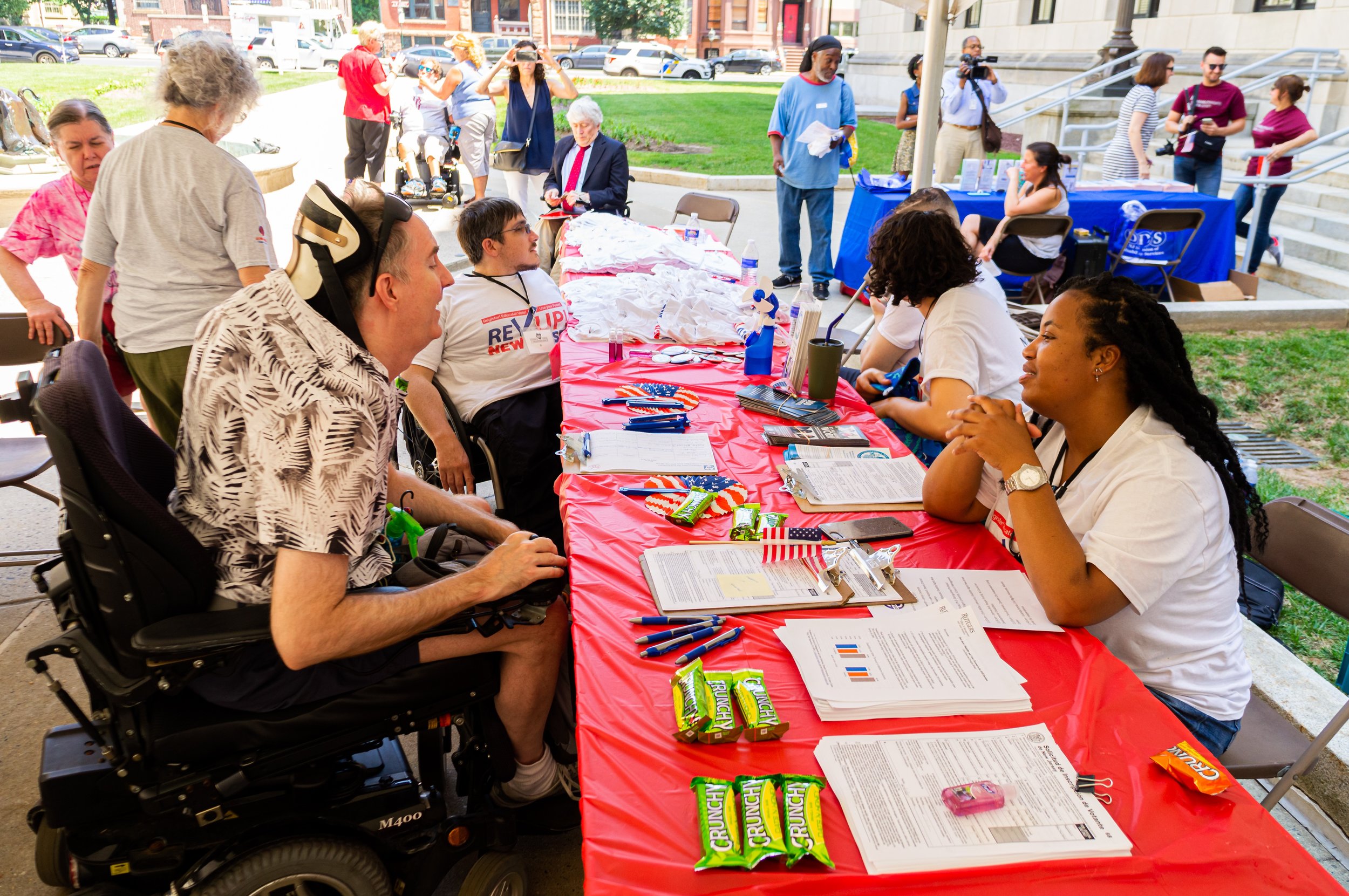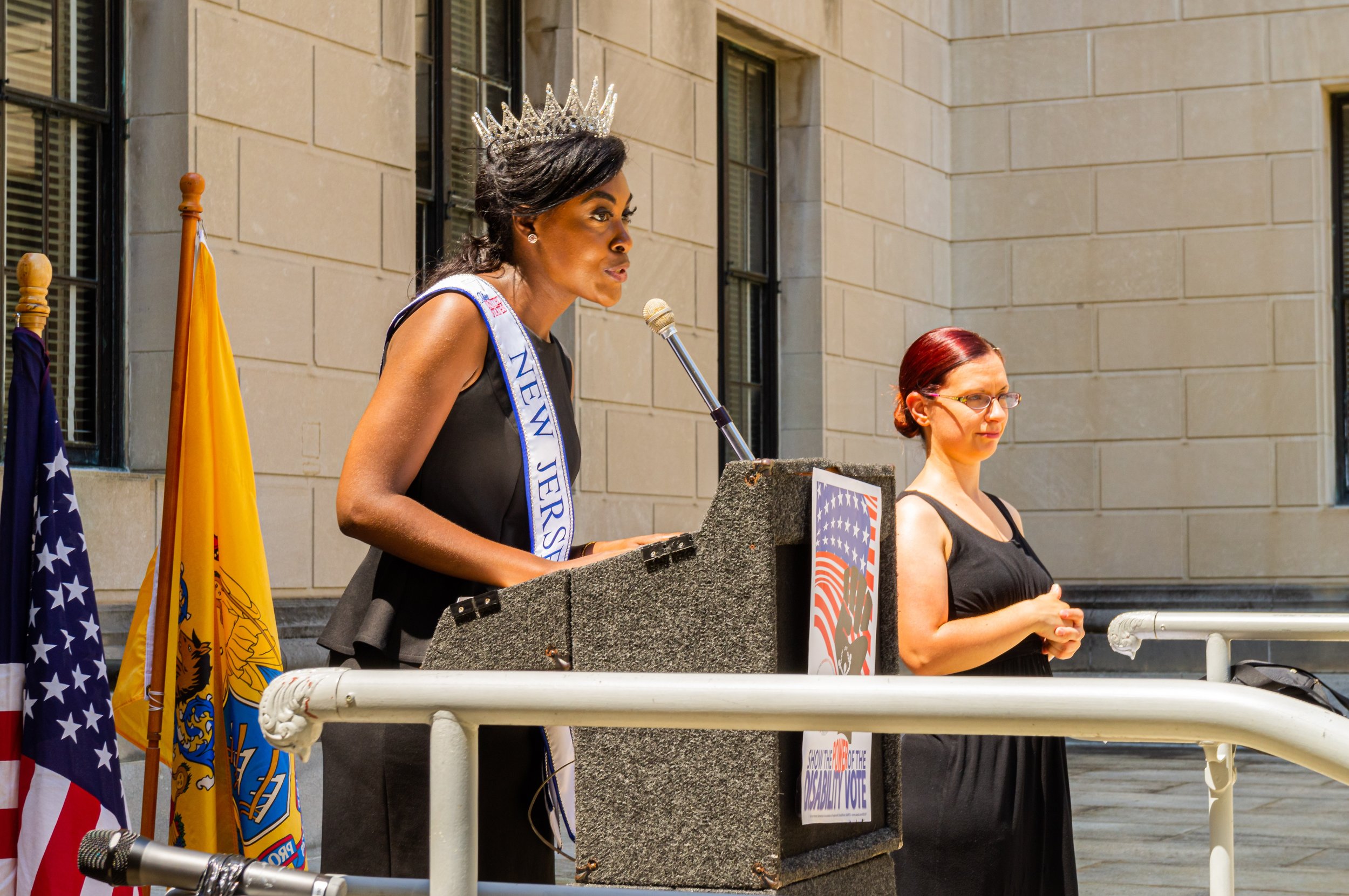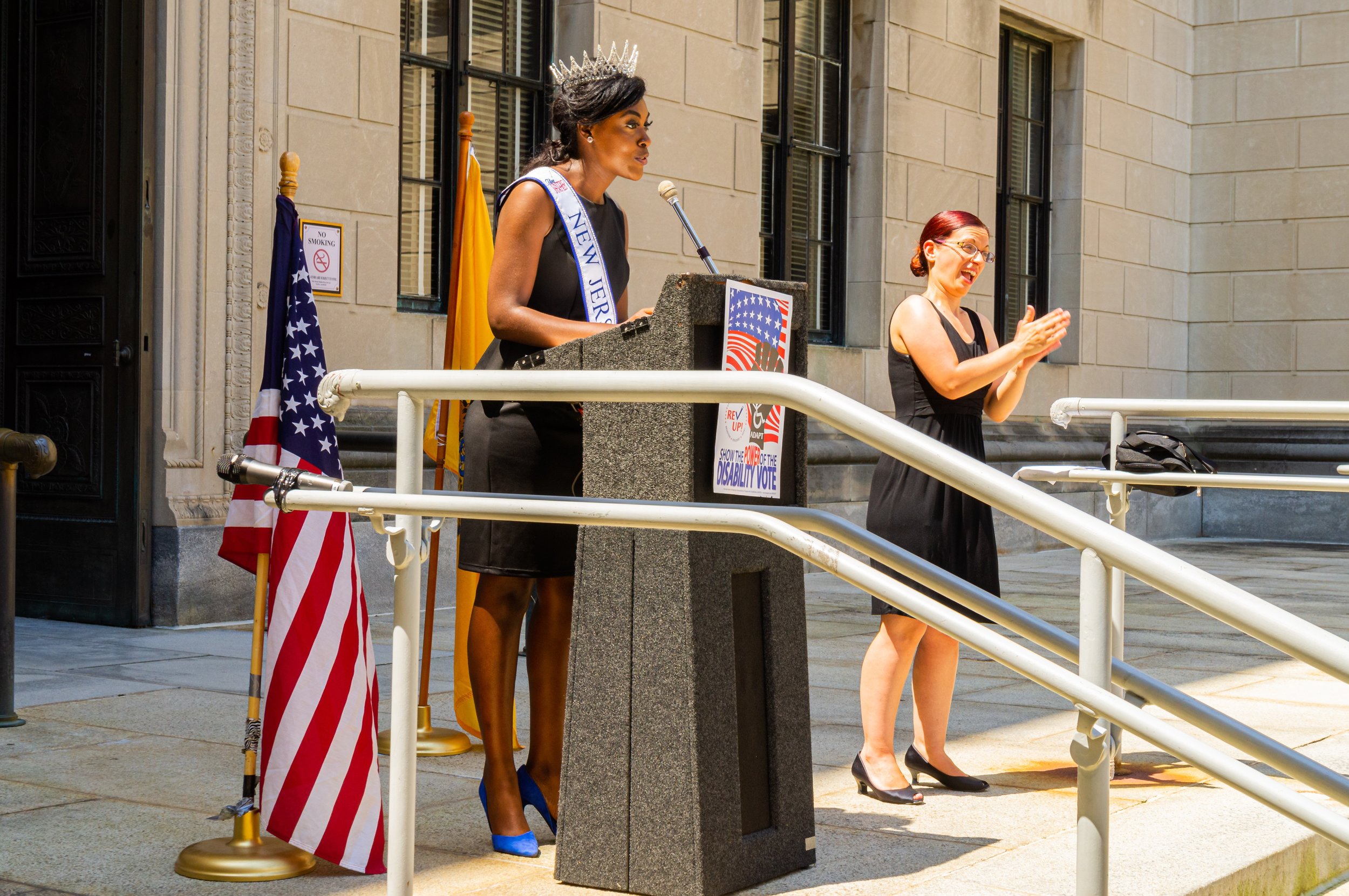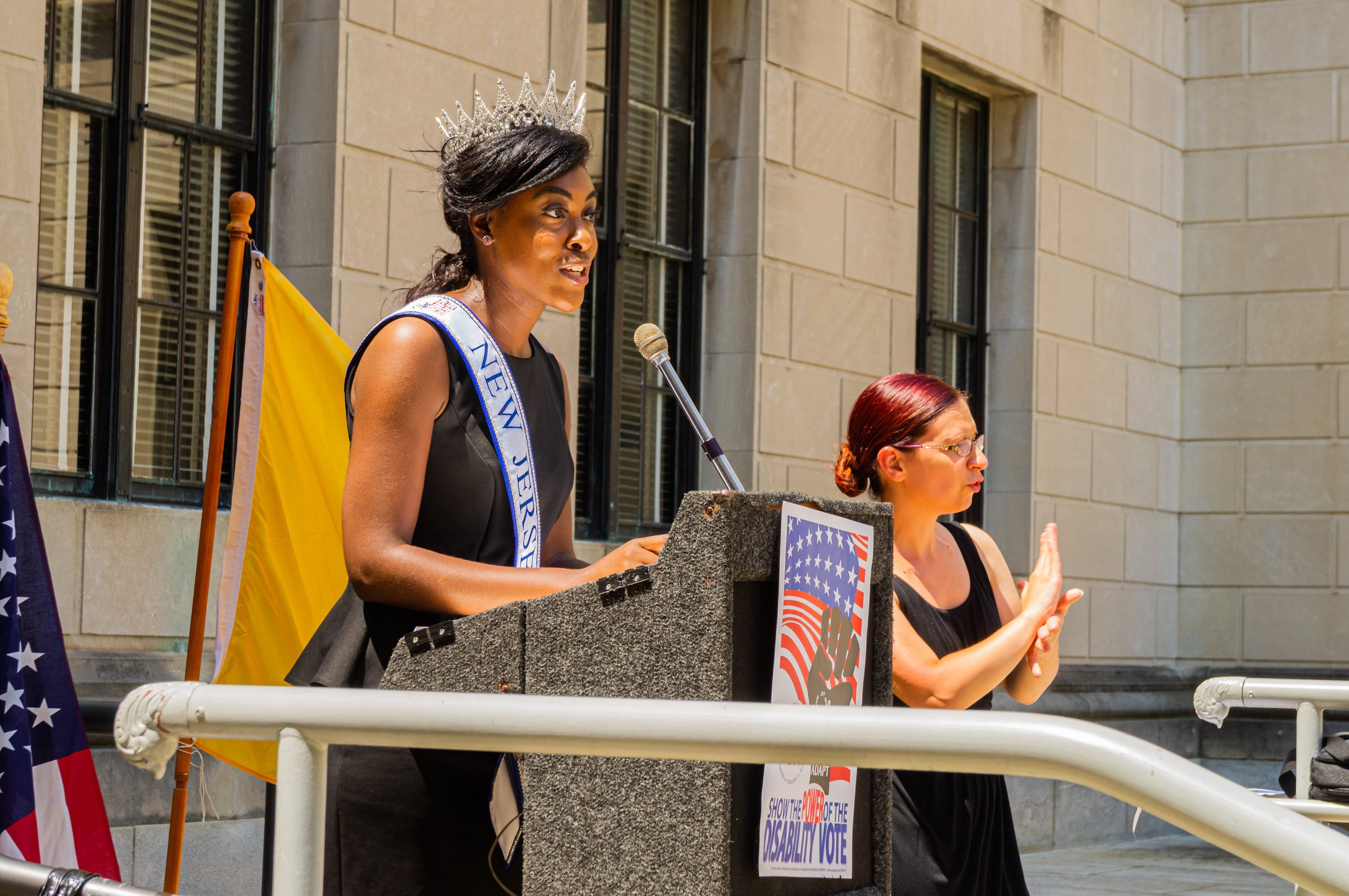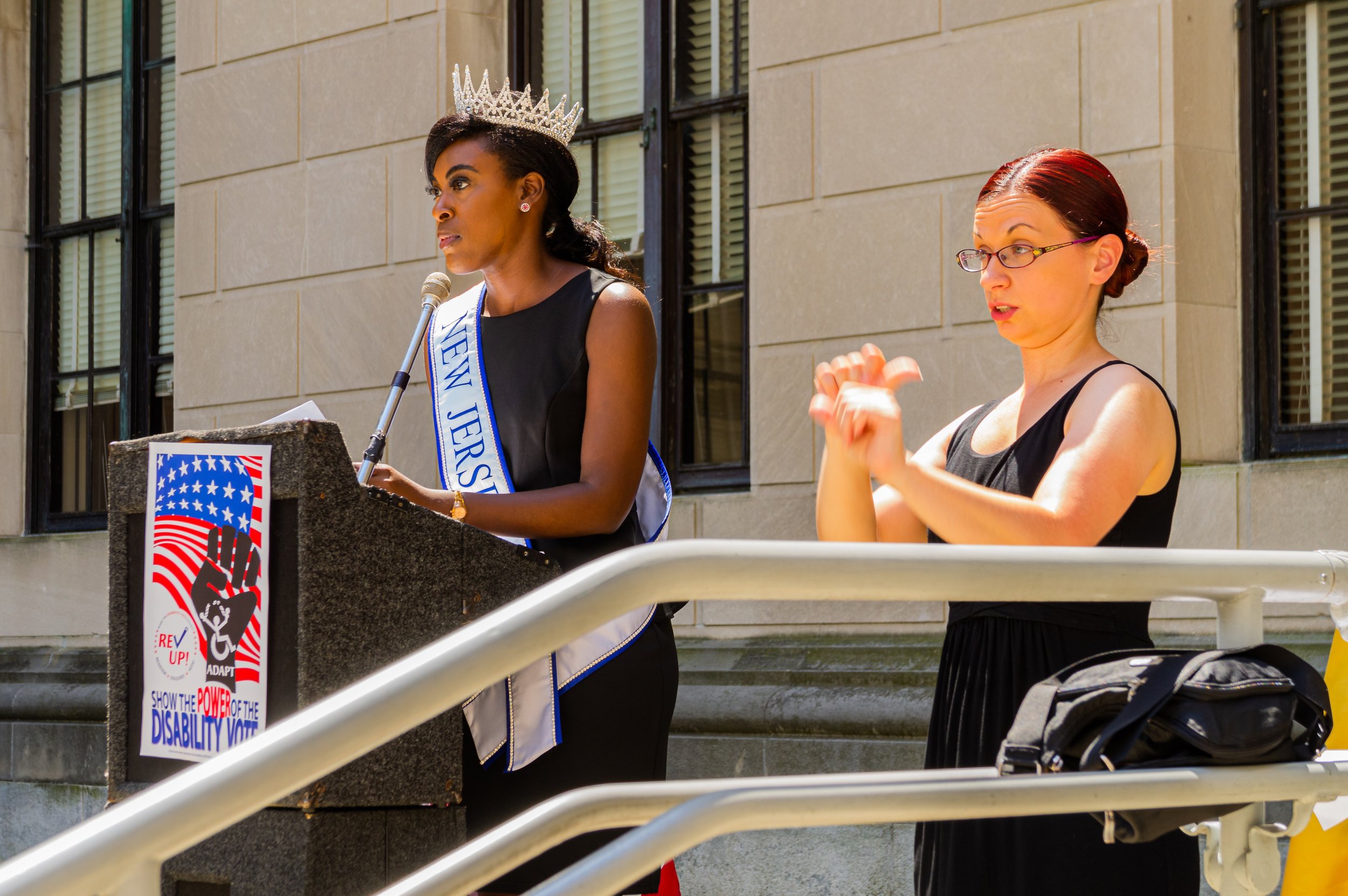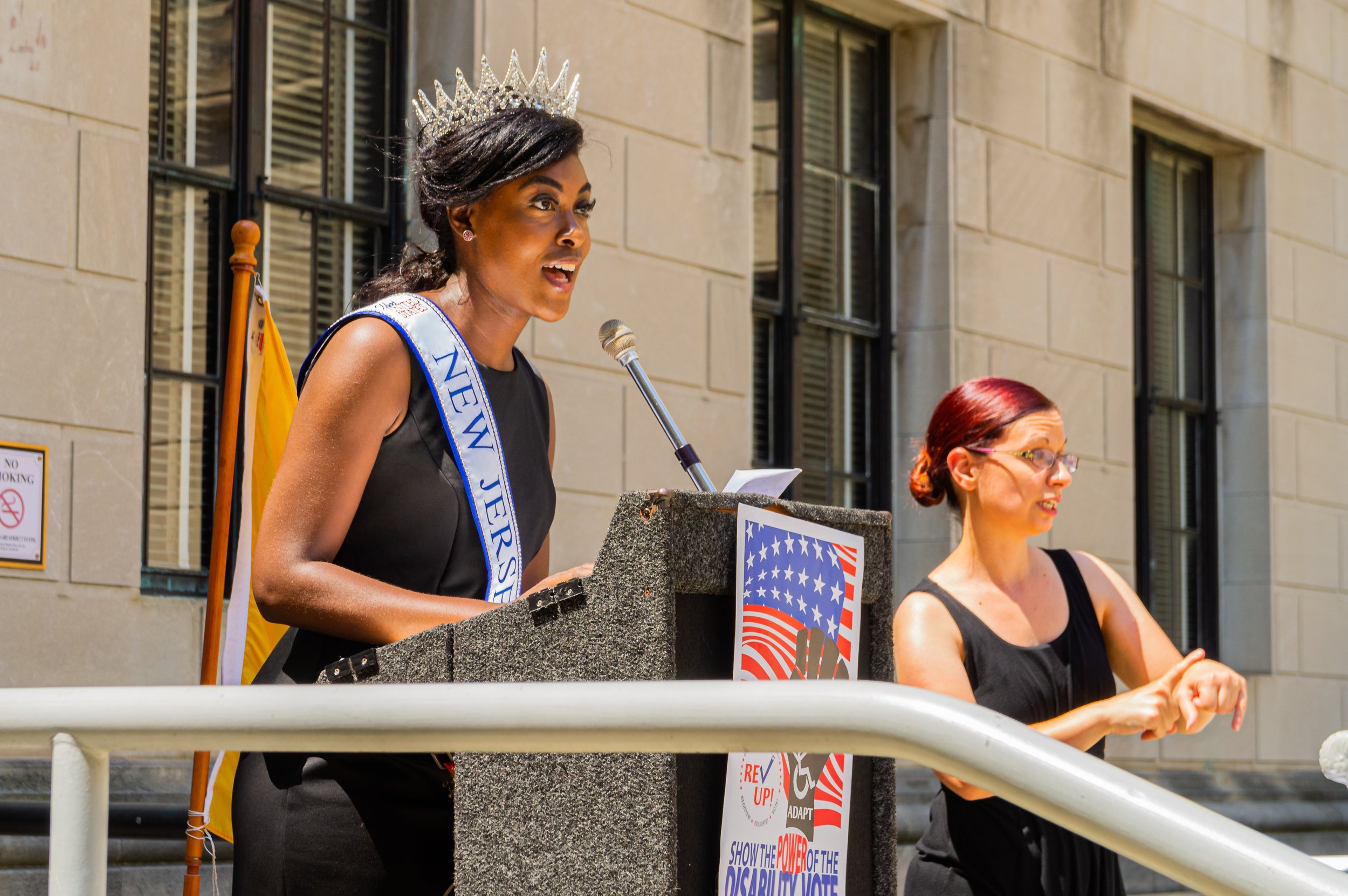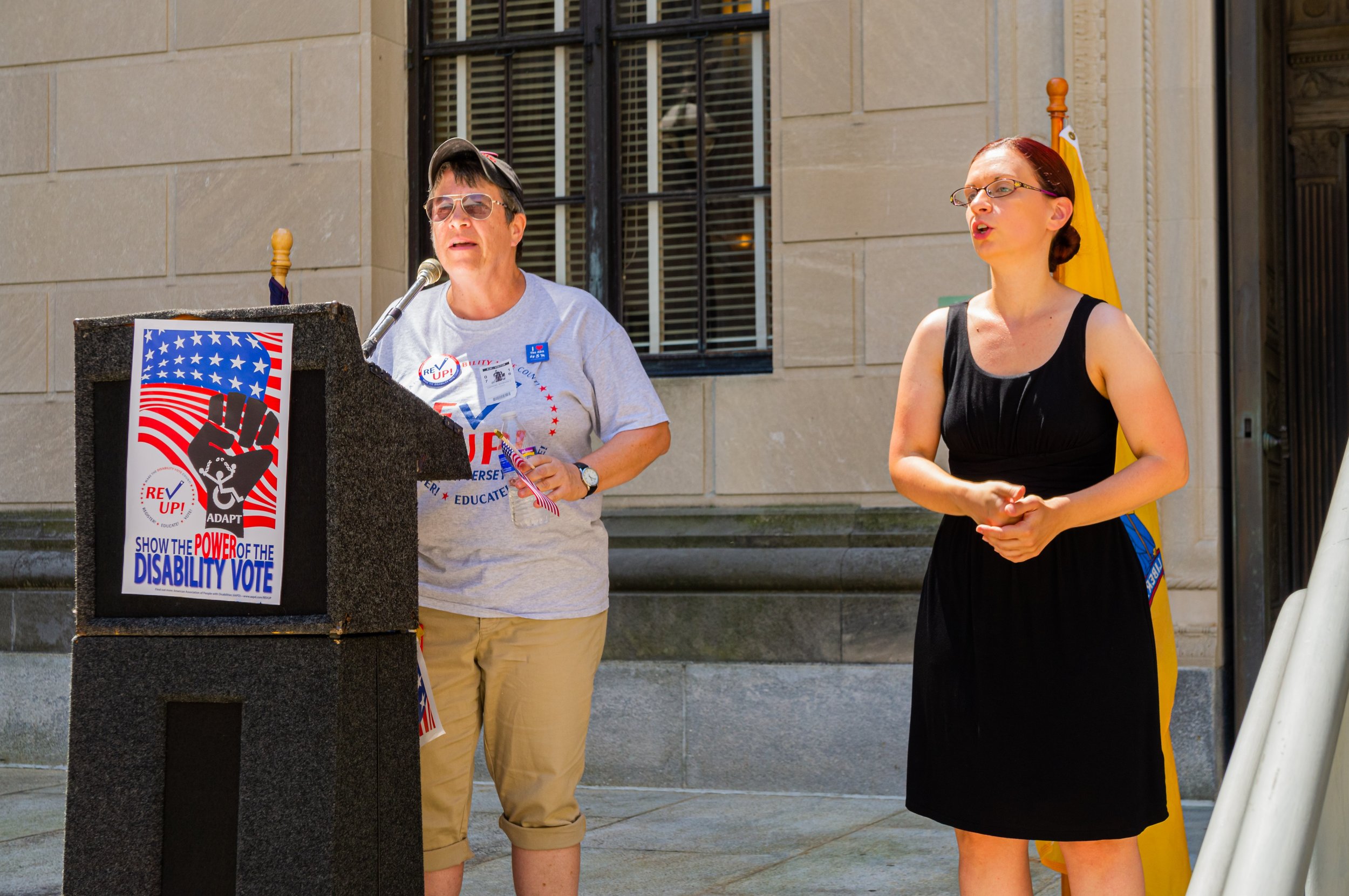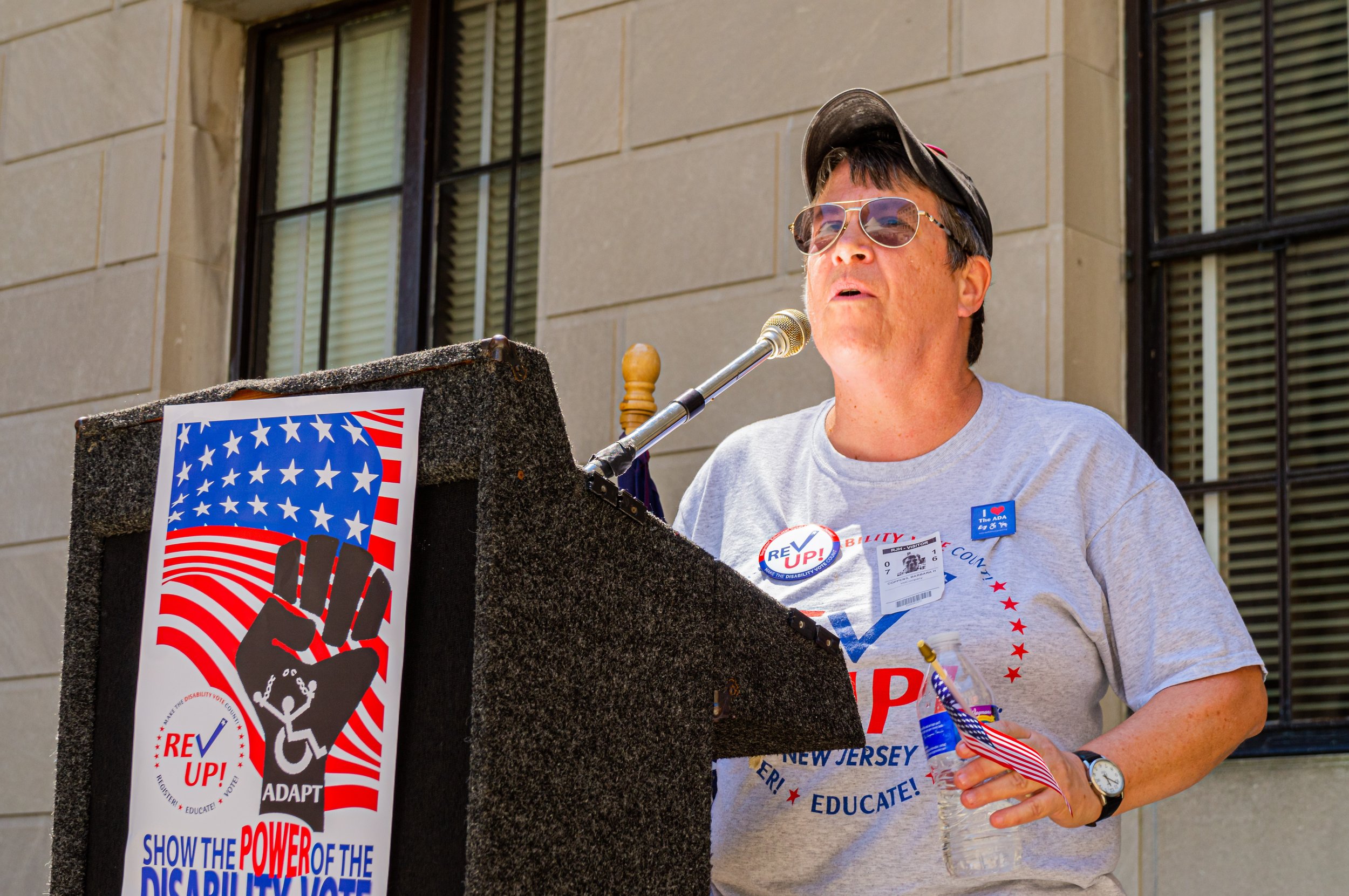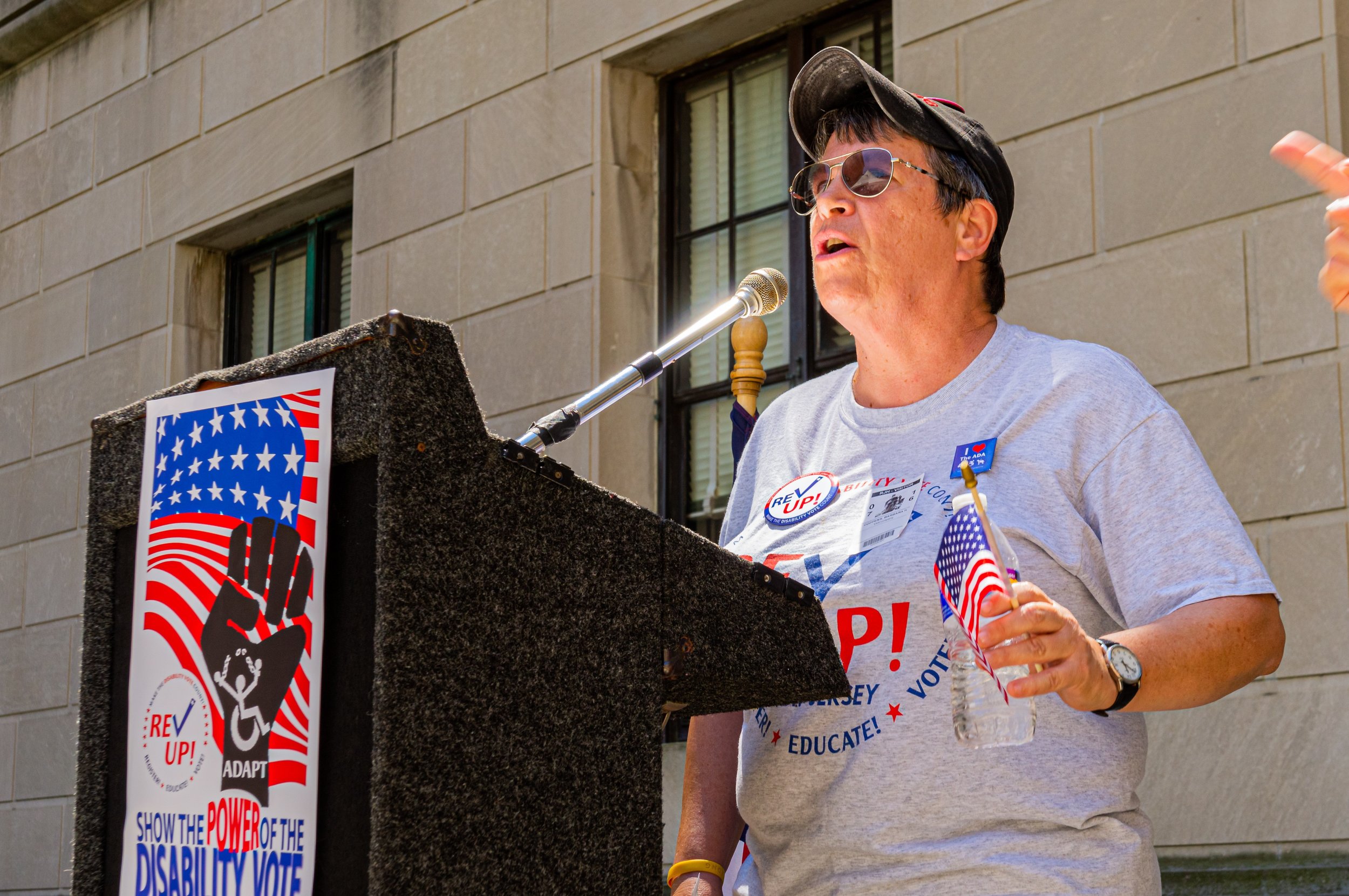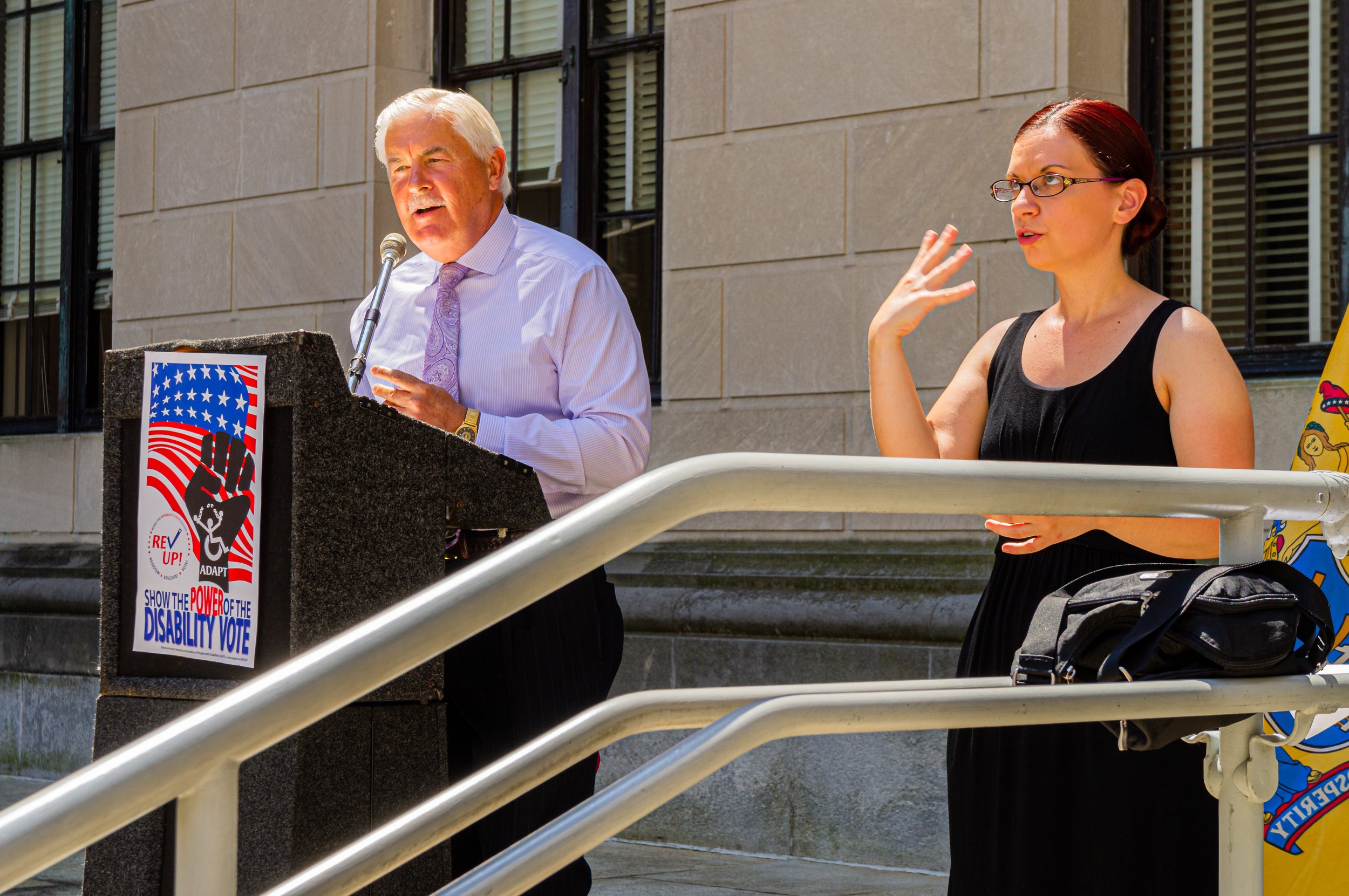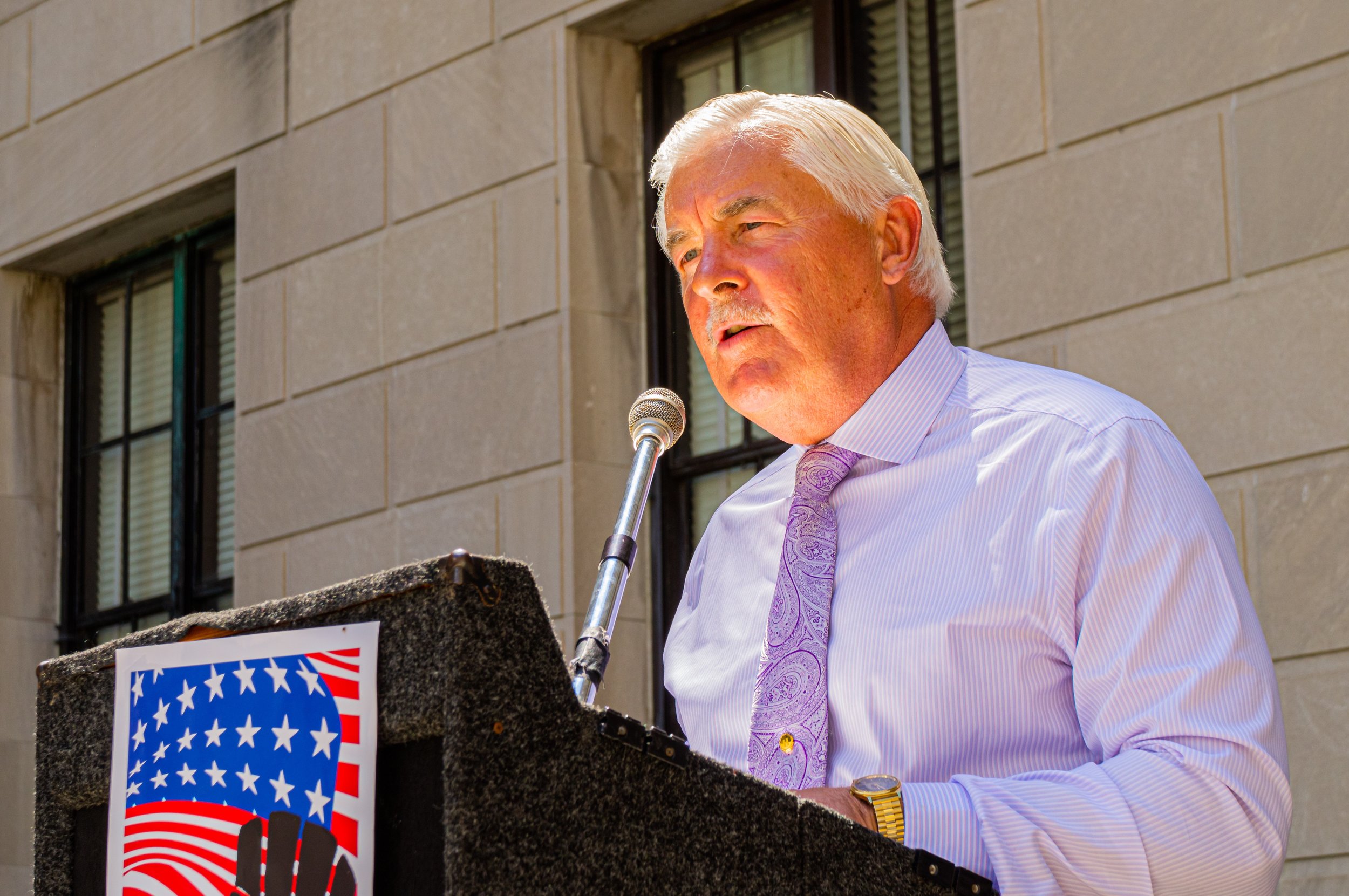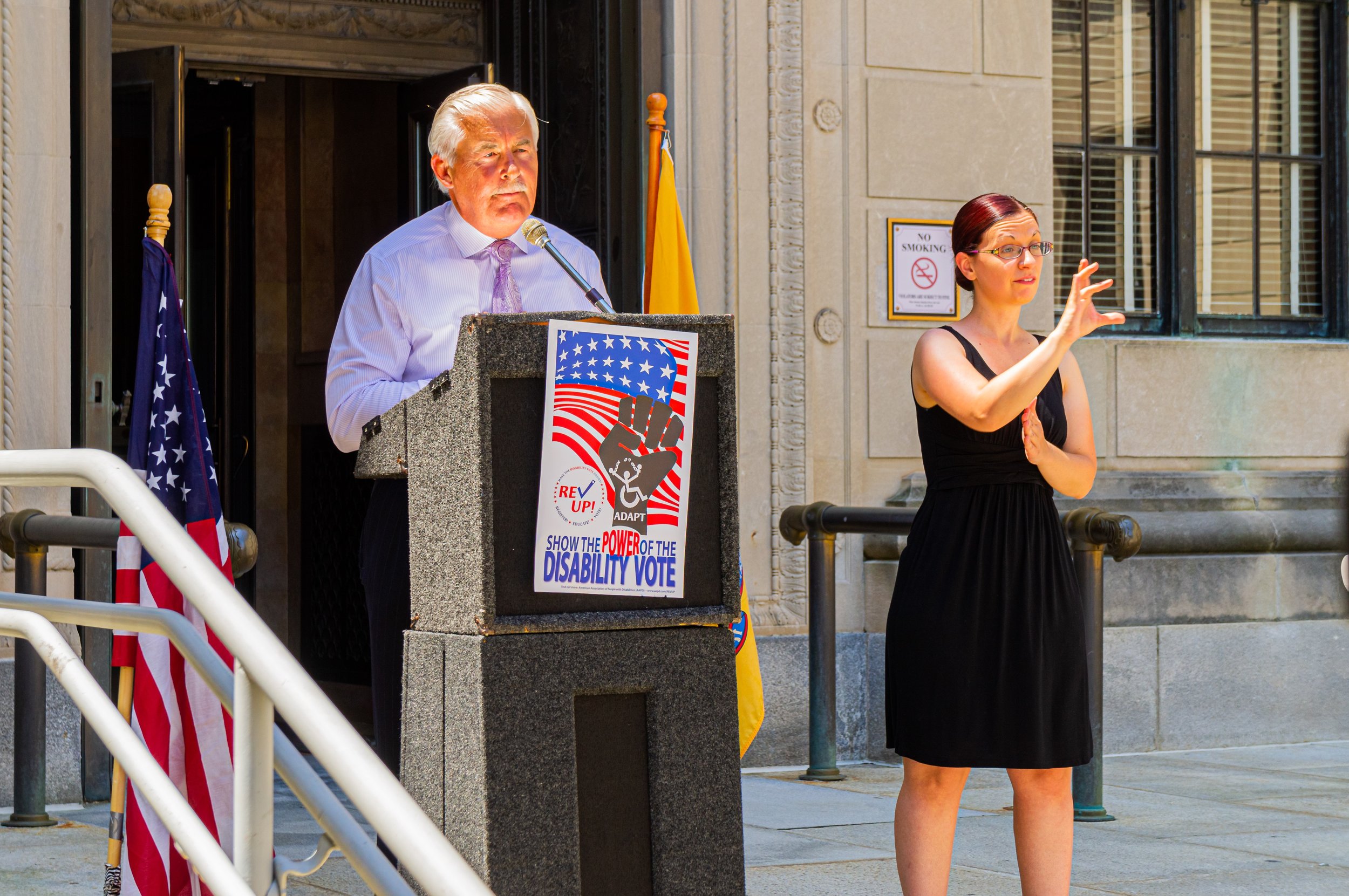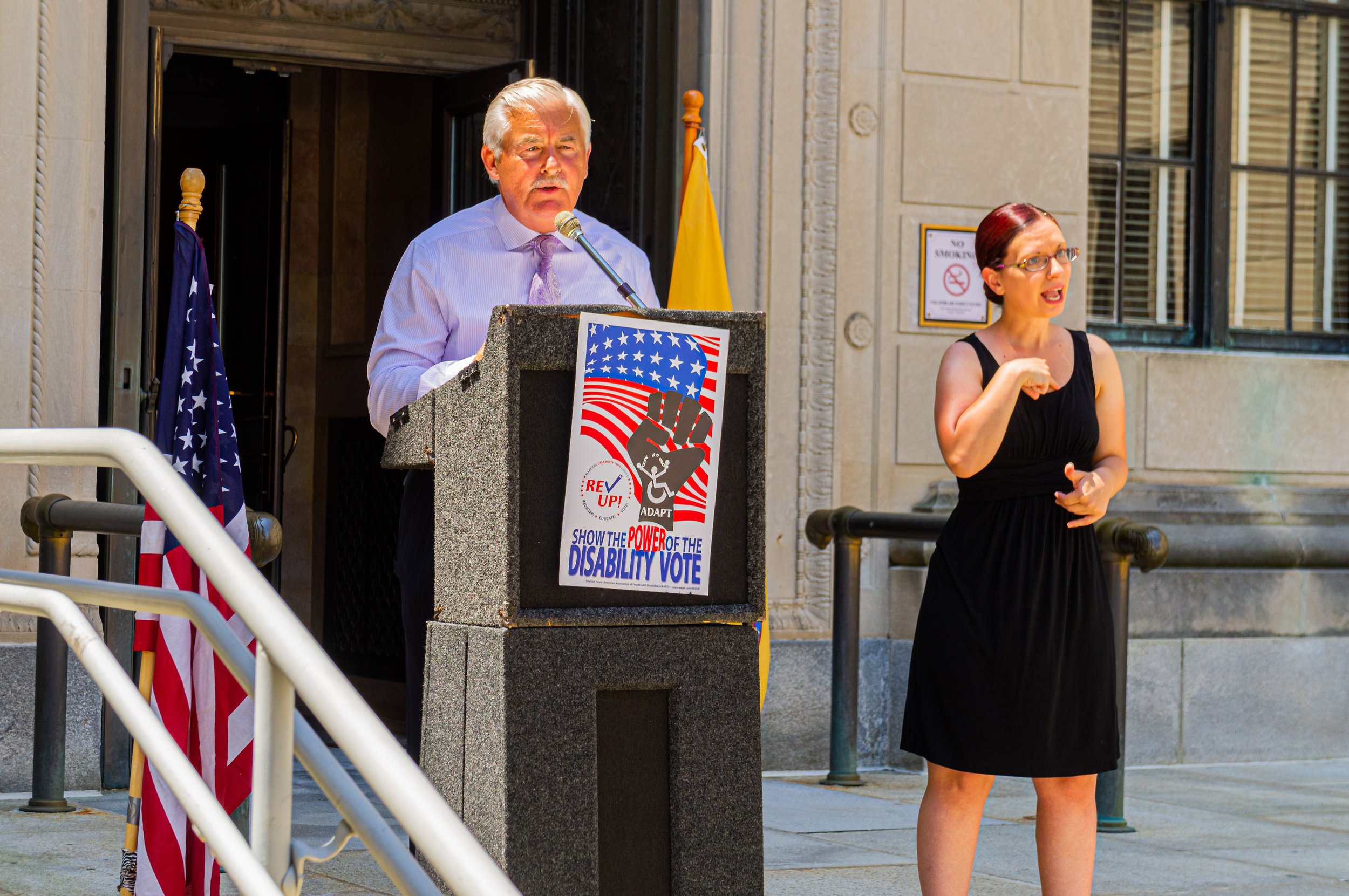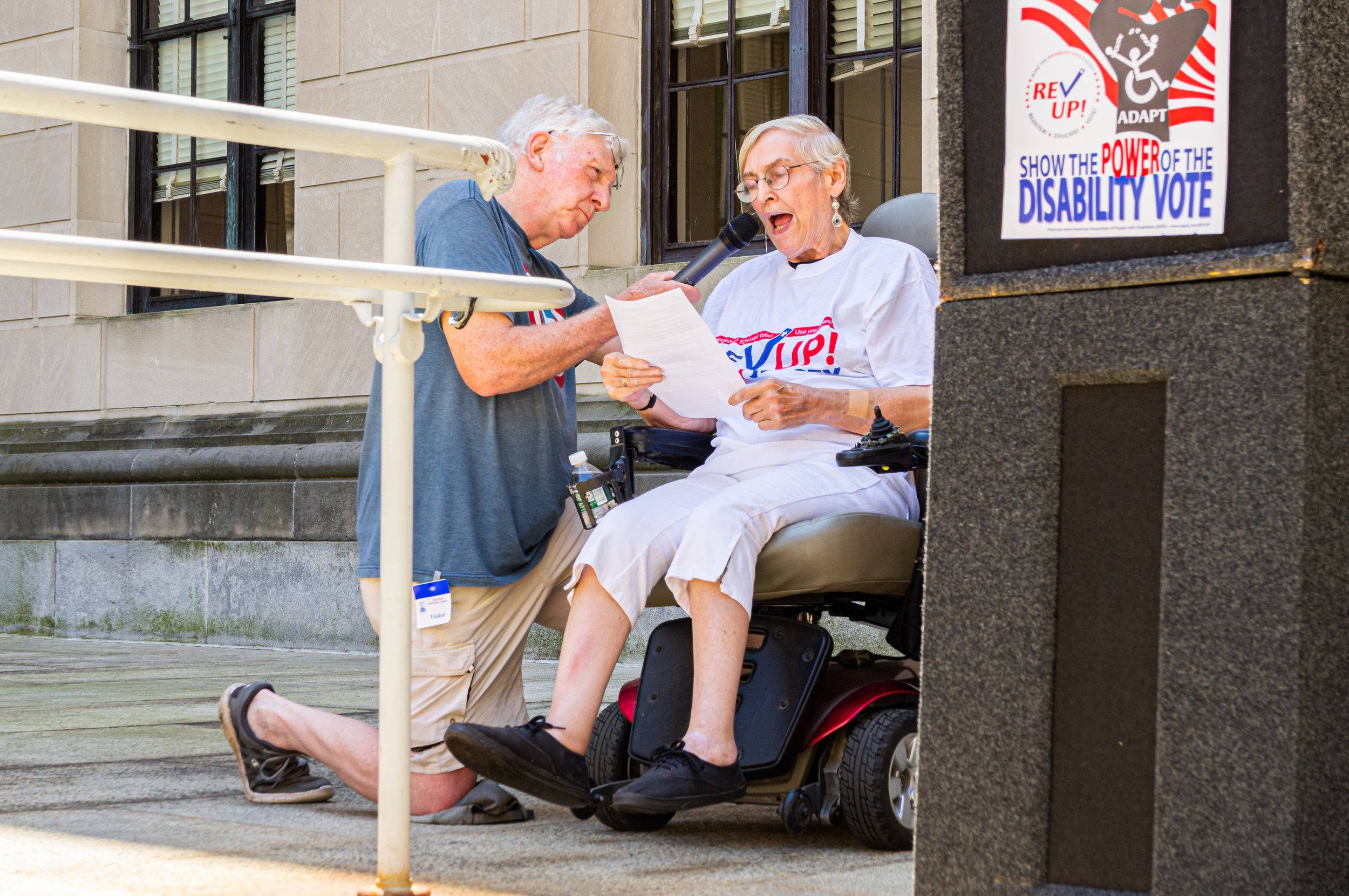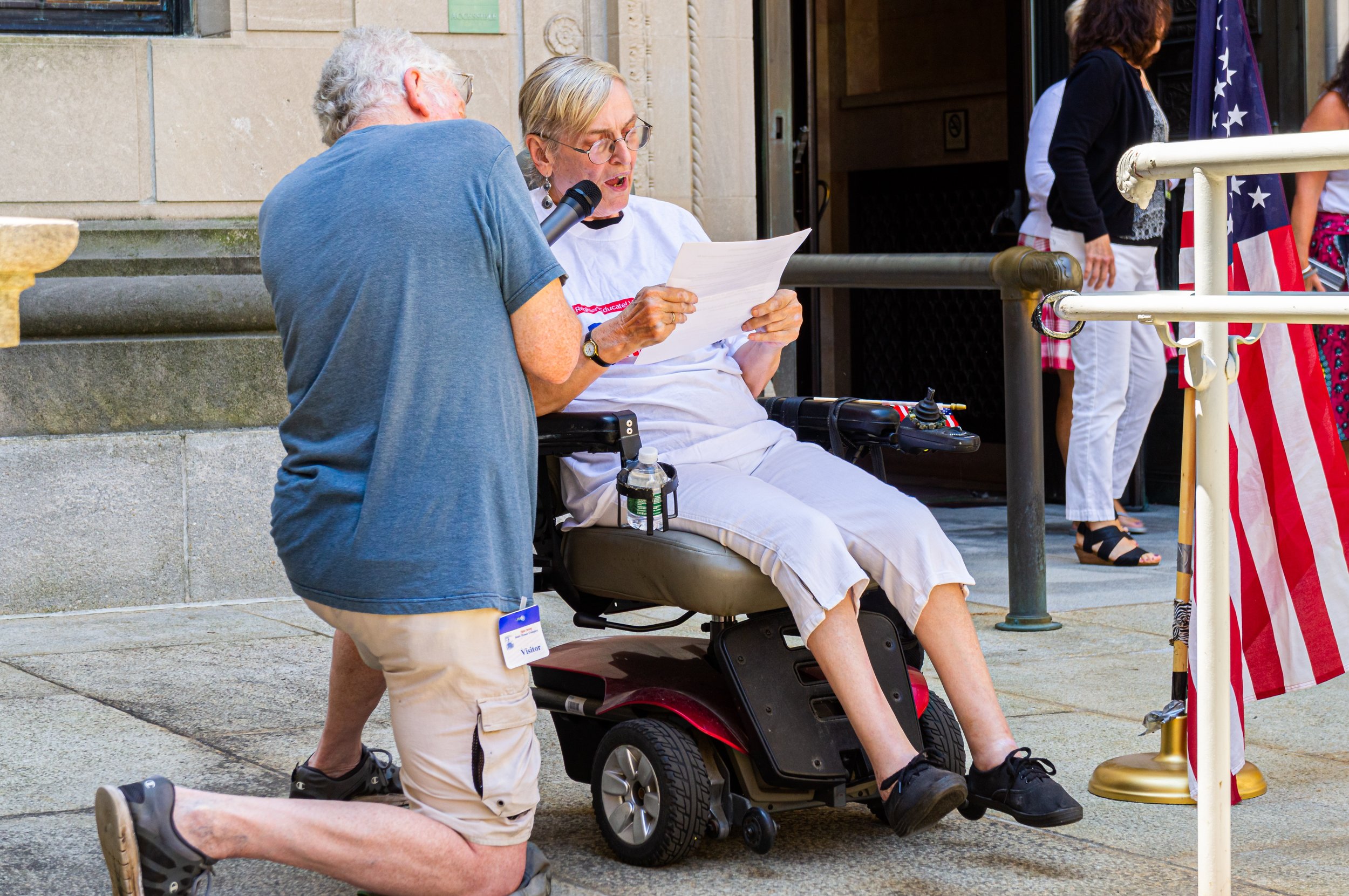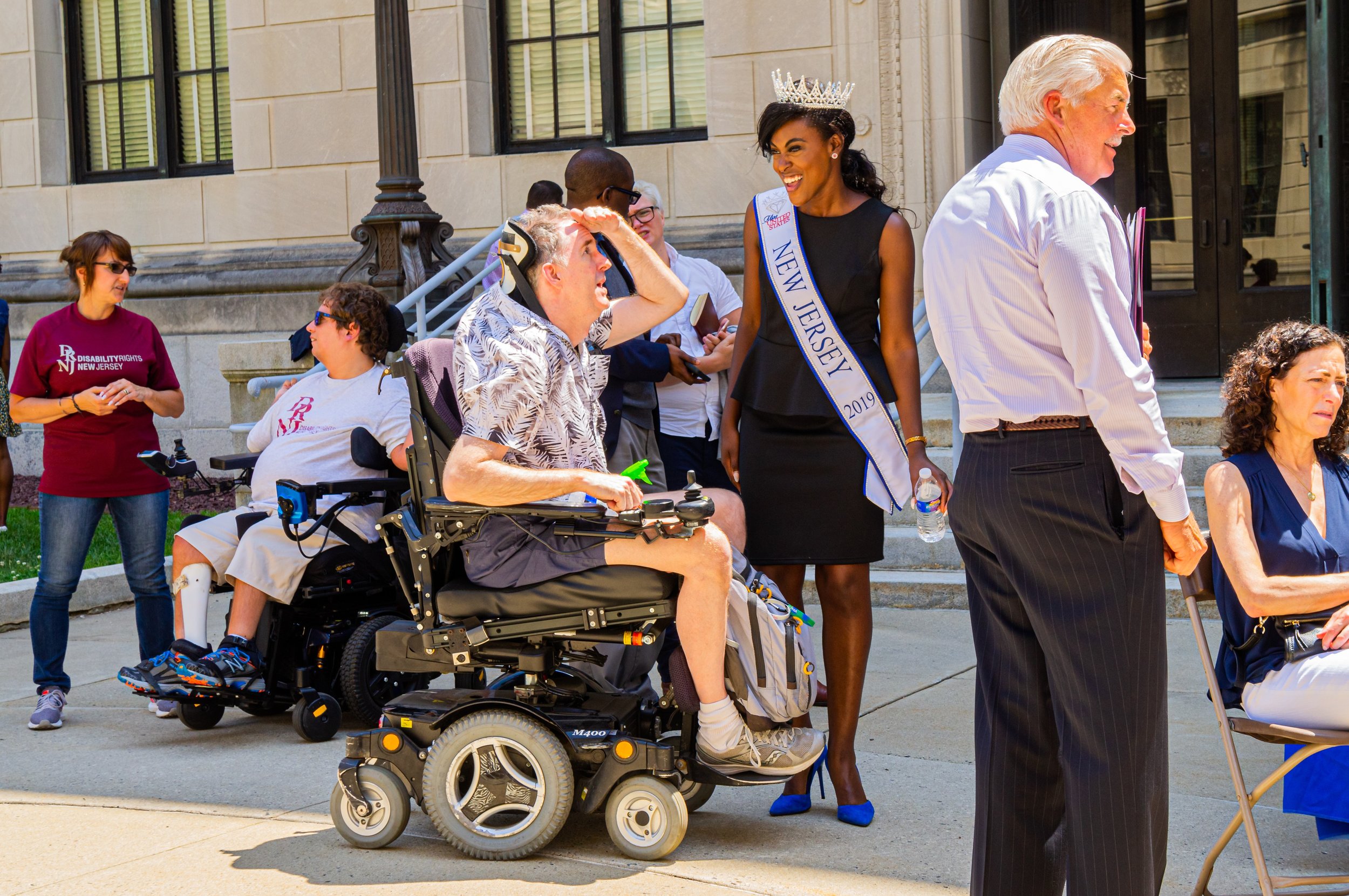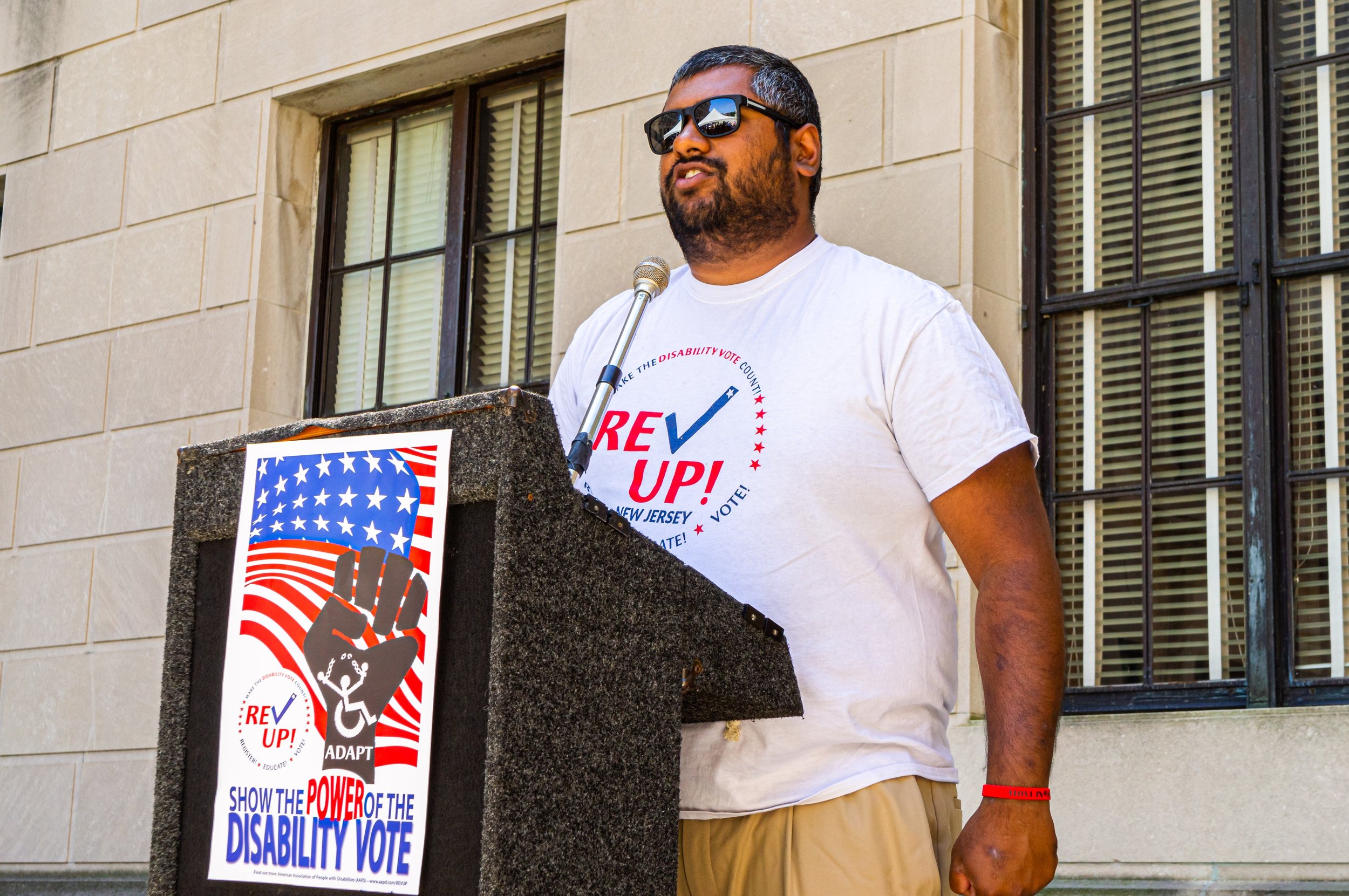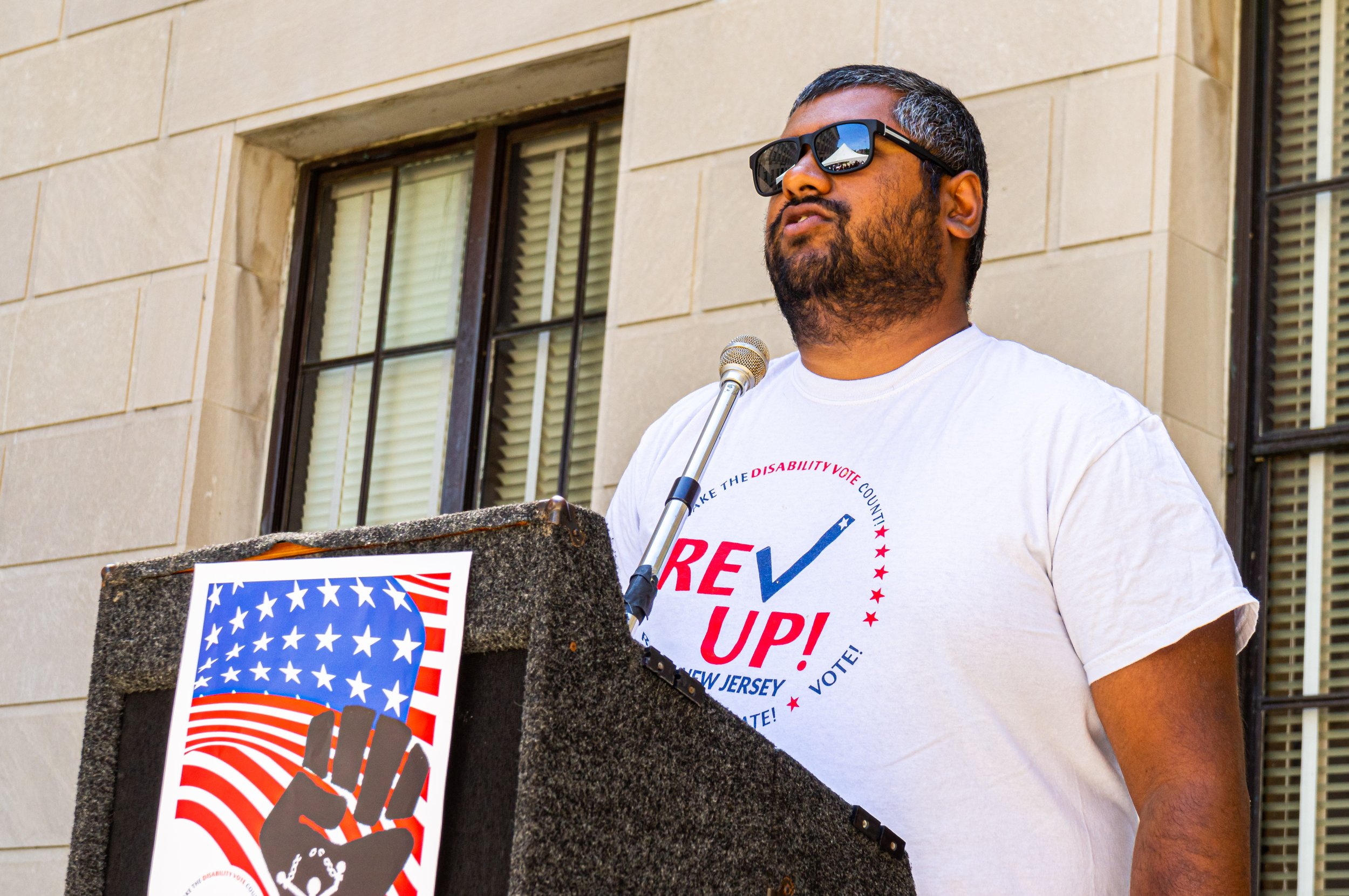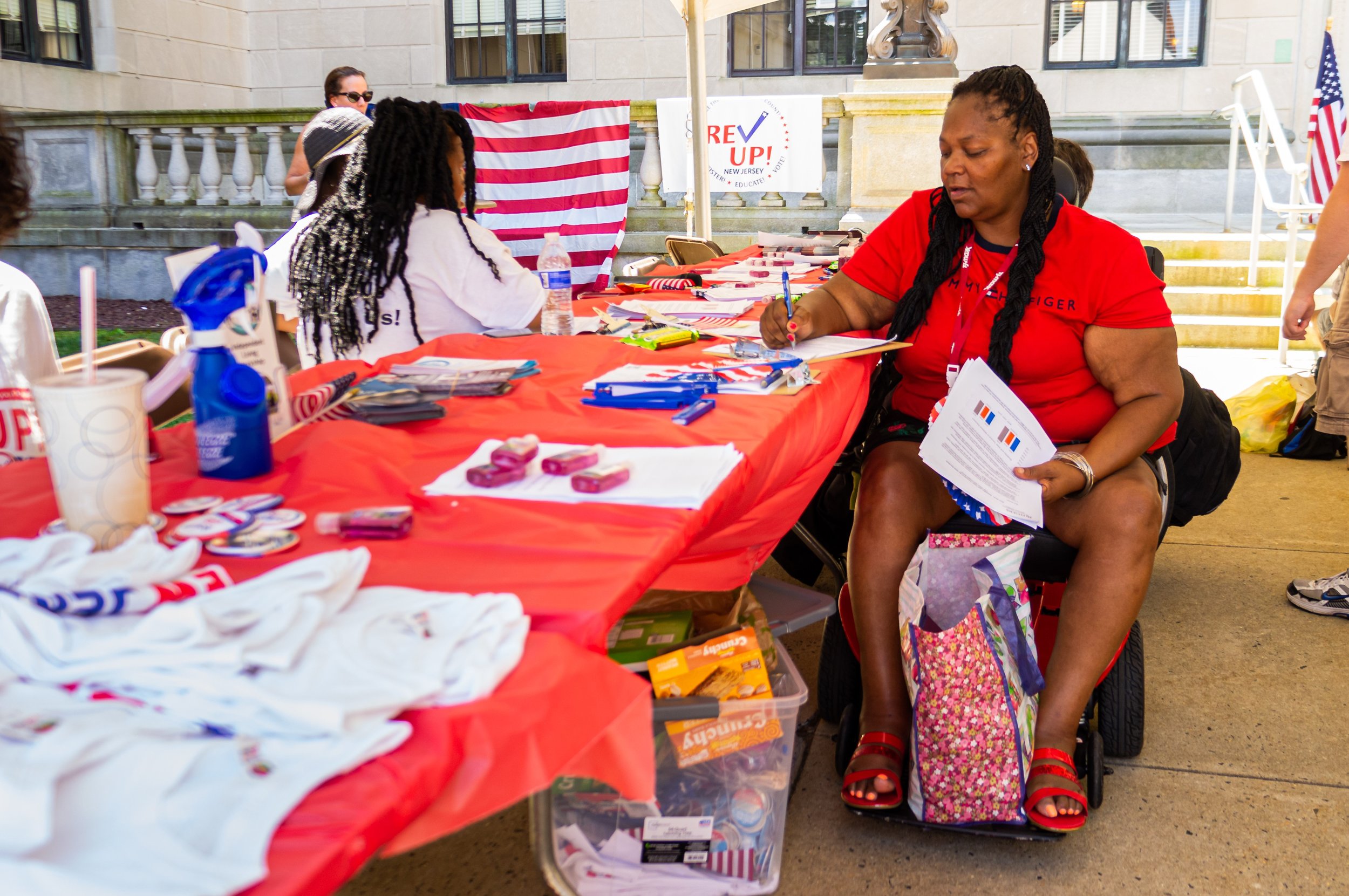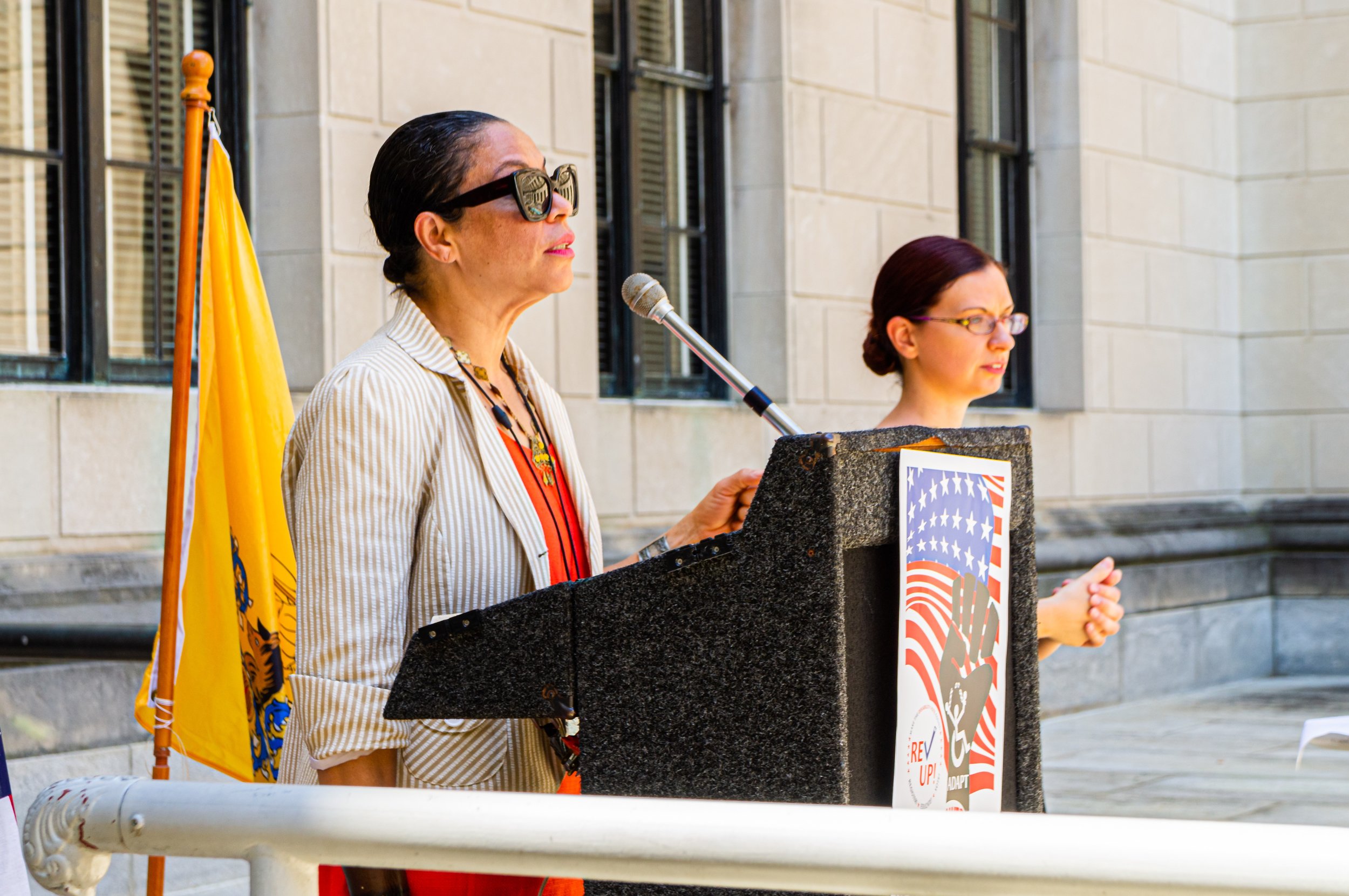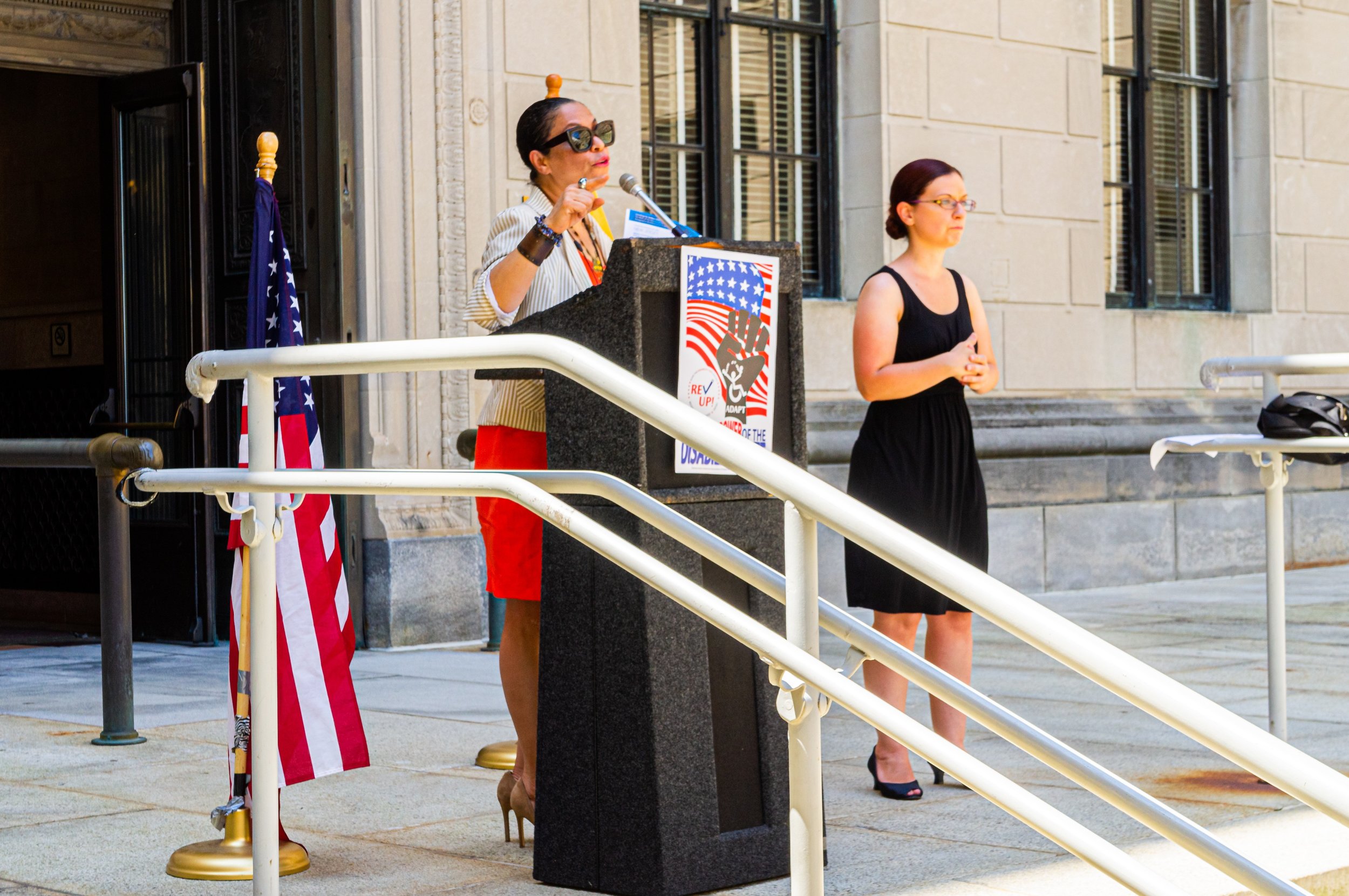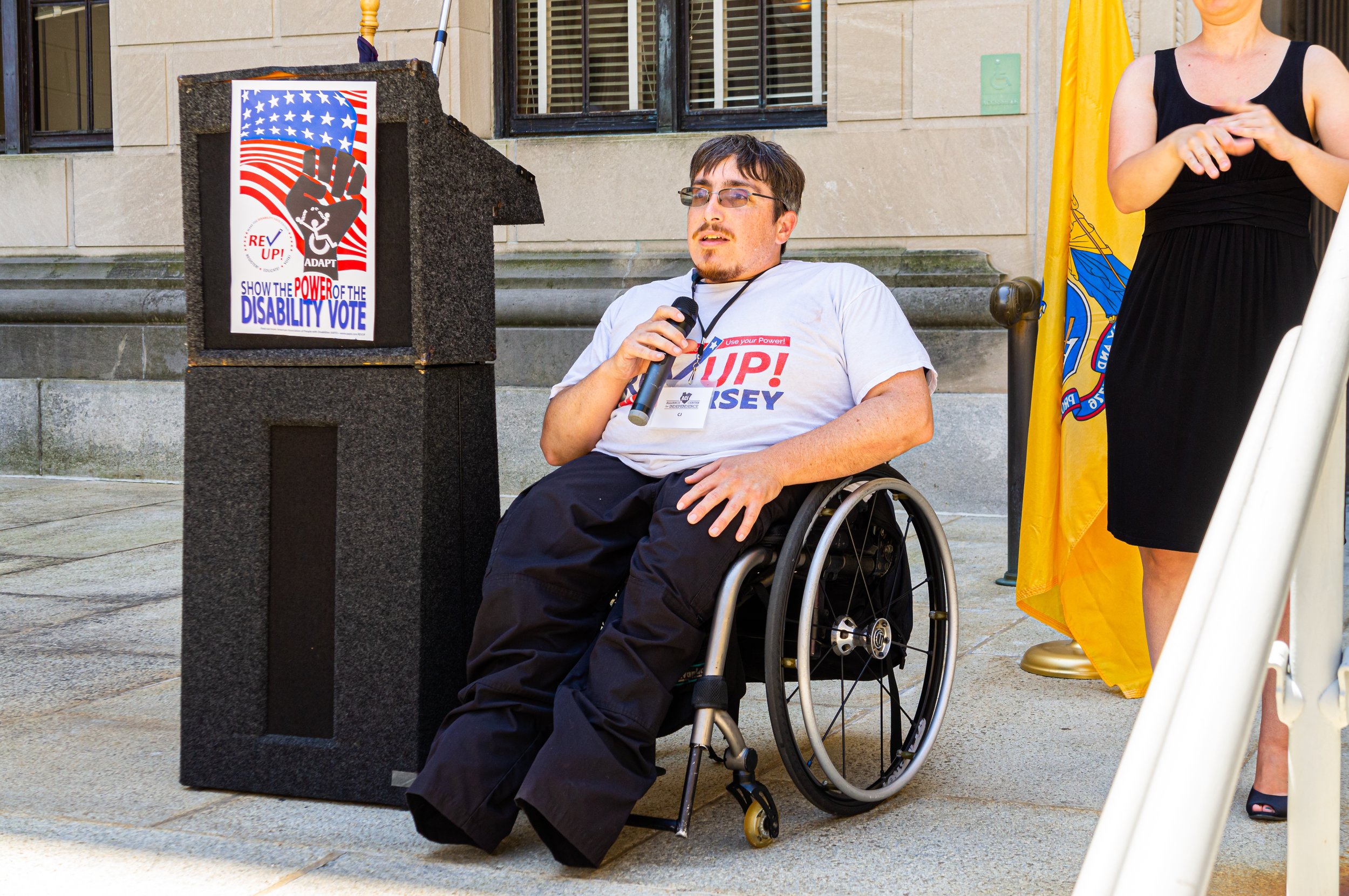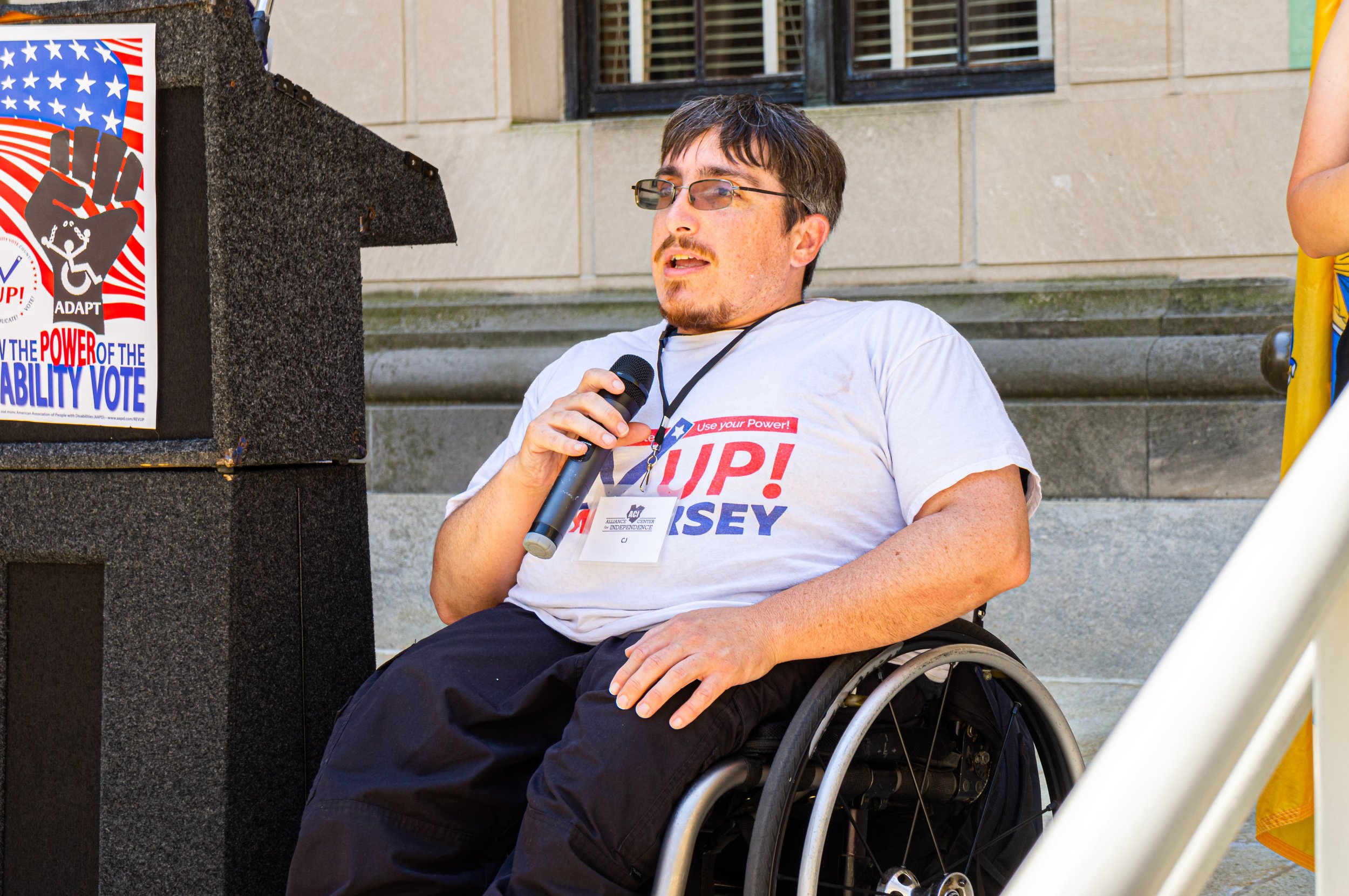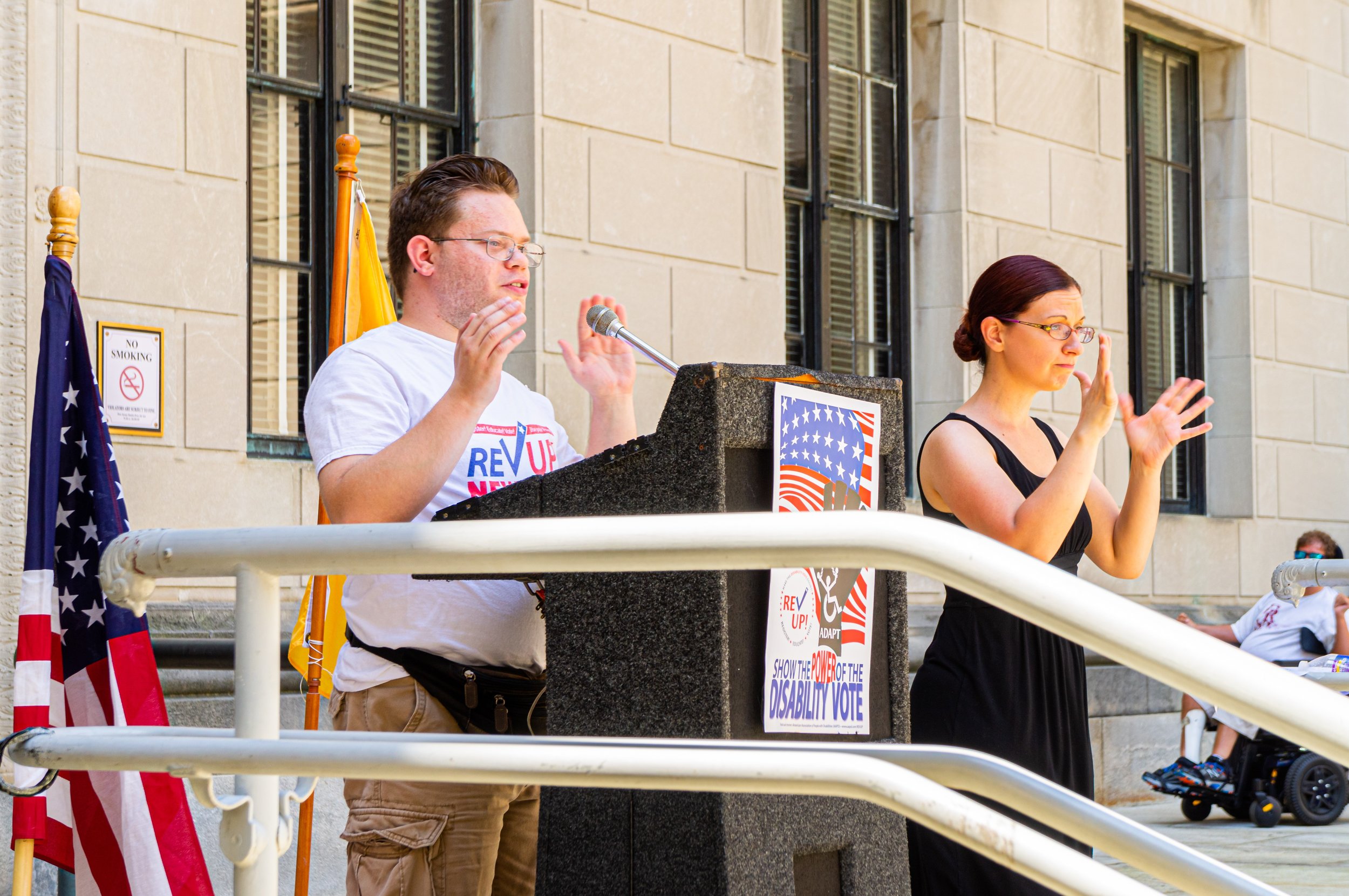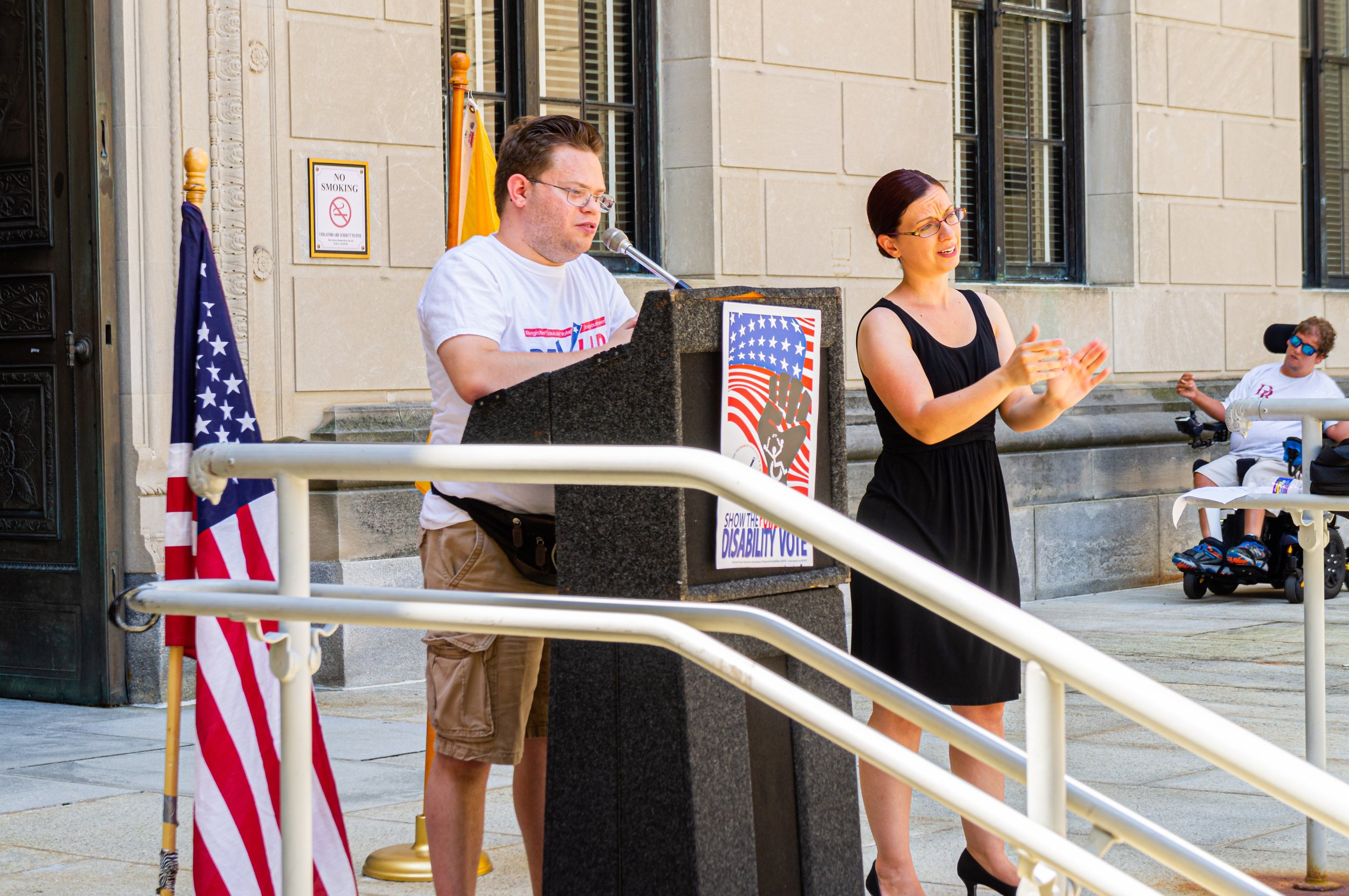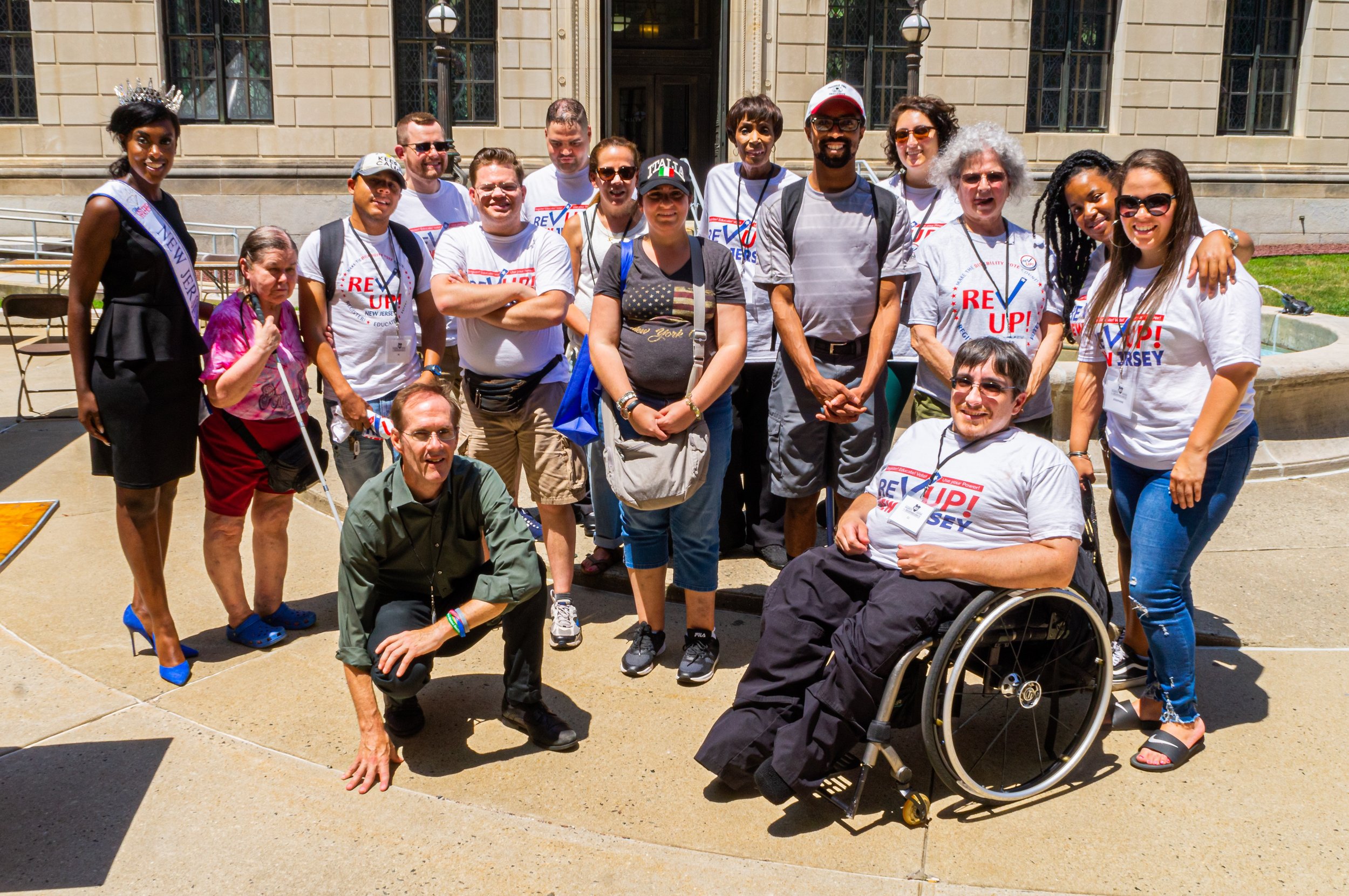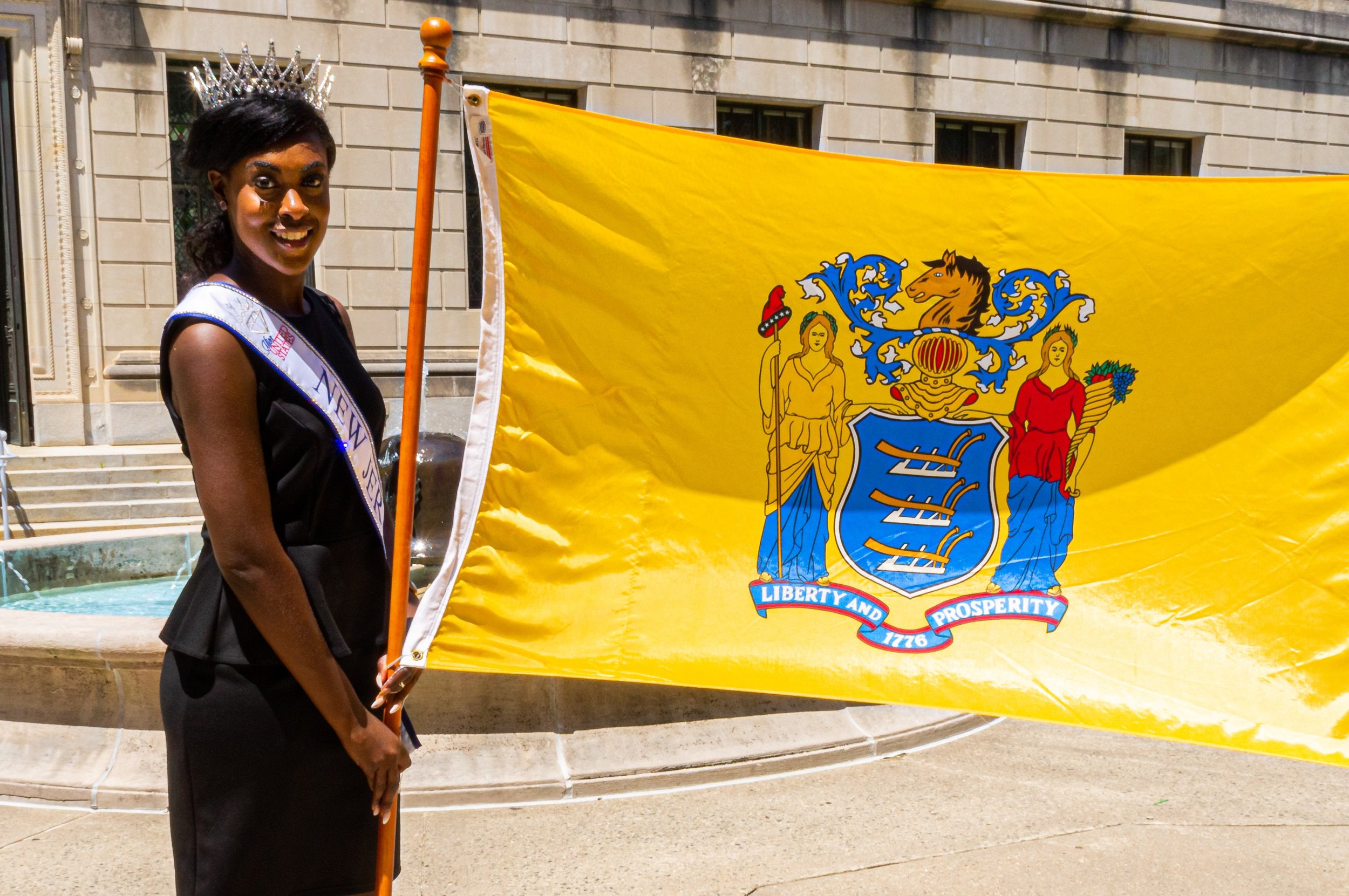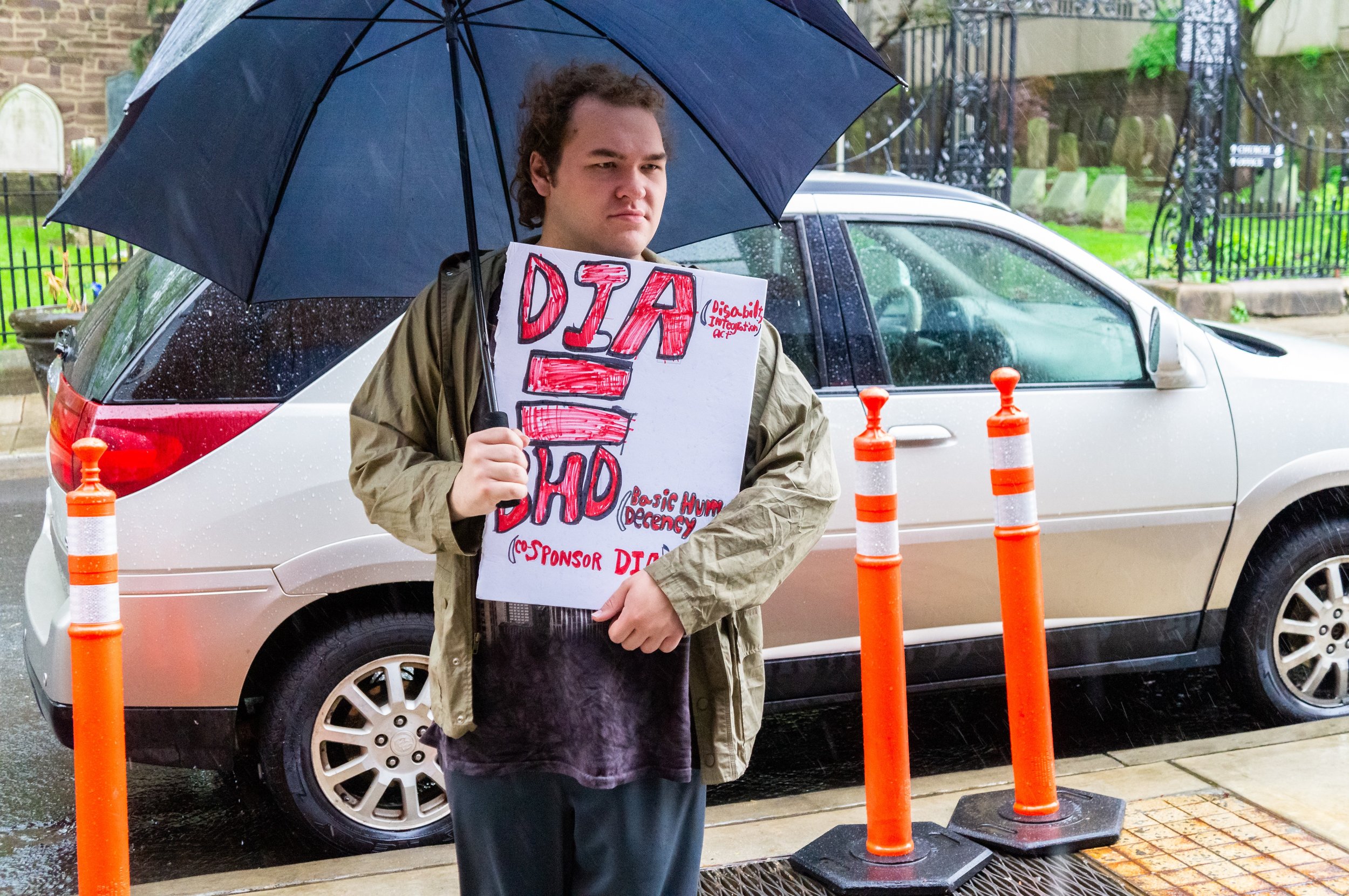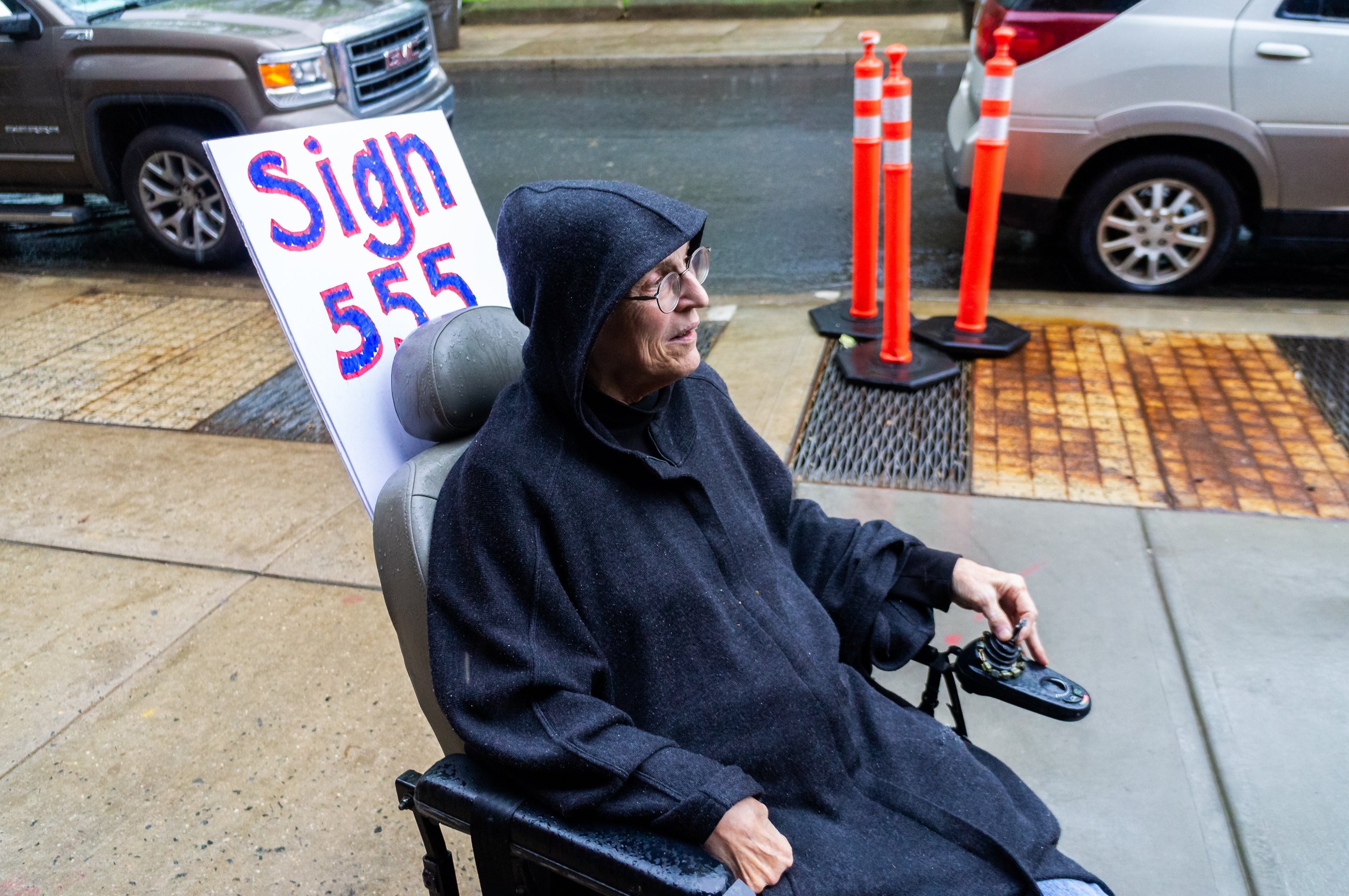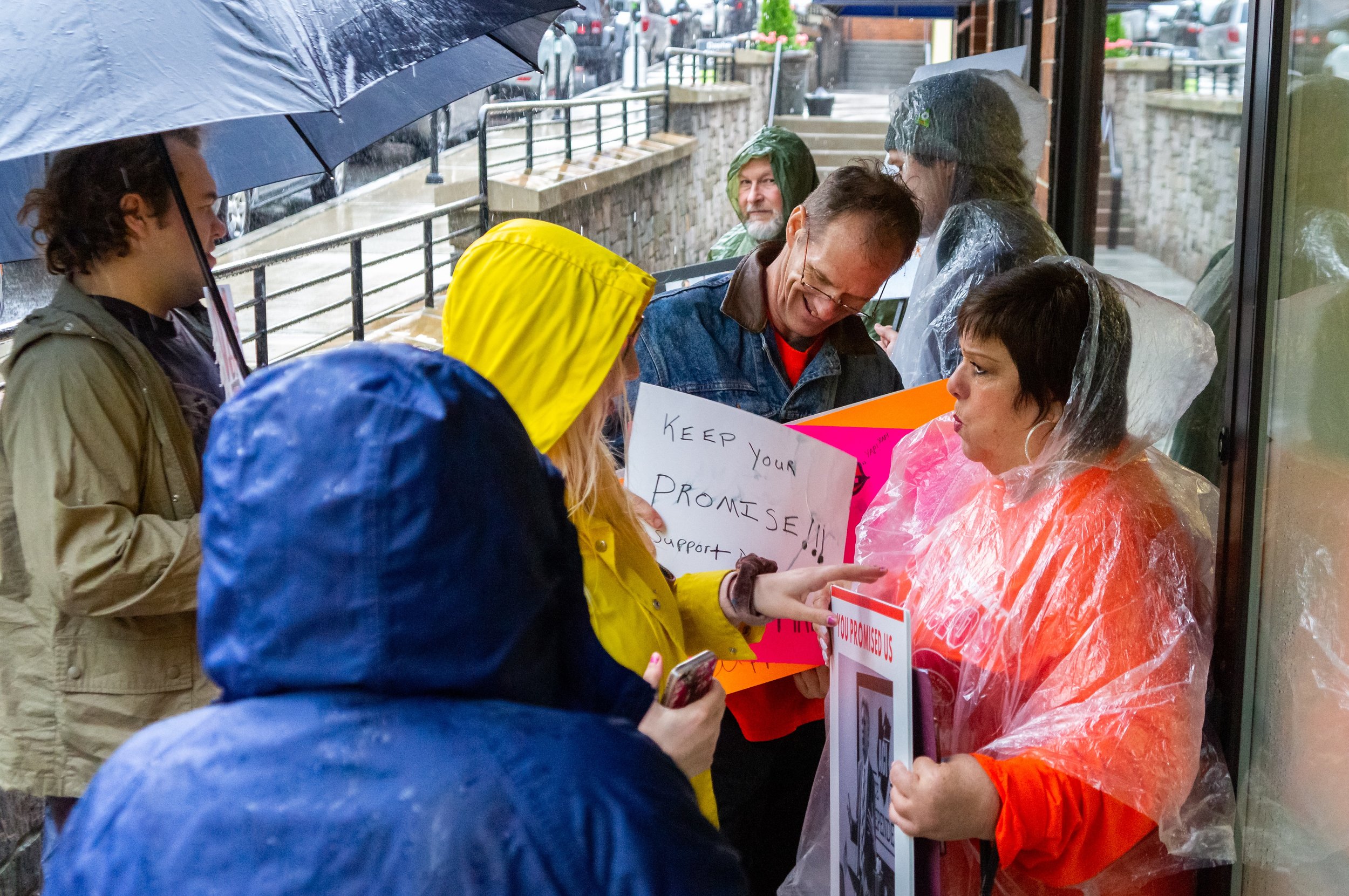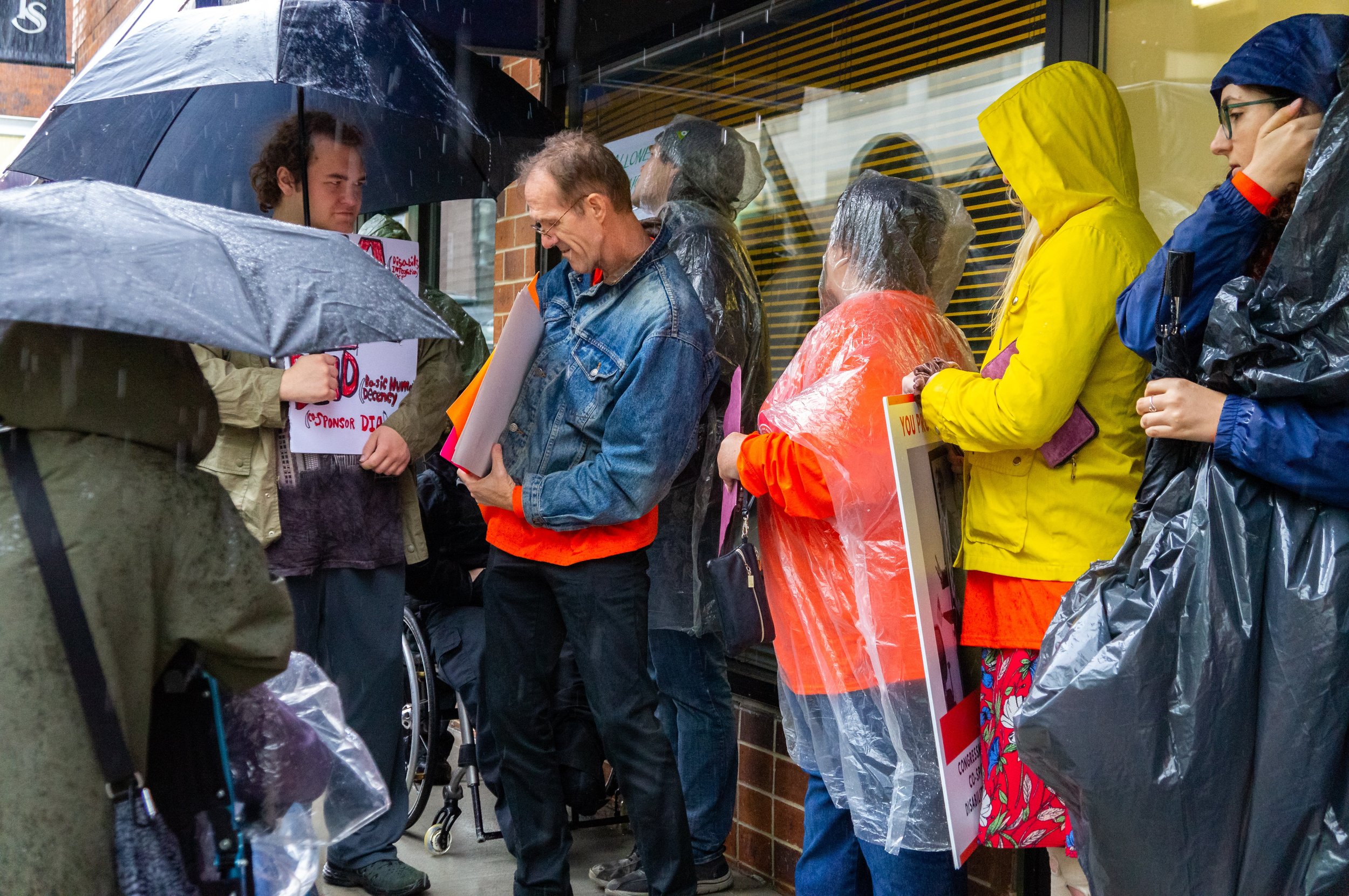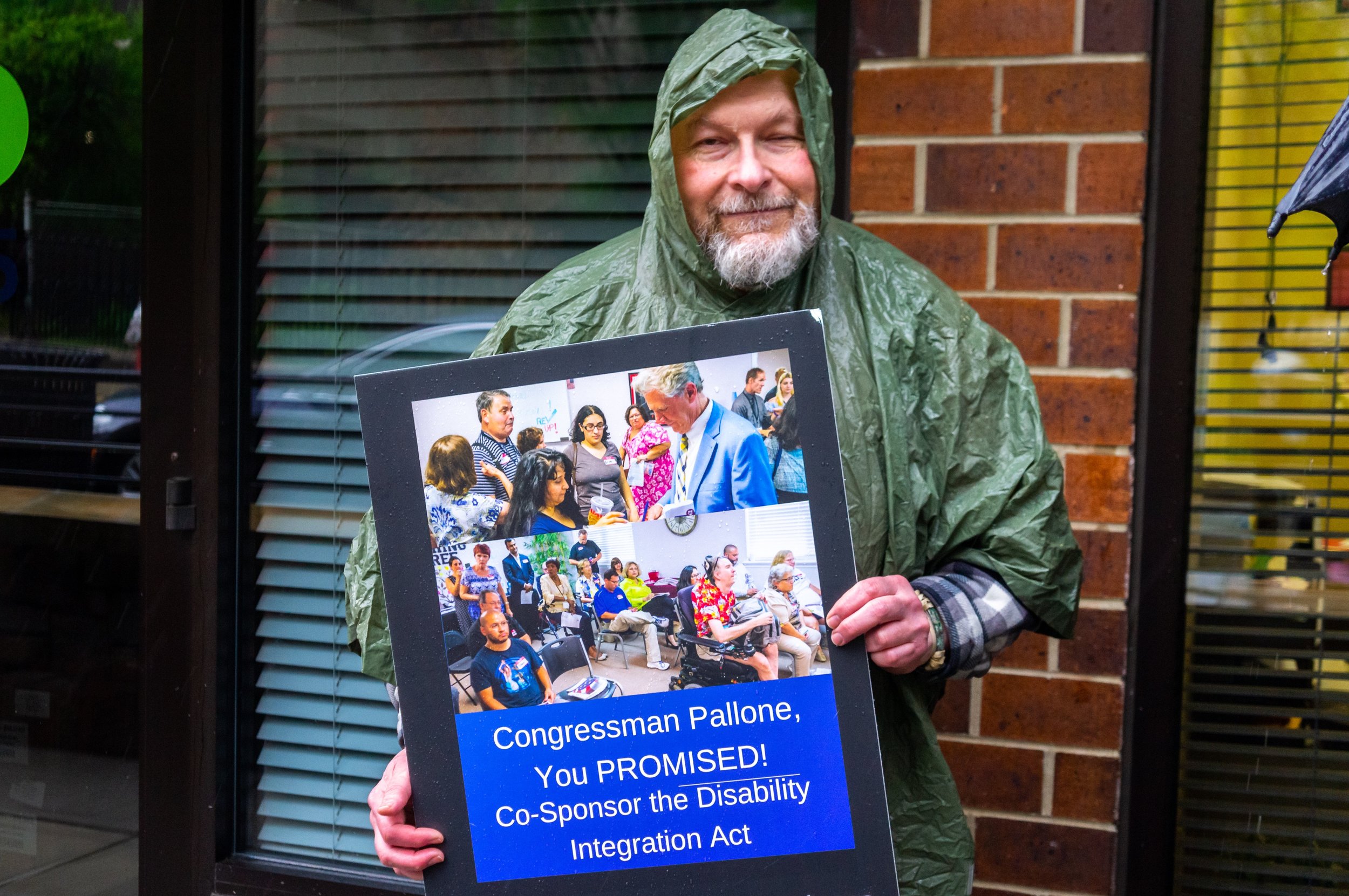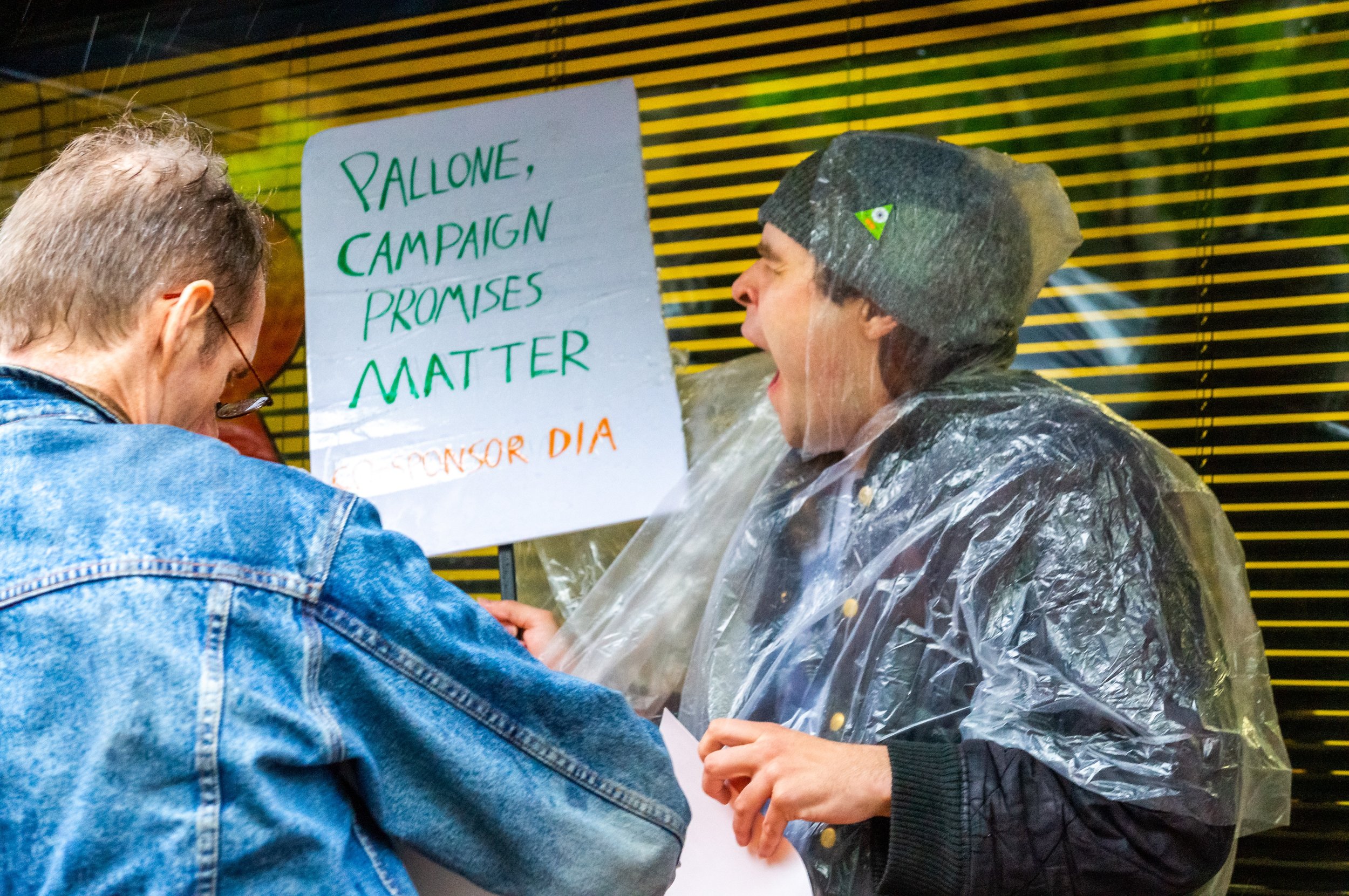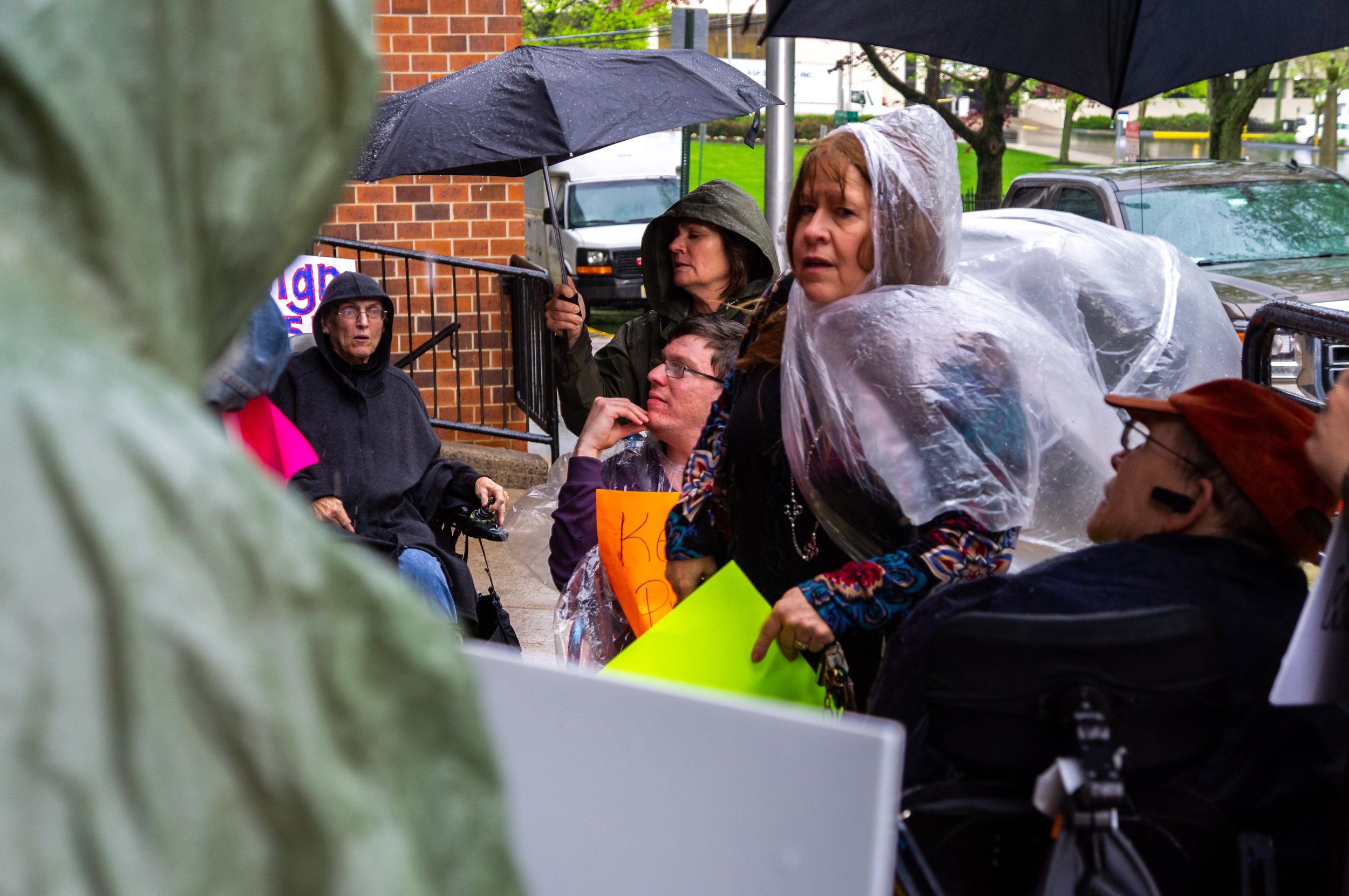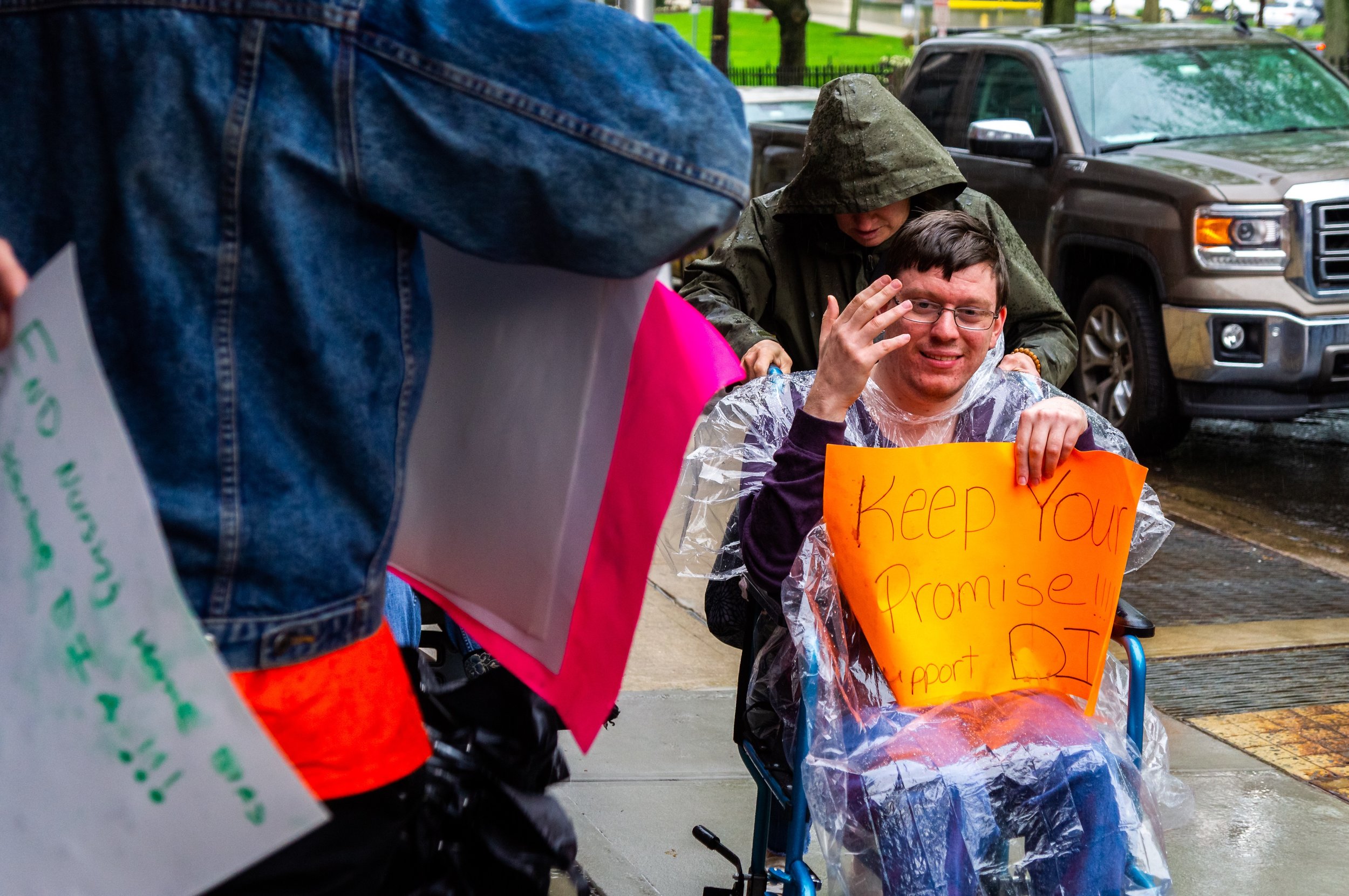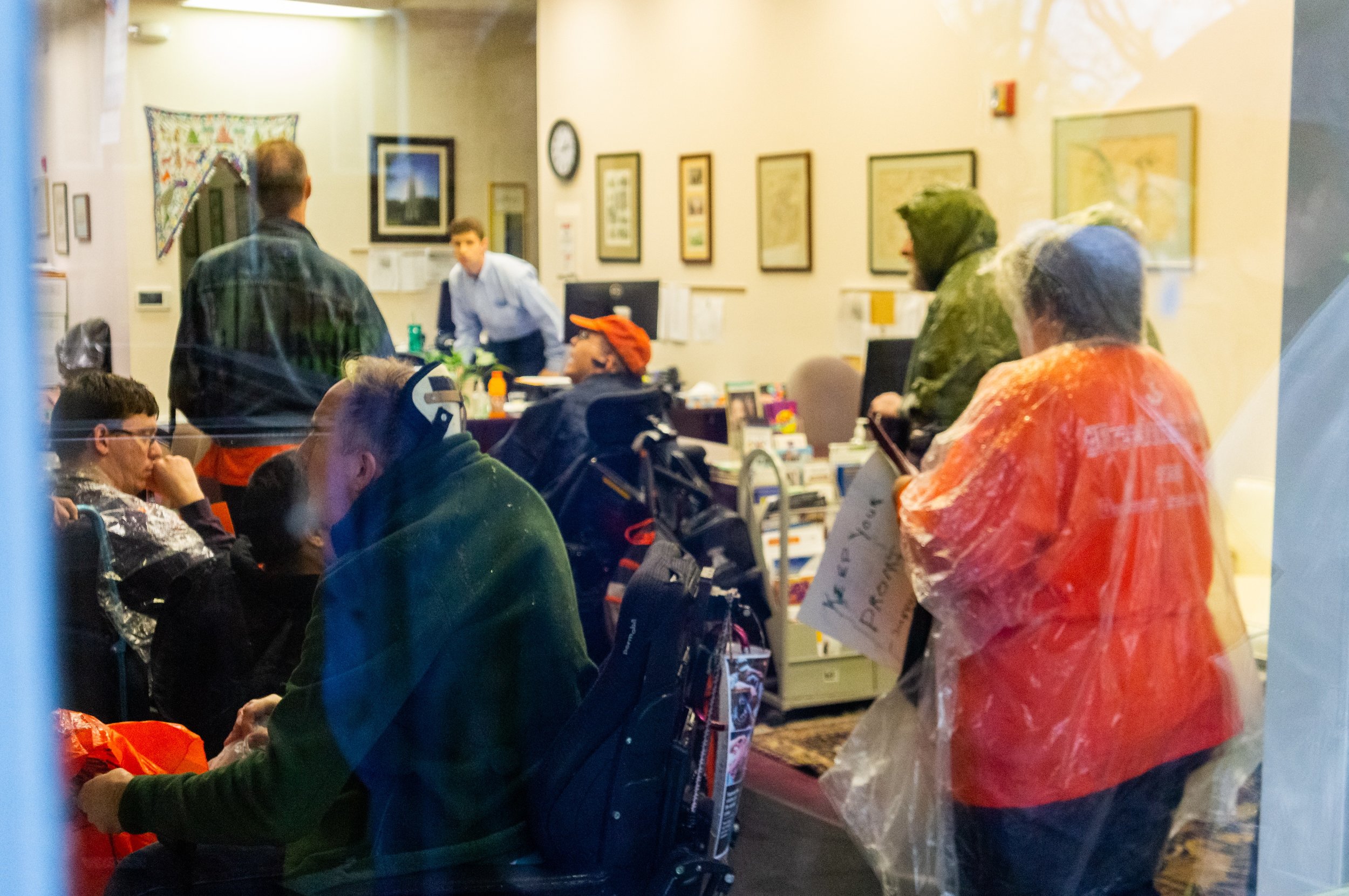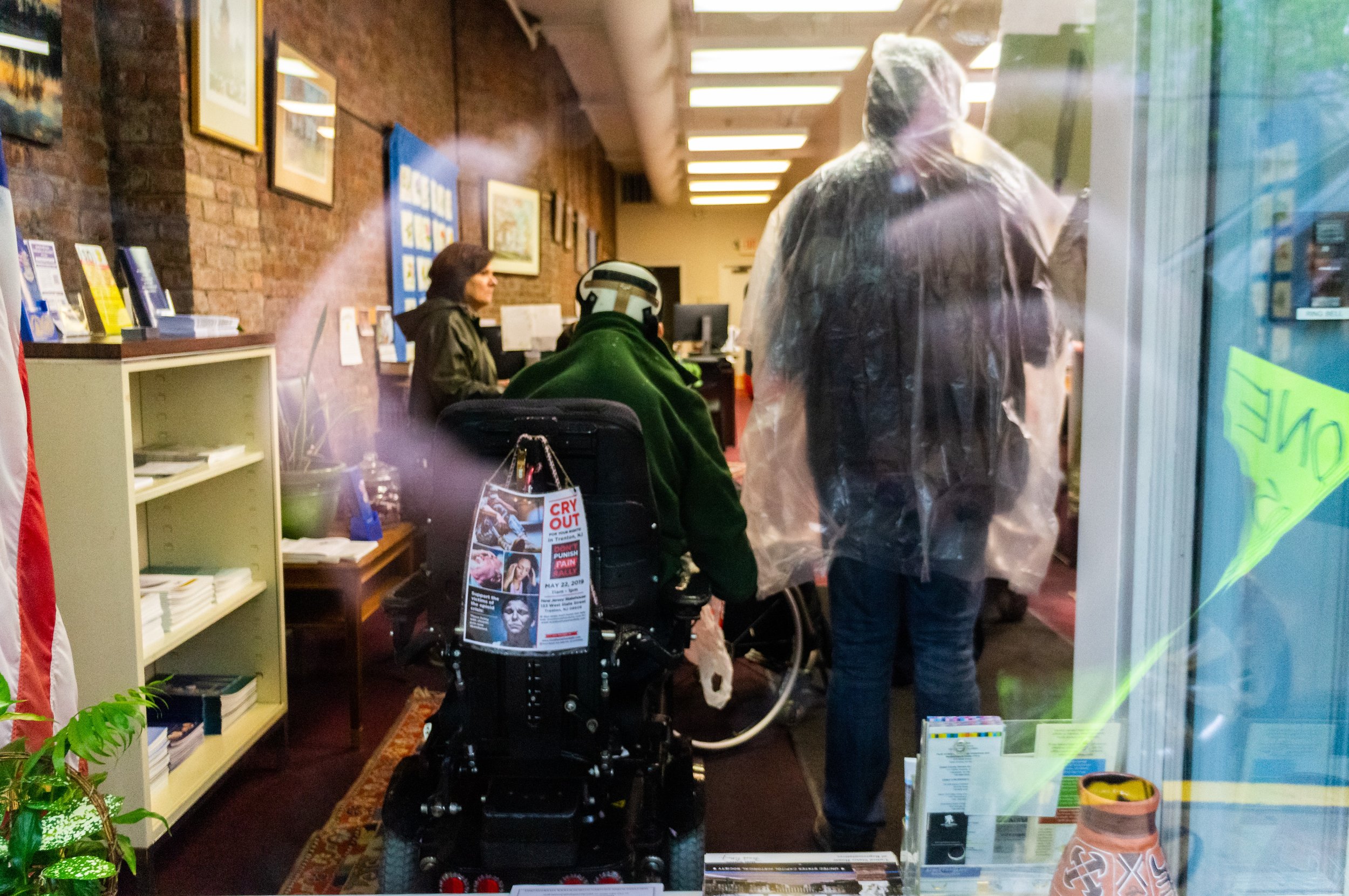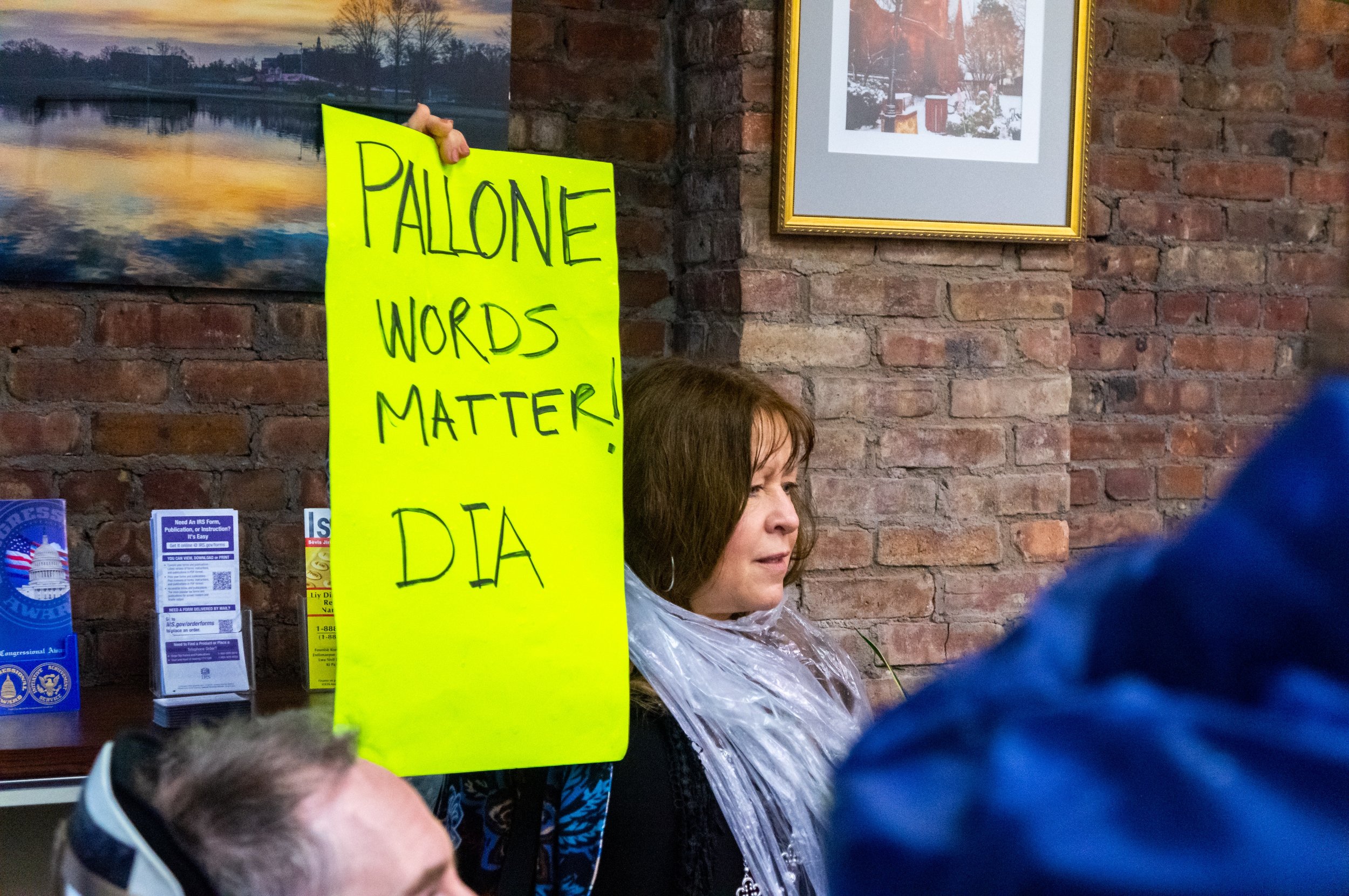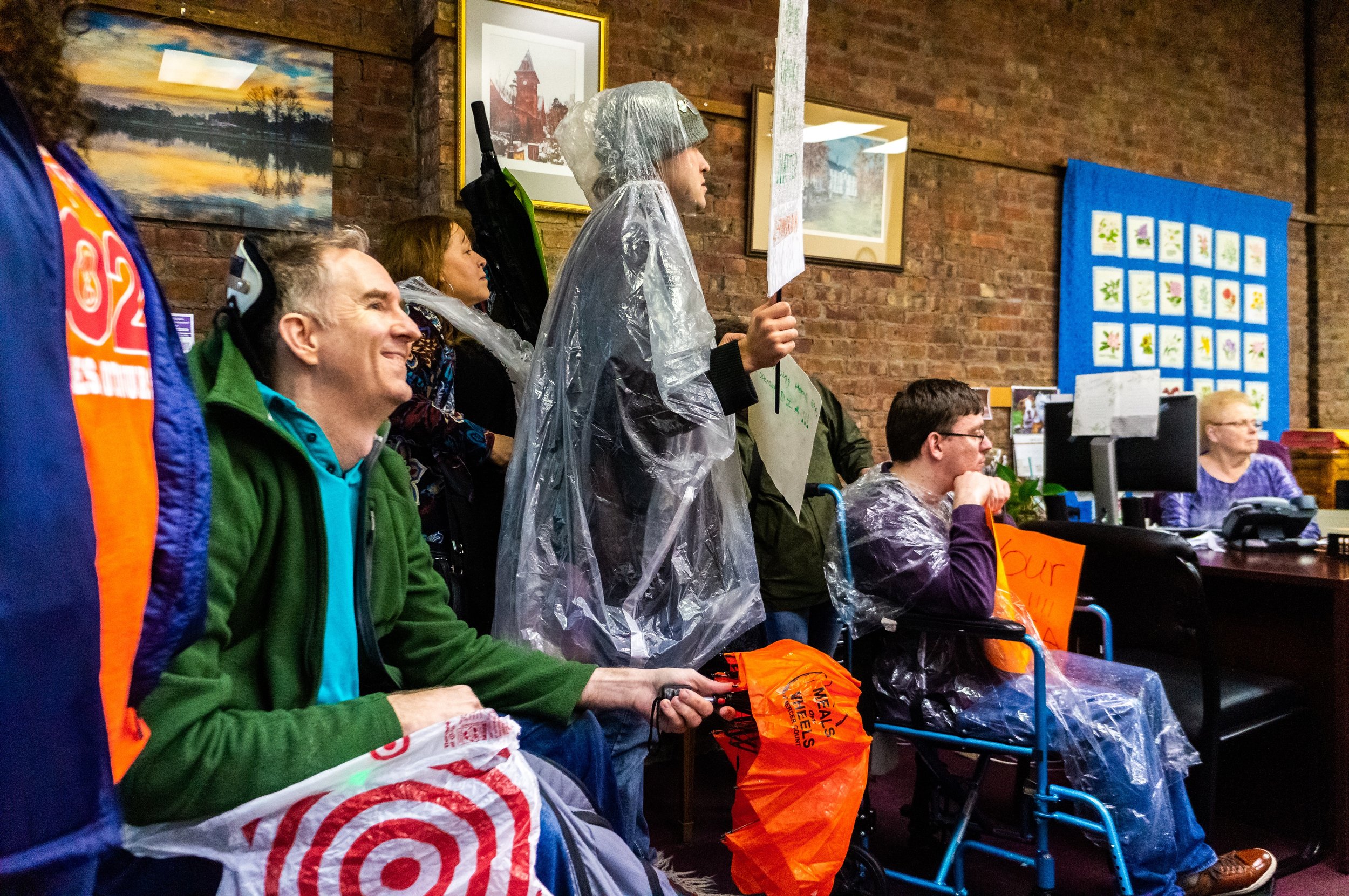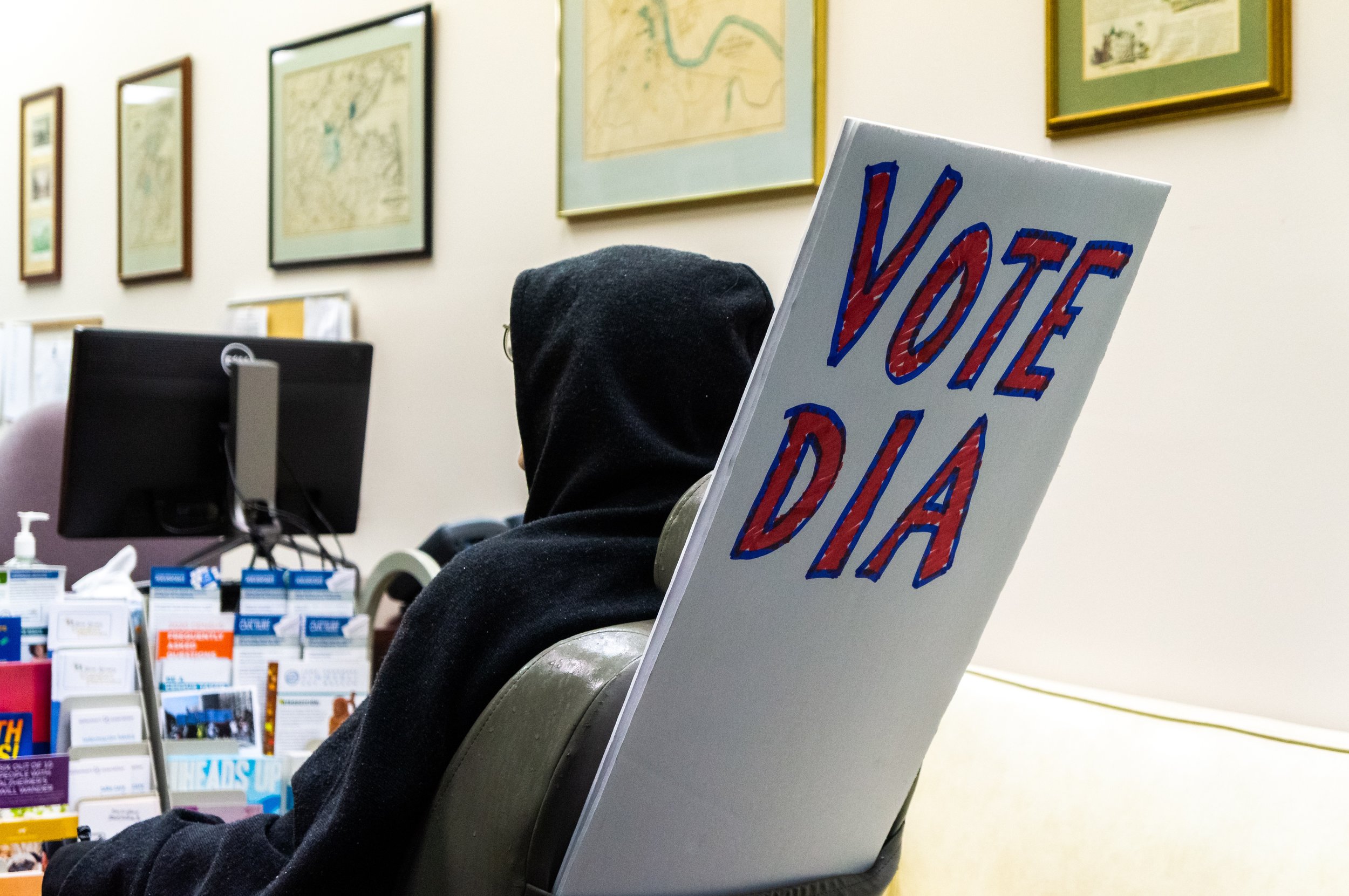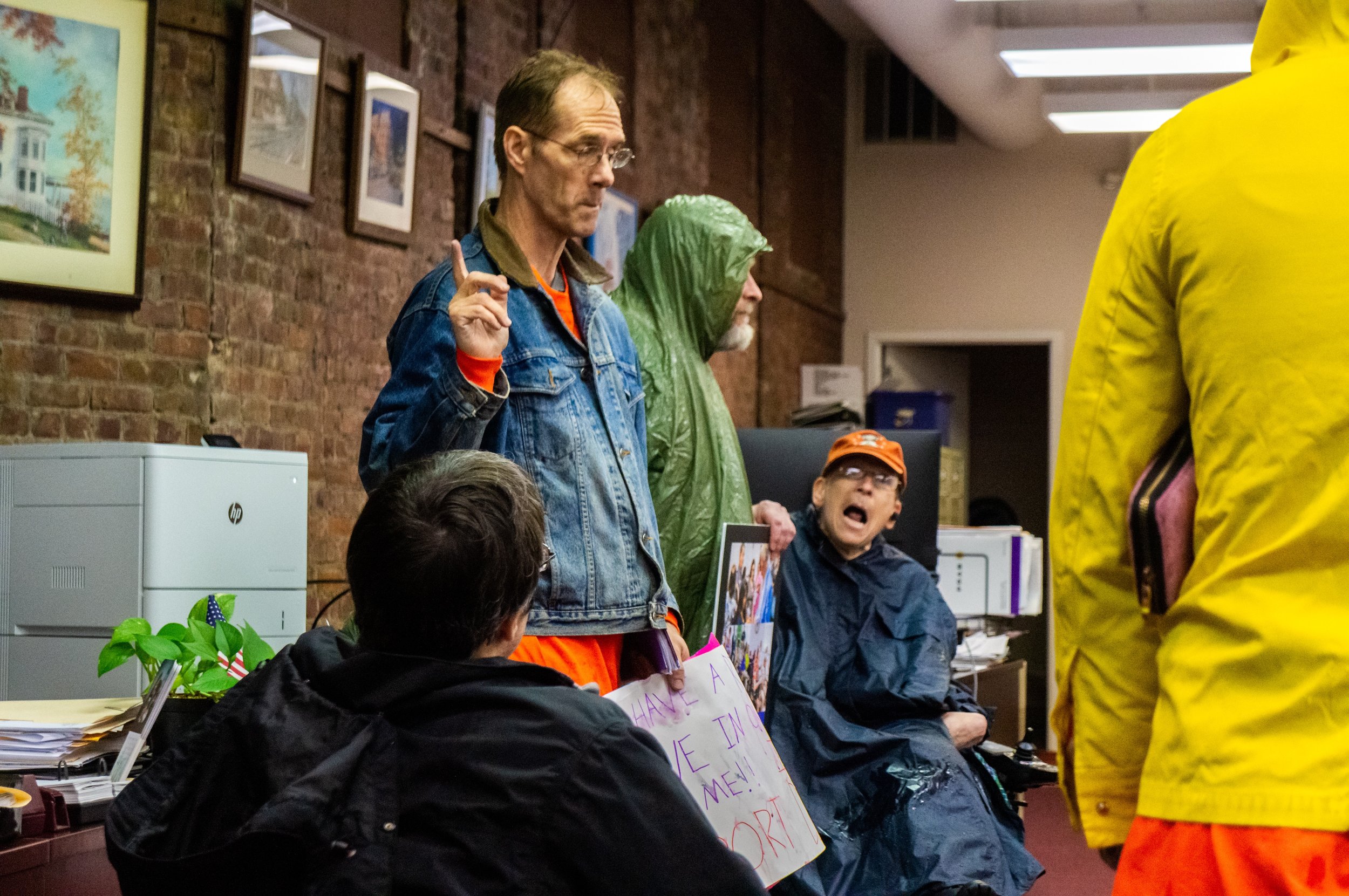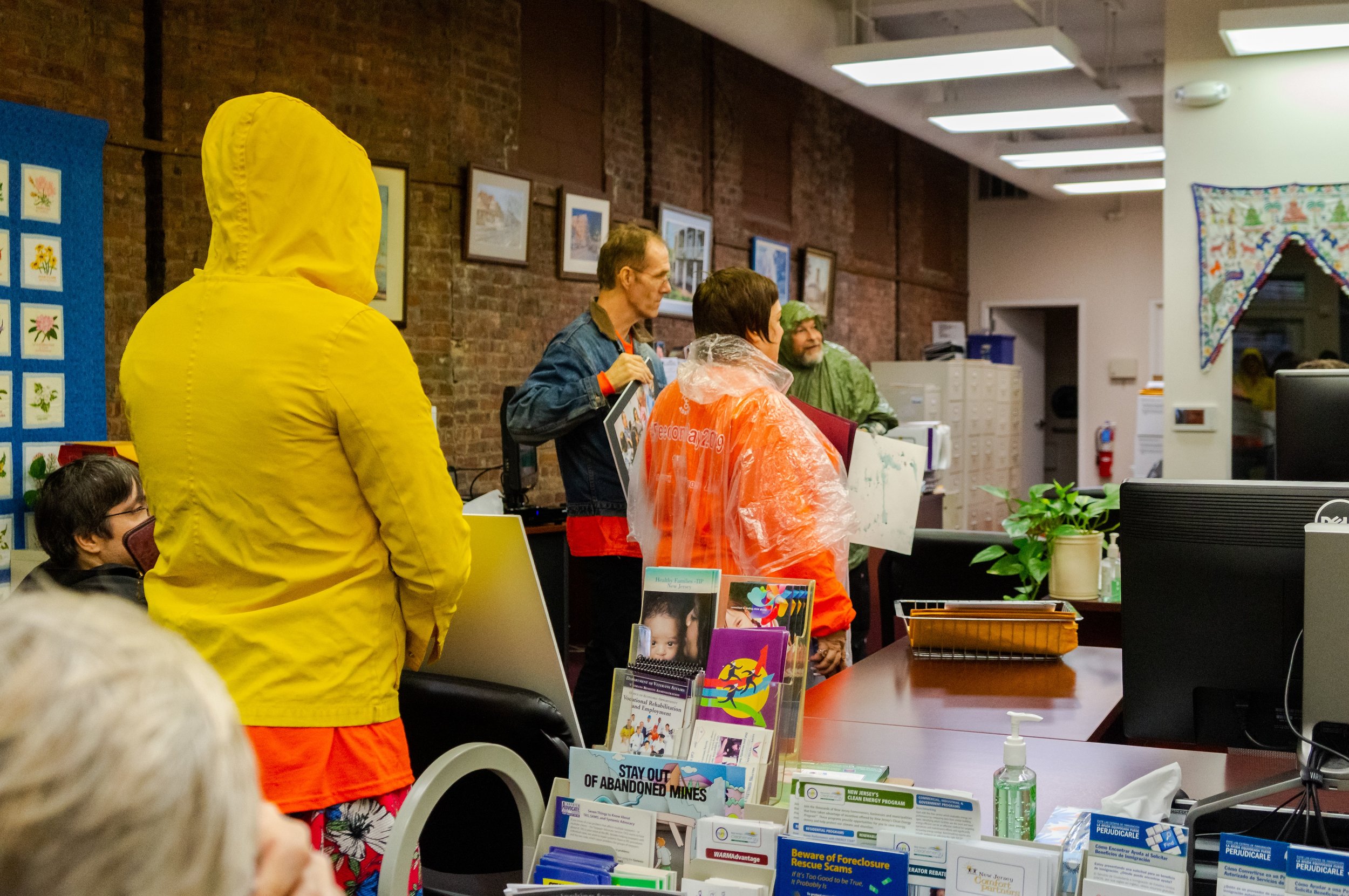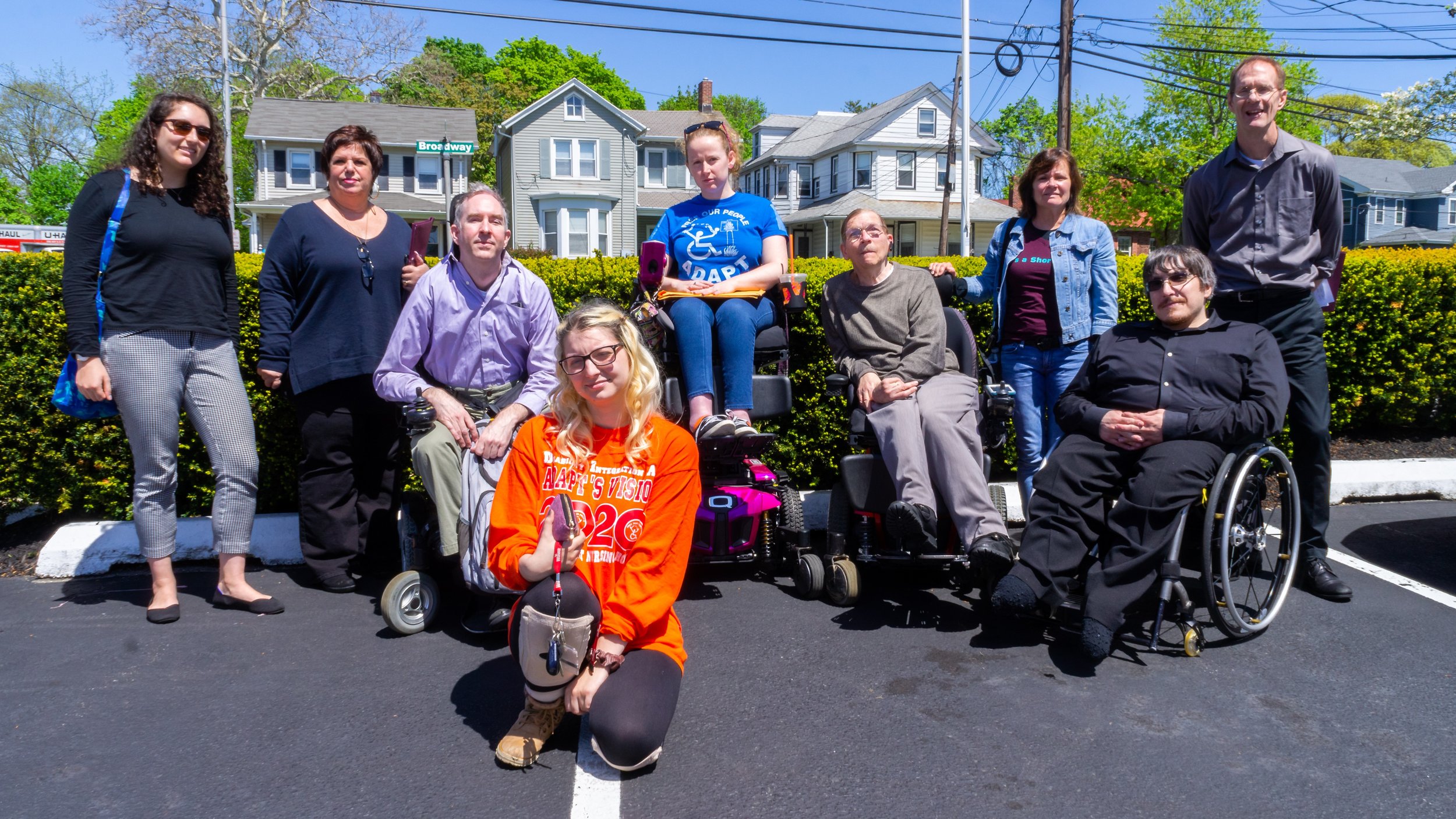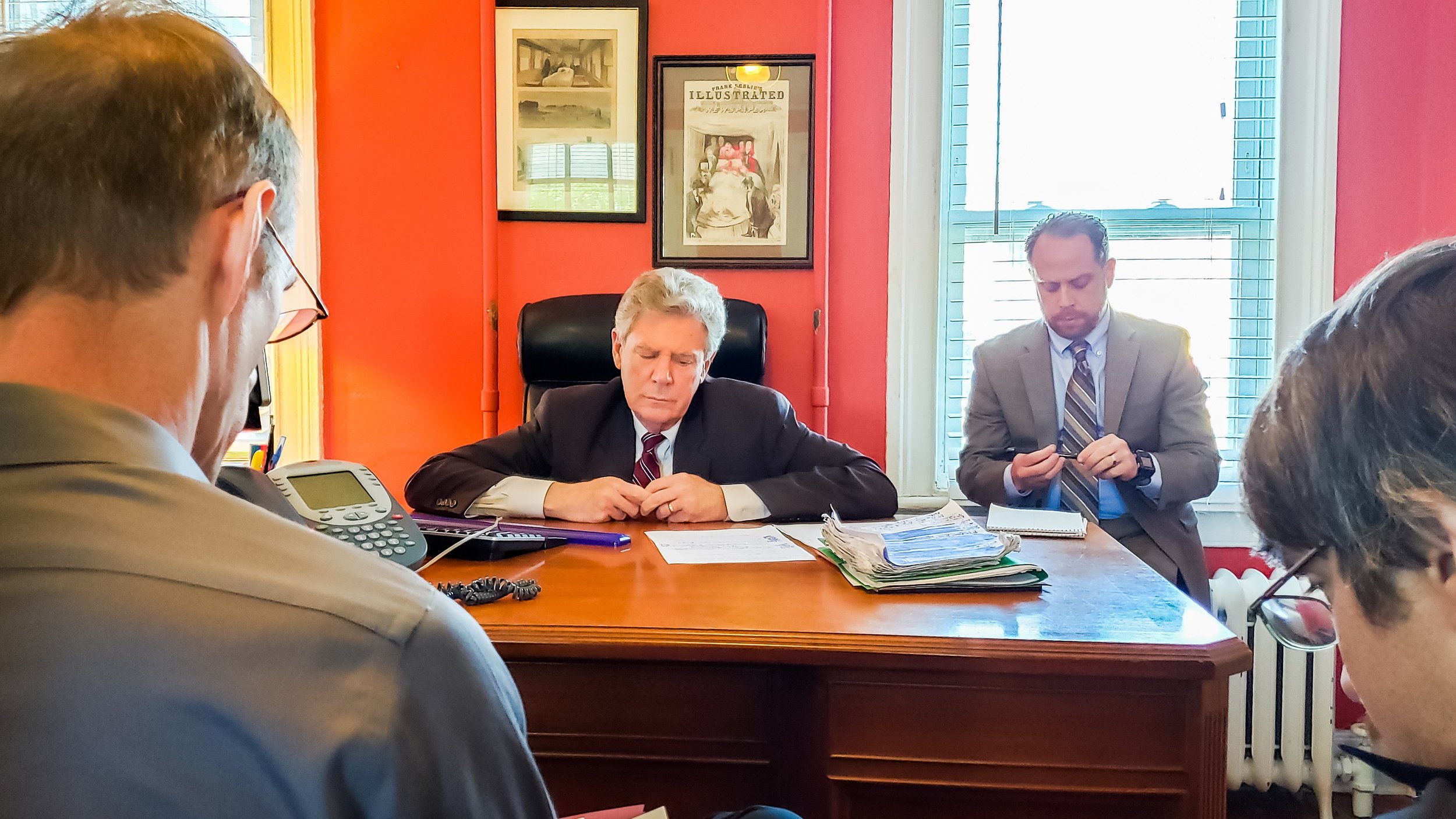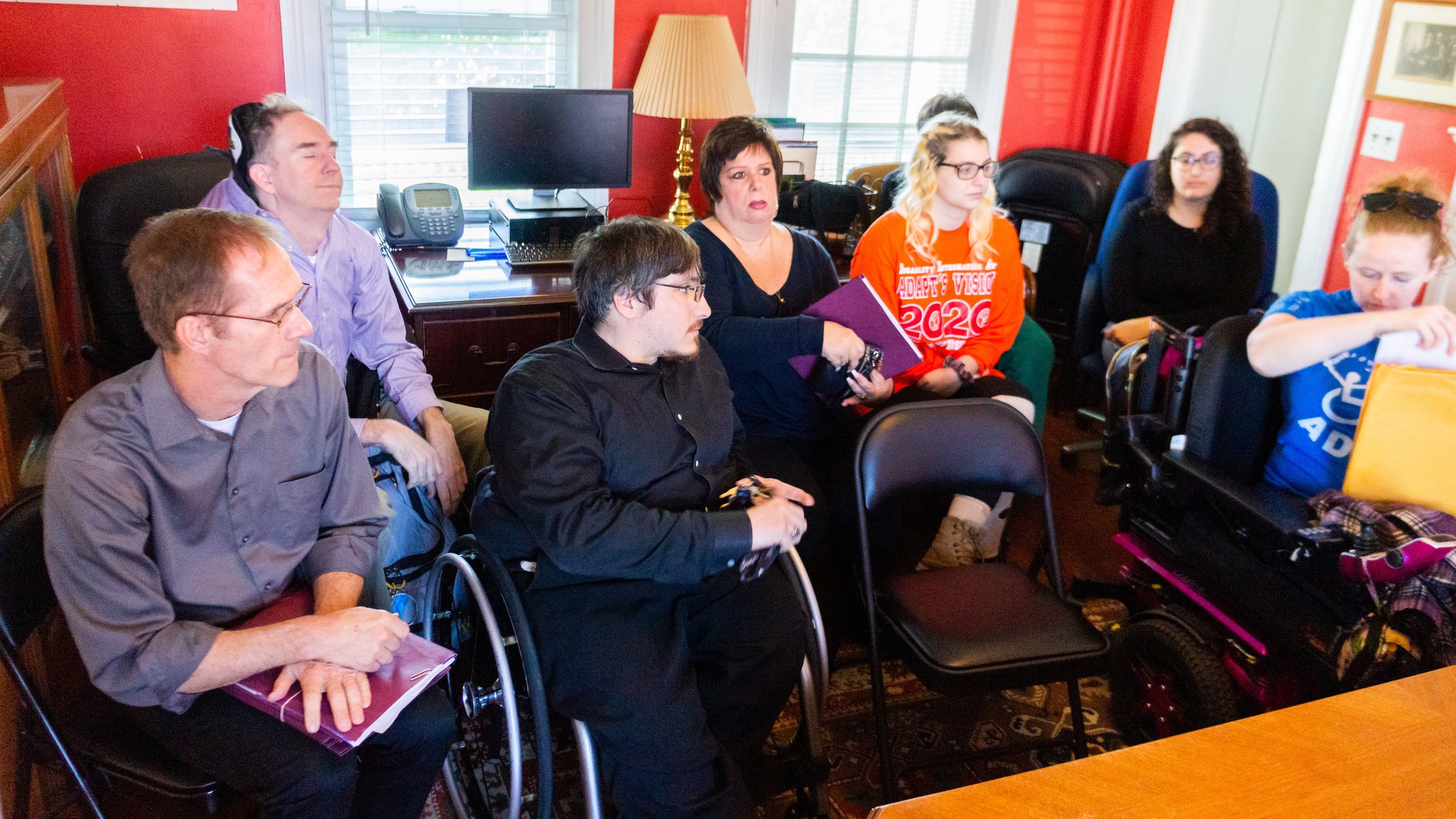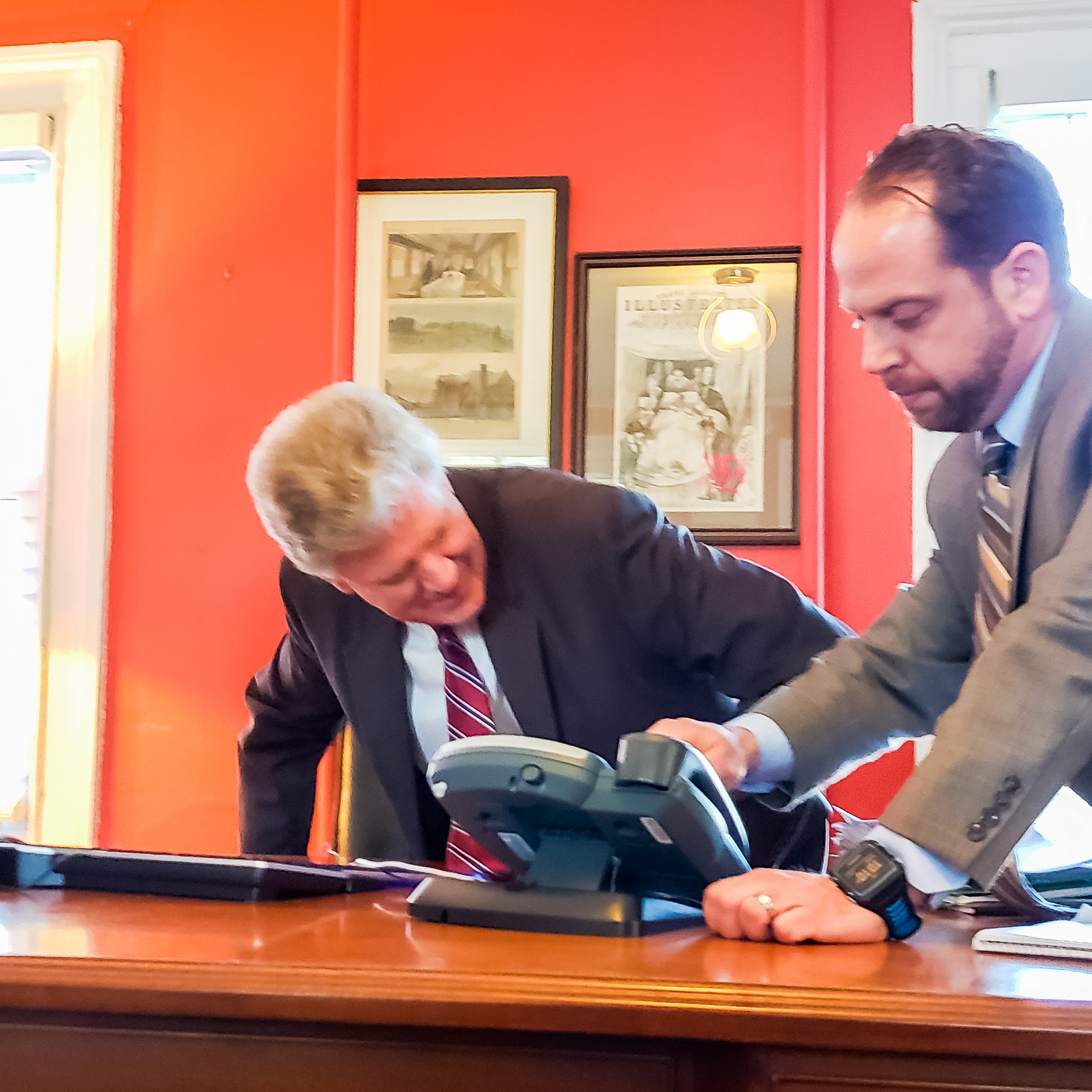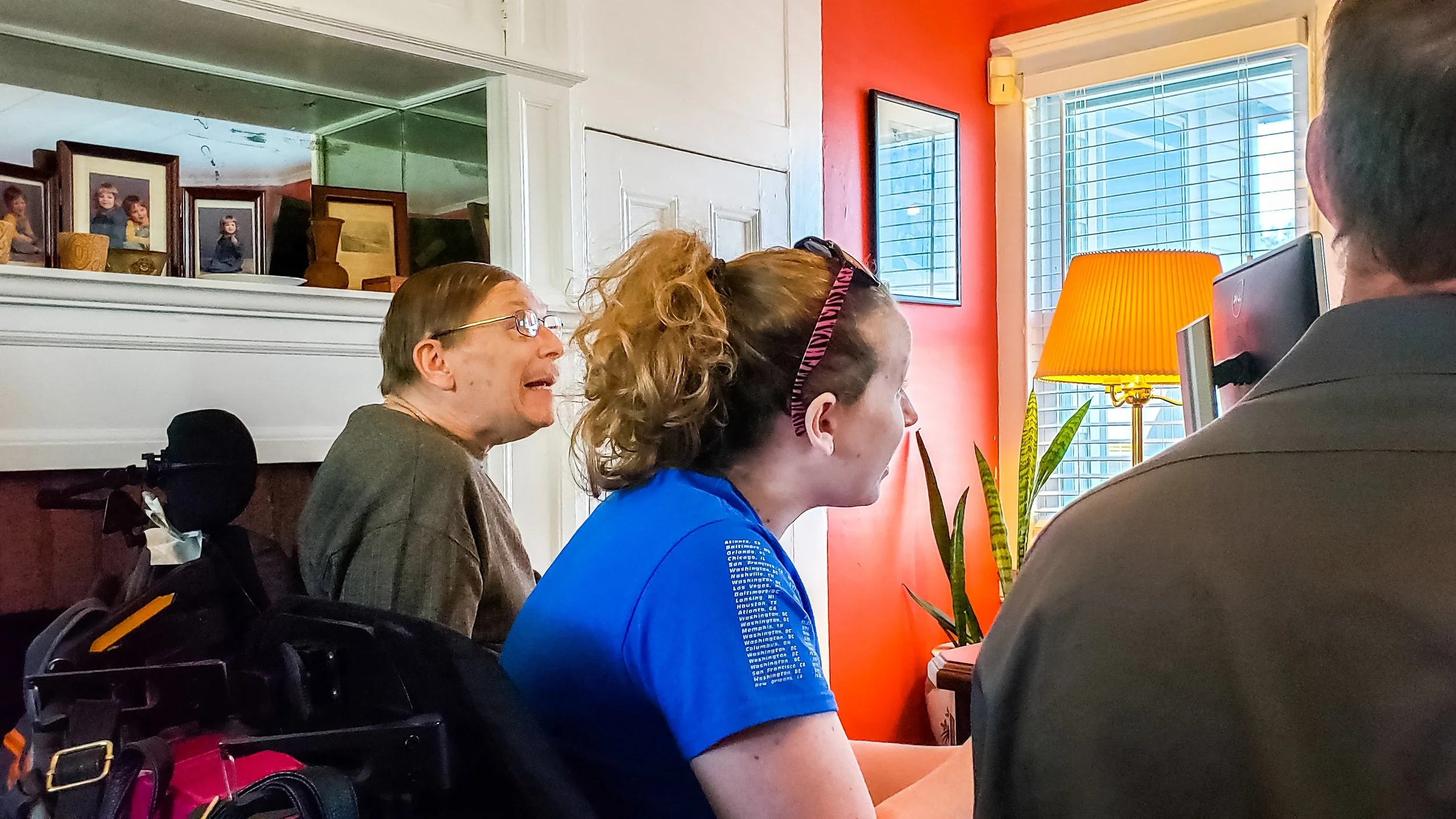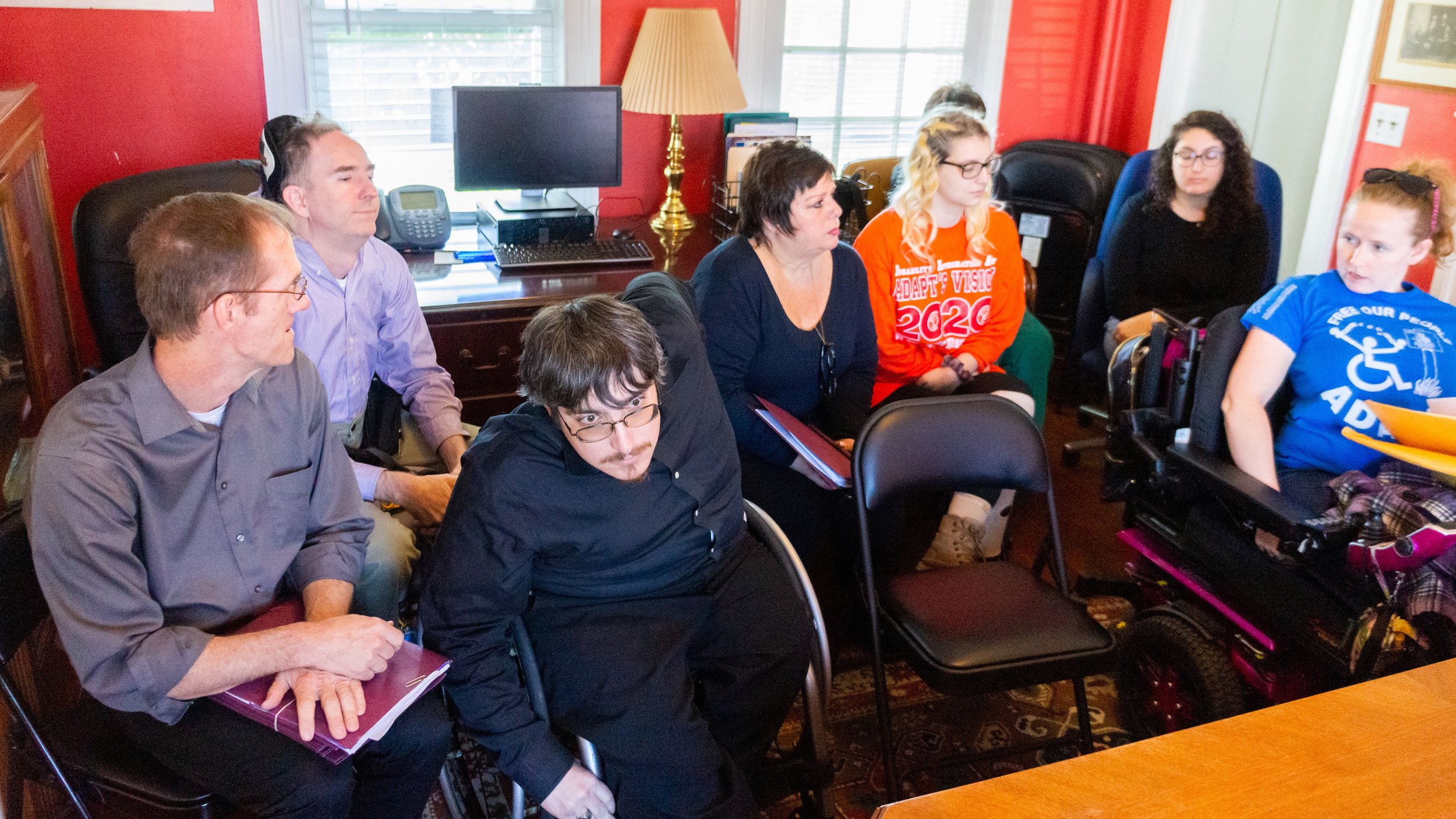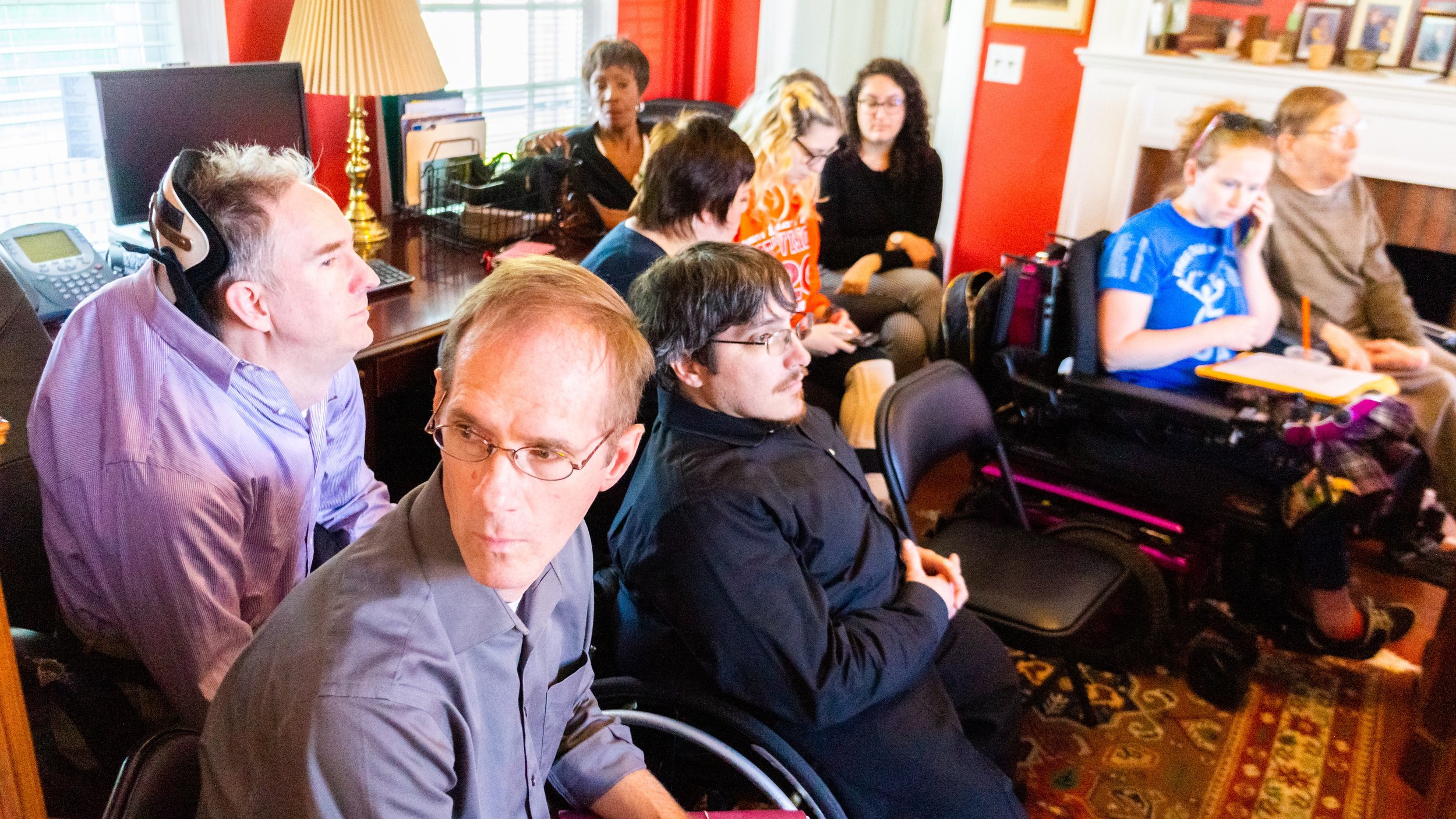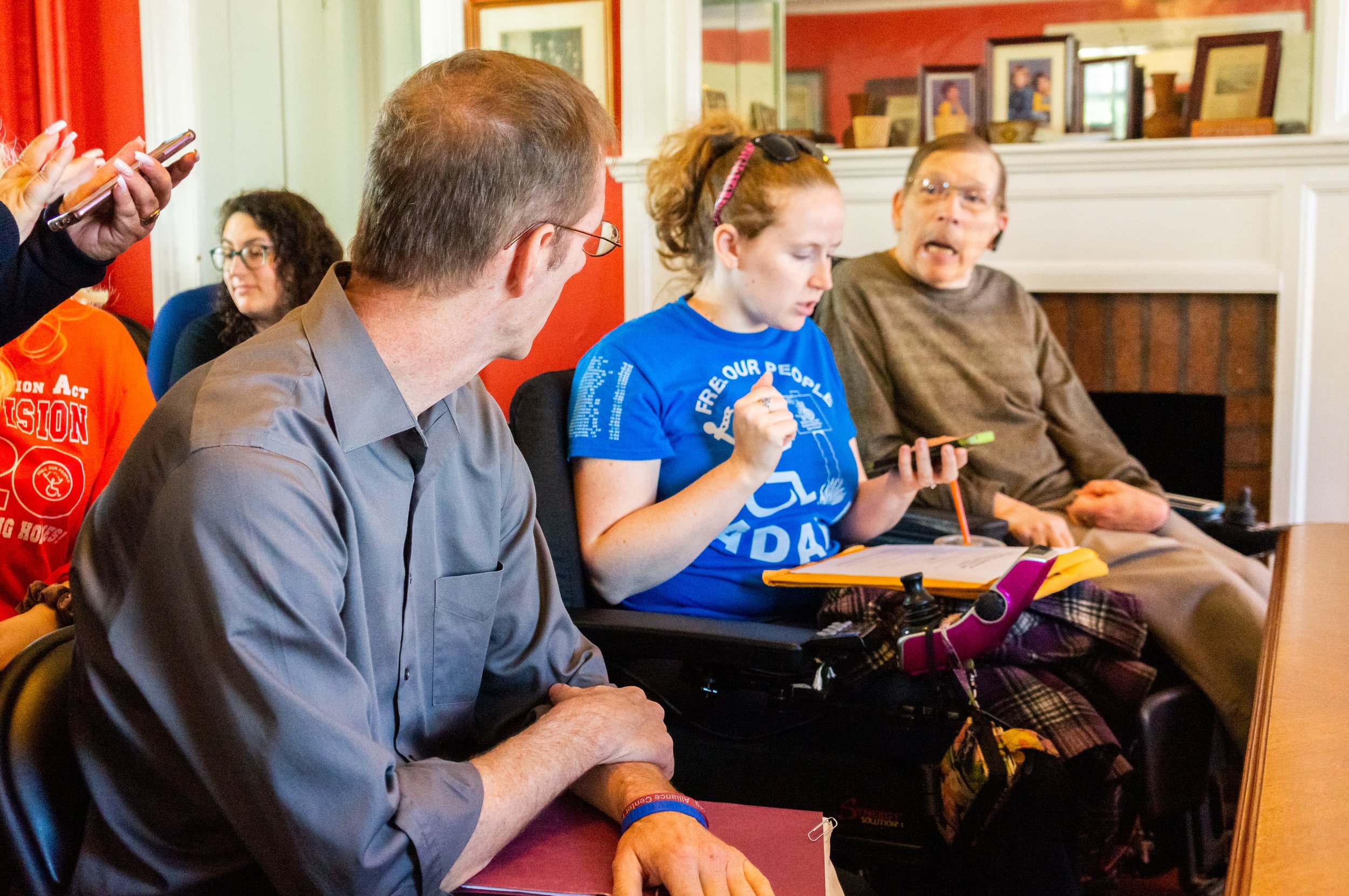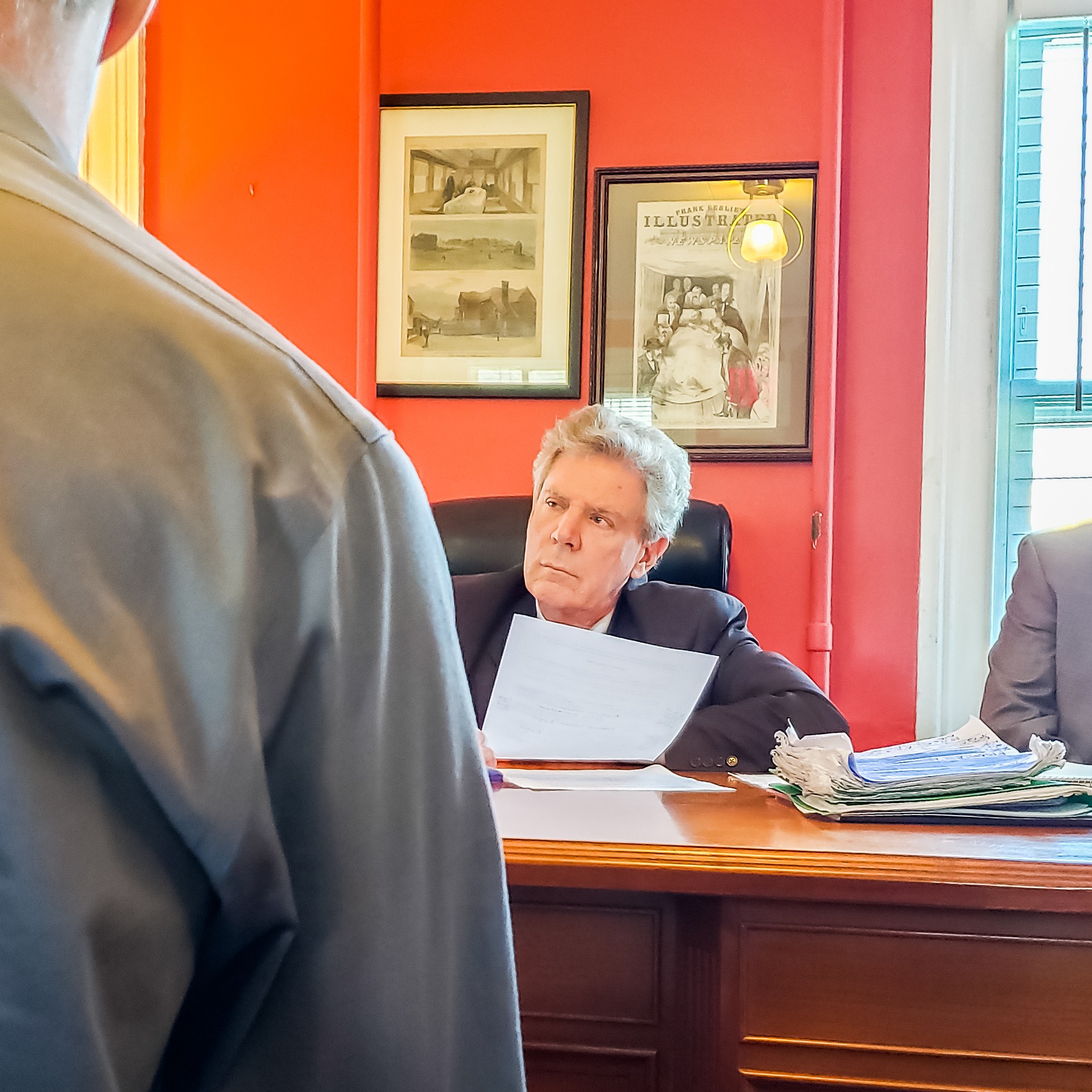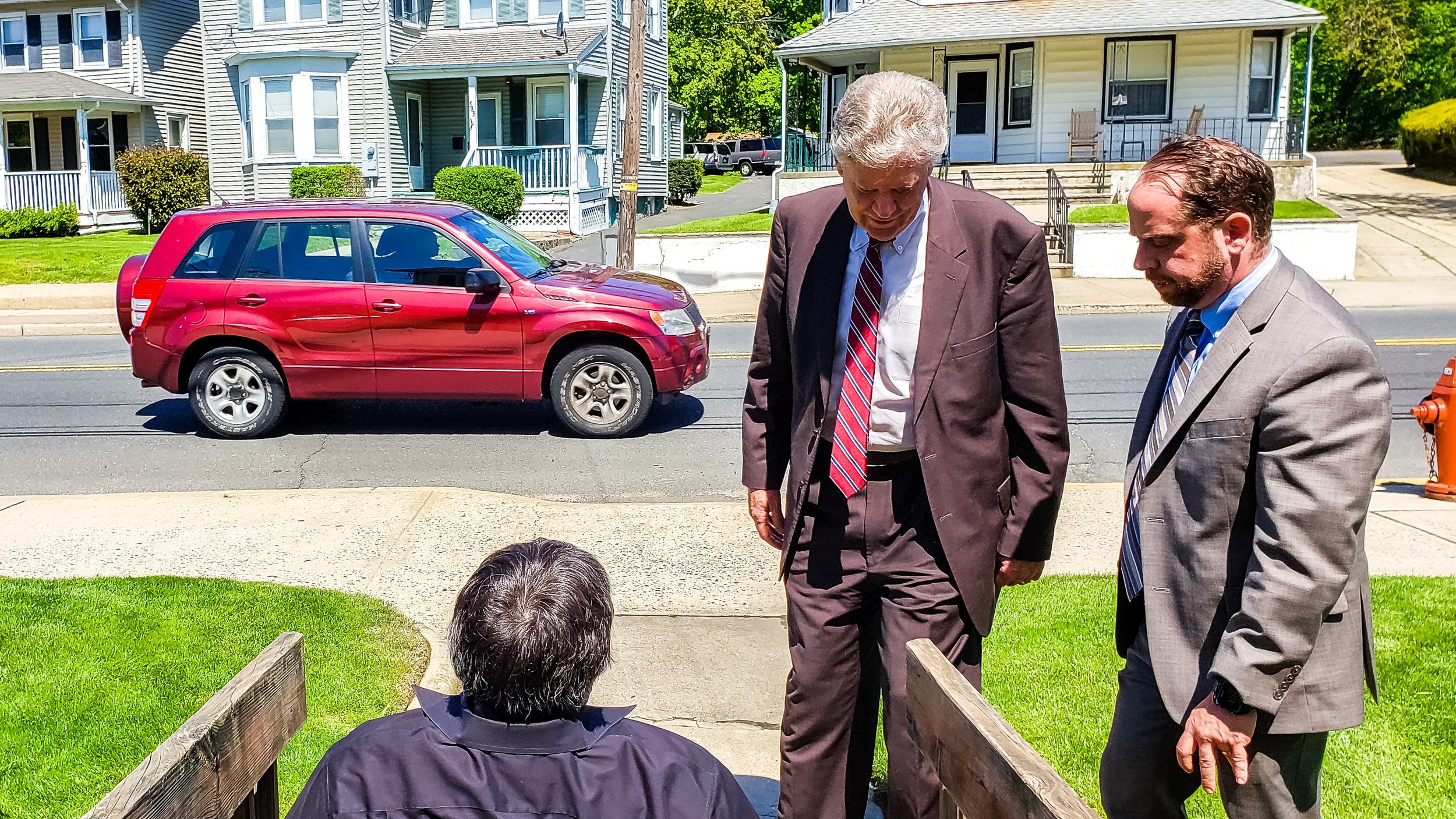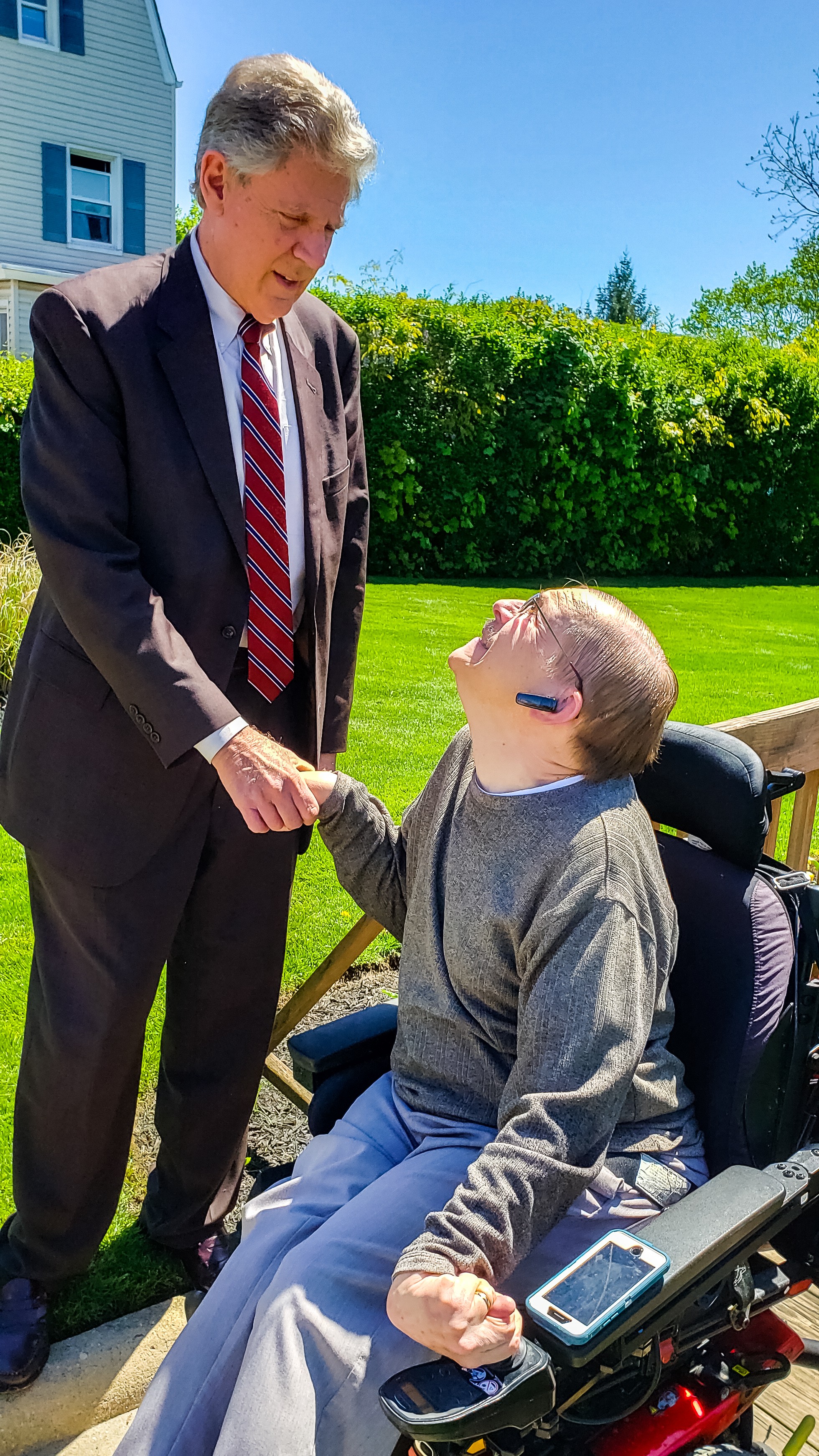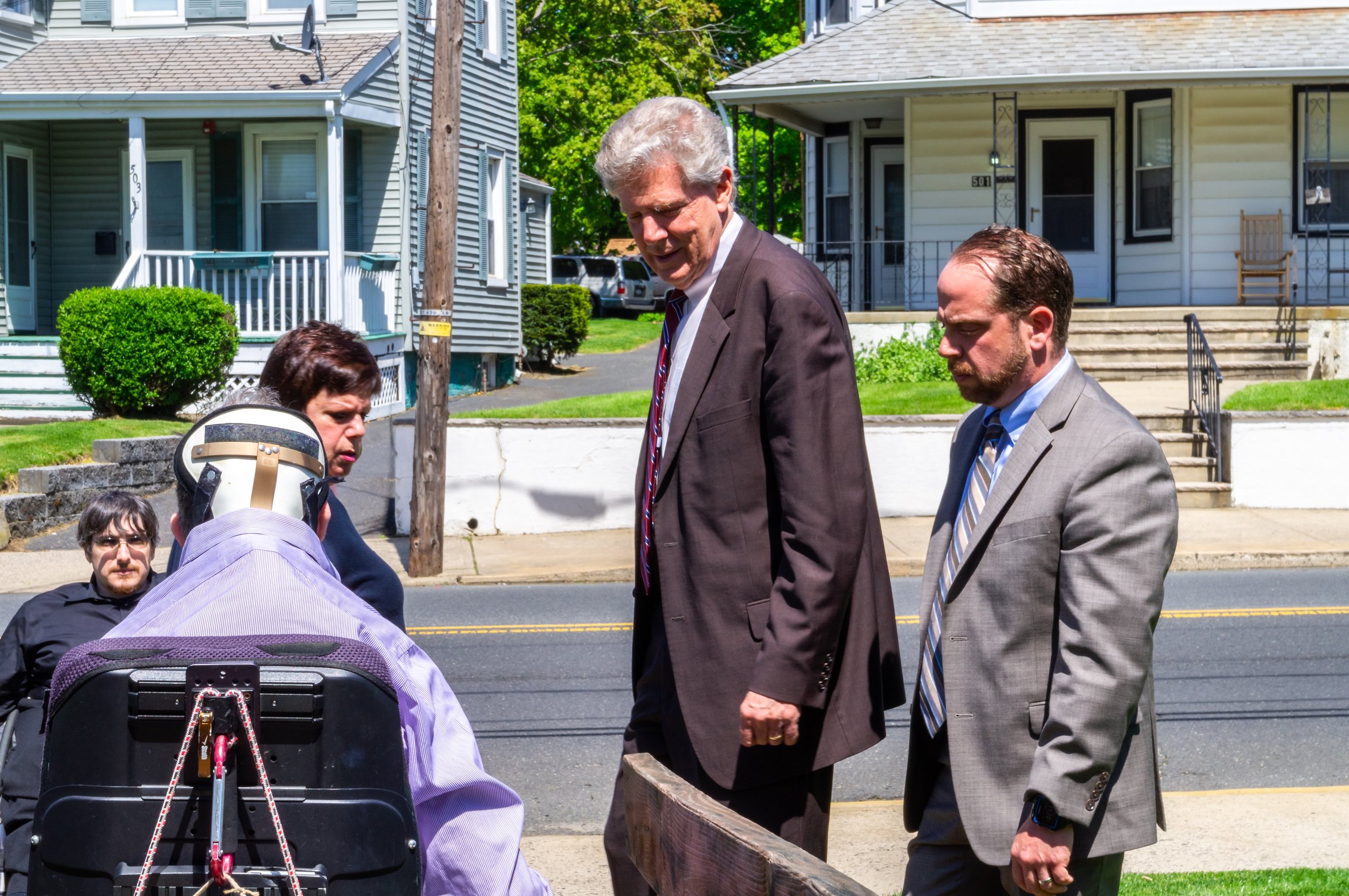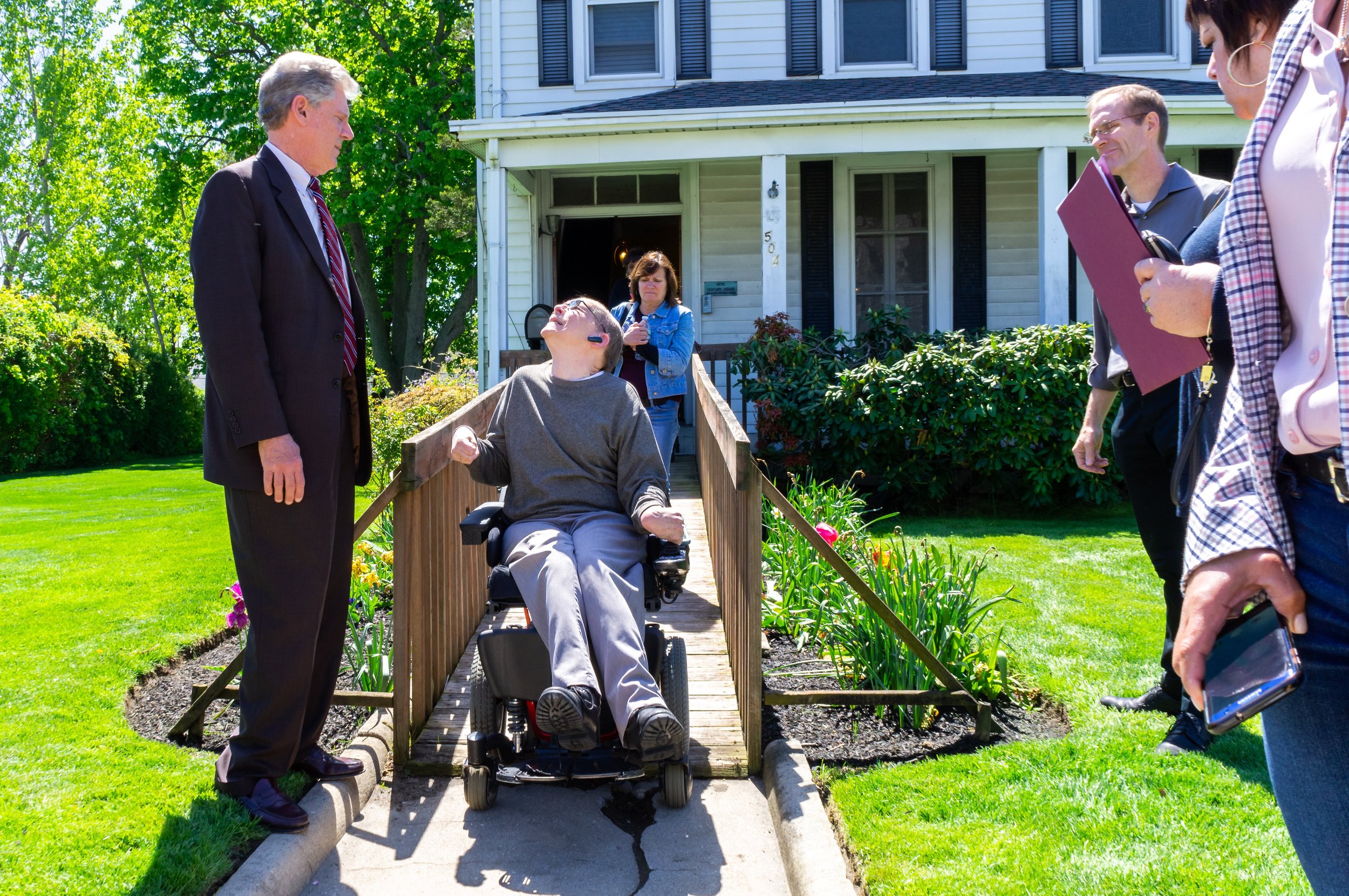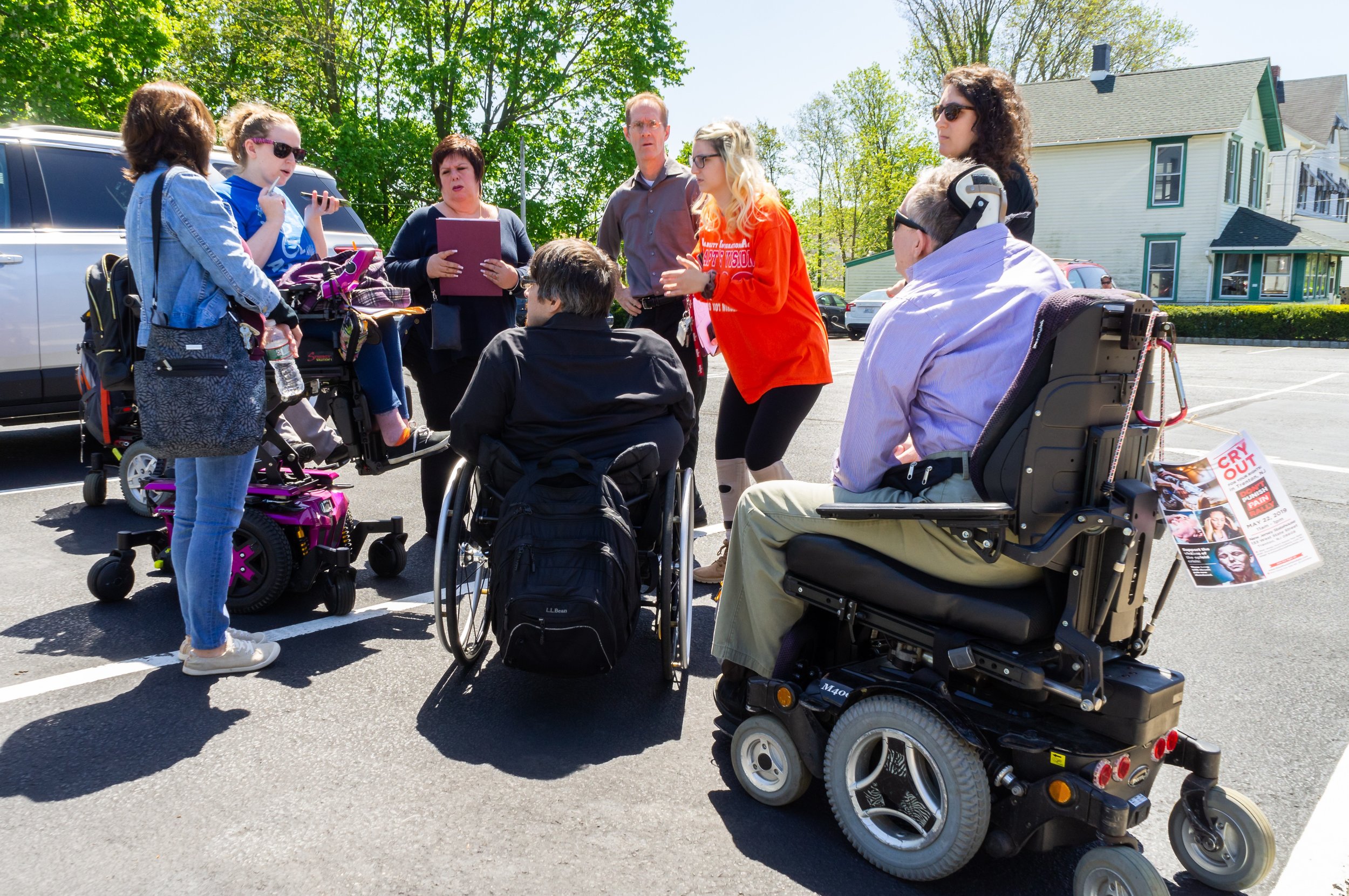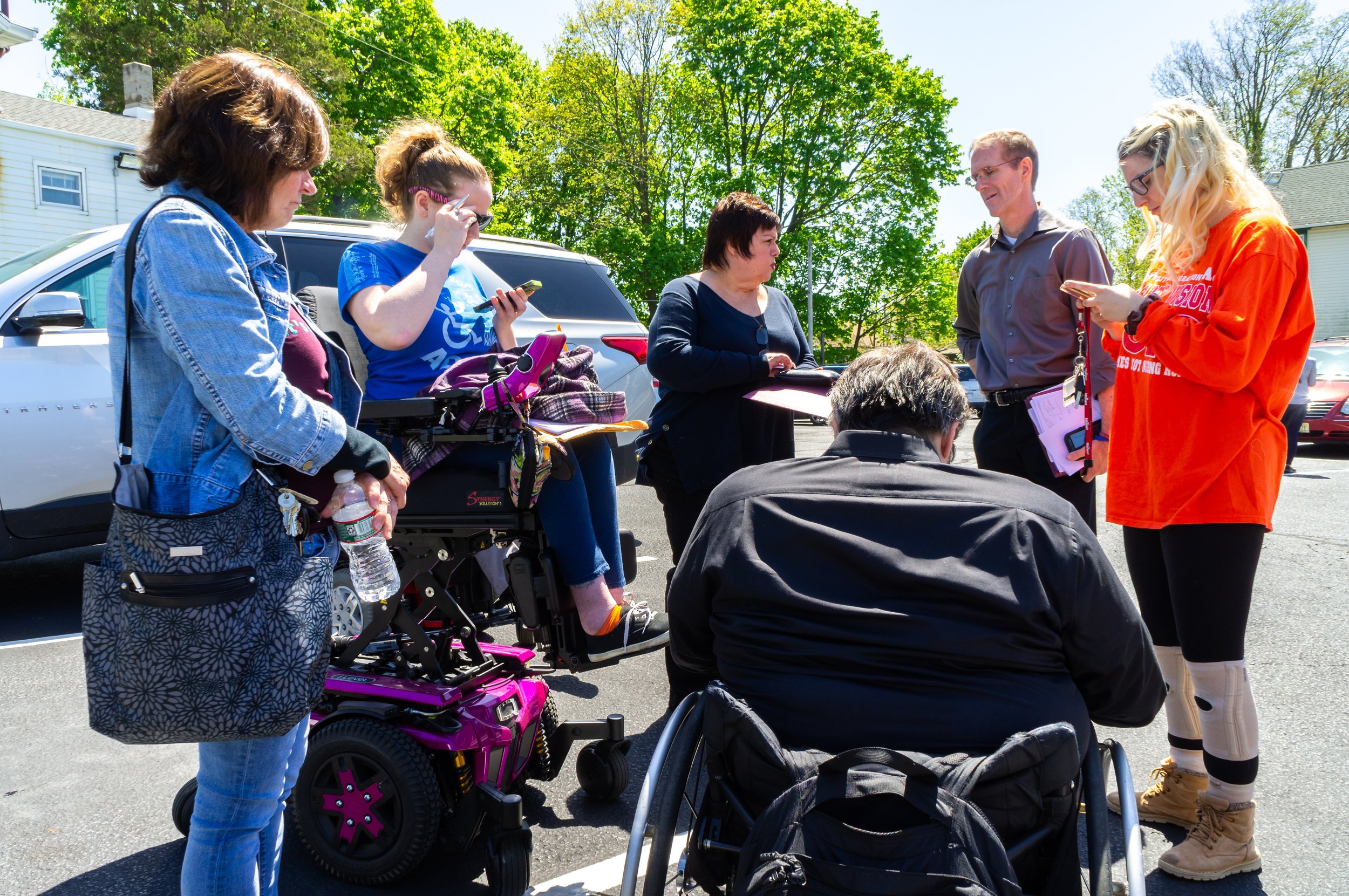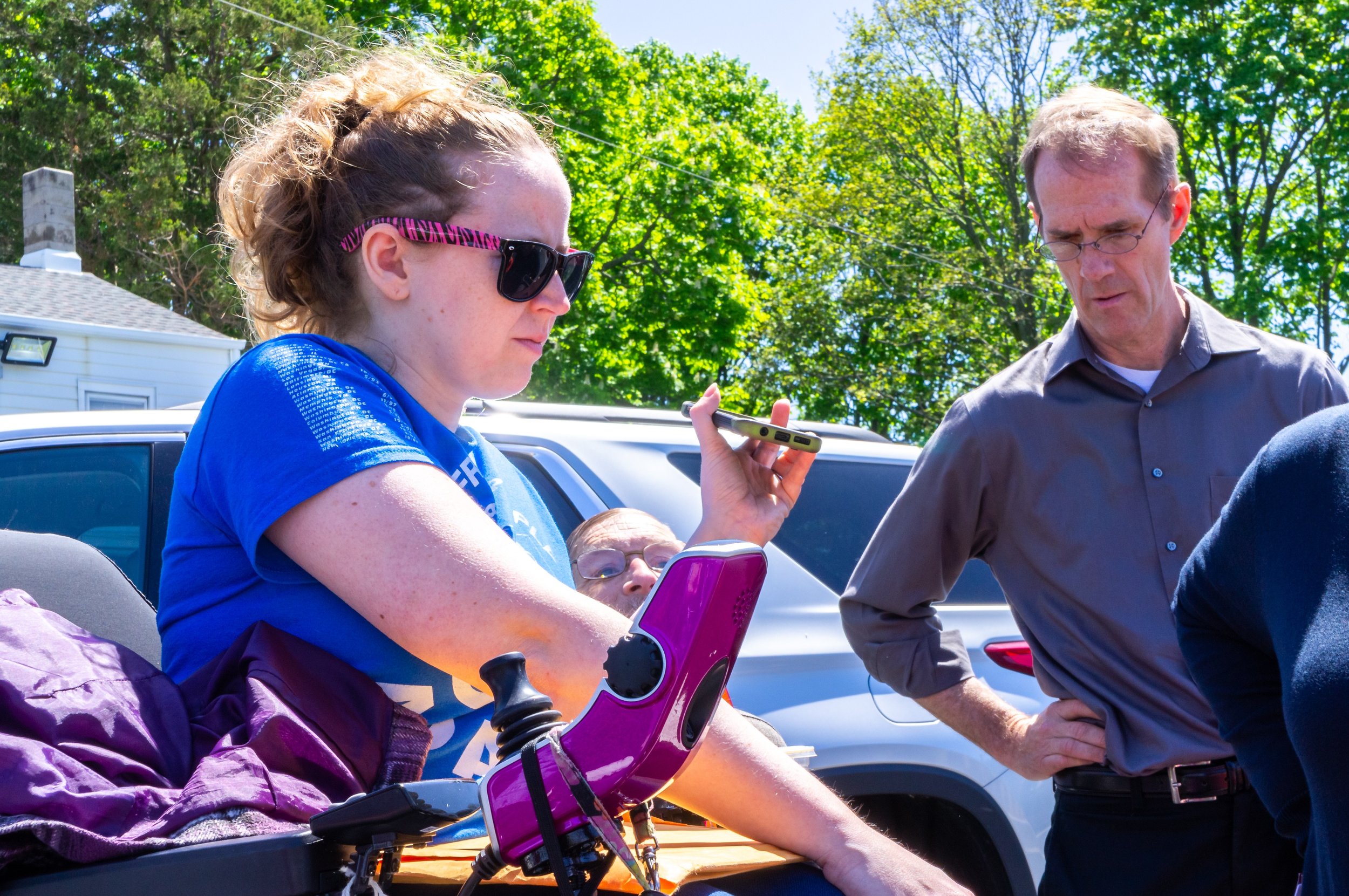The Alliance Center for Independence and REV UP New Jersey would like to remind everyone to vote on Primary Election Day this Tuesday, June 8th.
A primary election is an election in which registered voters select a candidate that they believe should be a political party's candidate for elected office to run in the general election on November.2. In New Jersey only voters who are registered party members as a Democrat or a Republican can vote. Voters can register as party members at the polls on primary election. Registered Democrats can only vote for the Democratic Party candidate; registered Republicans for the Republican Party candidate.
As part of our continuing efforts to increase the participation of people with disabilities in the election process, the Alliance Center for Independence and REV UP NJ would like to learn about your experience voting in the last election. We are asking our constituents with disabilities and their family members to fill out the following survey.
There’s nothing easy about running for public office. Among many other things, it requires significant personal sacrifice, the know-how and skills to connect with voters, and an unwavering commitment to public service. Not only does it take a toll on you physically, mentally, and emotionally, but it can for those closest to you as well.
And when you have a disability, chances are you will face additional challenges during your campaign. Nonetheless, that shouldn’t stop you from following your dream, and you can actually use your knack for overcoming obstacles and achieving your goals to your advantage.
So, if you’ve decided to make a run for the school board, city council, congress, or any other public office, here are a few pieces of advice to consider:
The following is a press release from Southpaw Insights and Smartmatic.
NEW NATIONAL POLL: Voters with Disabilities Face Multiple Voting Challenges
Improvements in Privacy, Independence and Election Technology Are Top Priorities
BOCA RATON, FL – More than half of voters with disabilities have experienced challenges casting their votes in person, according to a new national poll prepared for Smartmatic by Southpaw Insights. Of those experiencing challenges, voting machines were cited as problematic by 28 percent, and of those, 45 percent say that problems with voting machines have kept them home on Election Day.
“We found that voters with disabilities place tremendous value on being able to vote independently, privately and in the same way as everyone else,” said Jessica Broome, Ph.D., Southpaw Insights founder and CEO. “Improvements in the accessibility and usability of voting machines would provide a real opportunity to make the election experience better for voters with physical and cognitive disabilities.”
Voters with disabilities make up a significant voting block. Roughly one in six eligible voters in America has a disability. According to recent research from Rutgers University, turnout for voters with disabilities in the 2018 mid-terms was approximately 14.3 million people, surpassing the number of Hispanic/Latino voters (11.7 million) and nearing African-American turnout (15.2 million).
